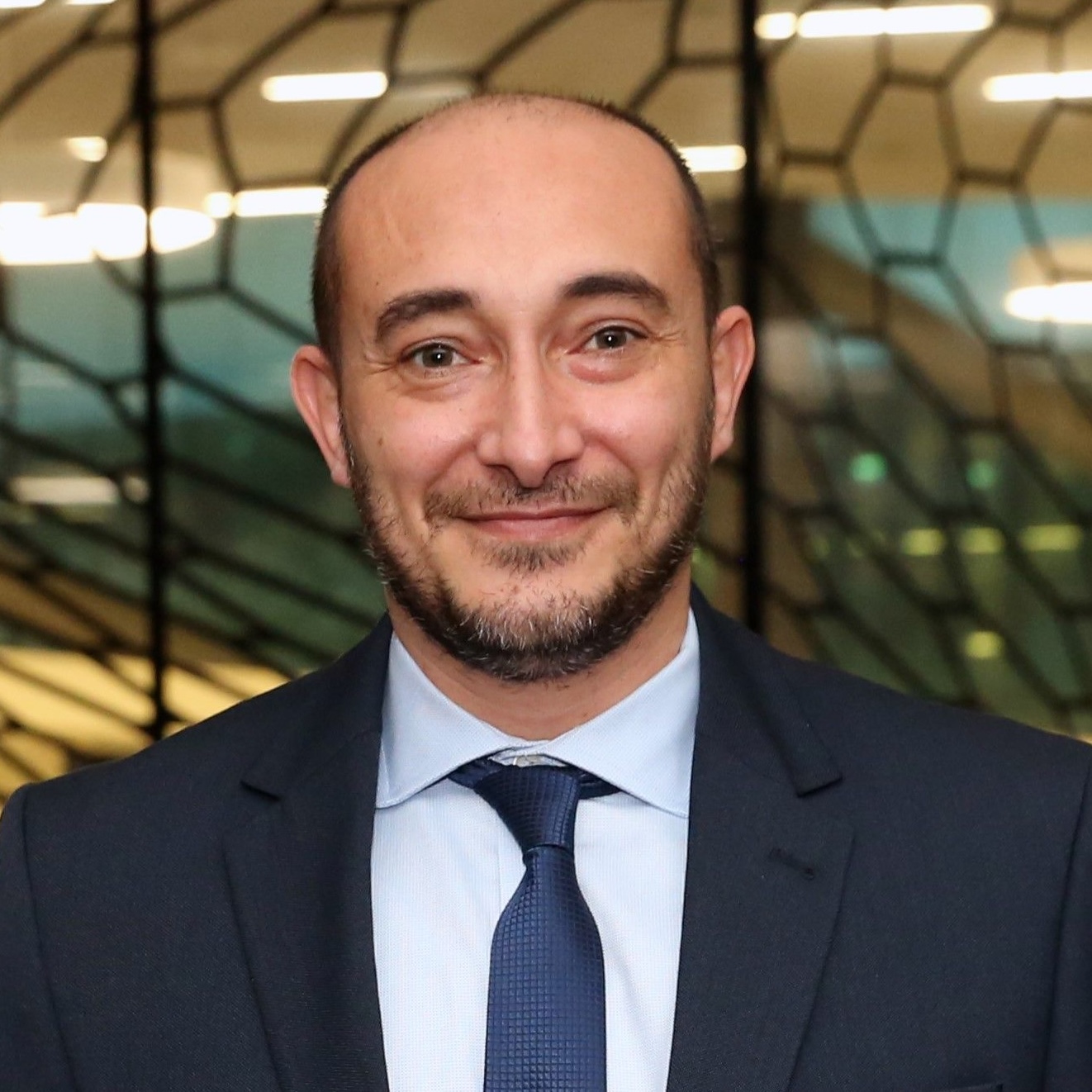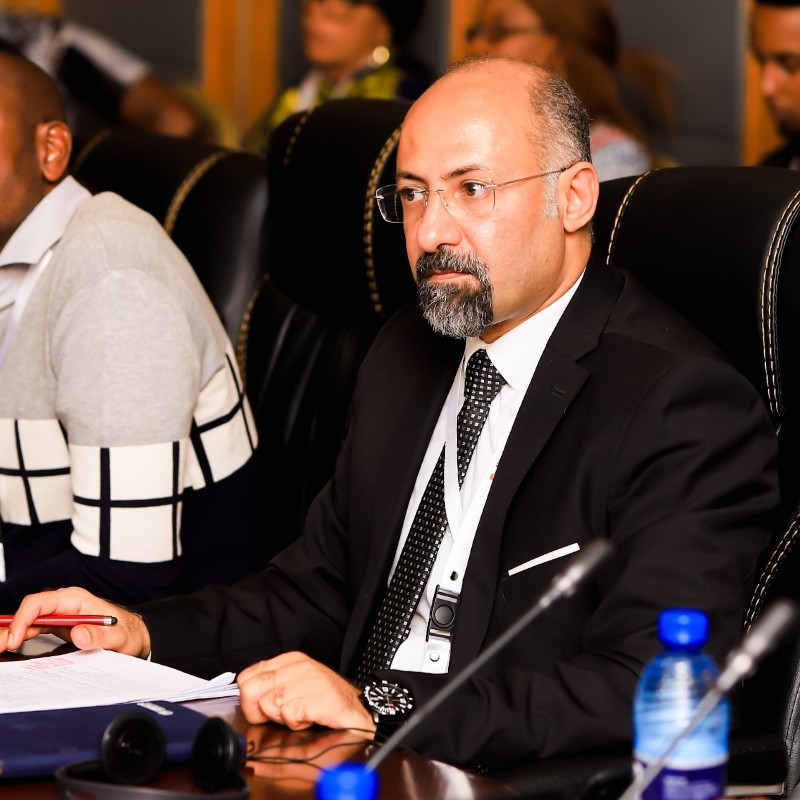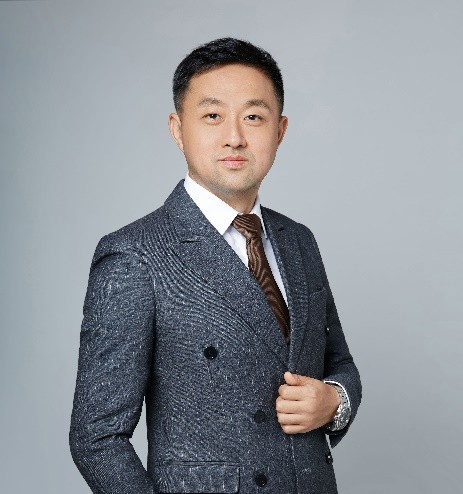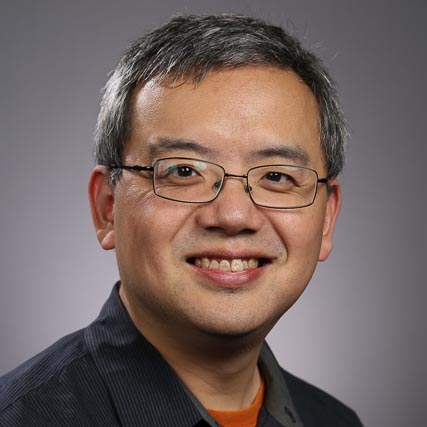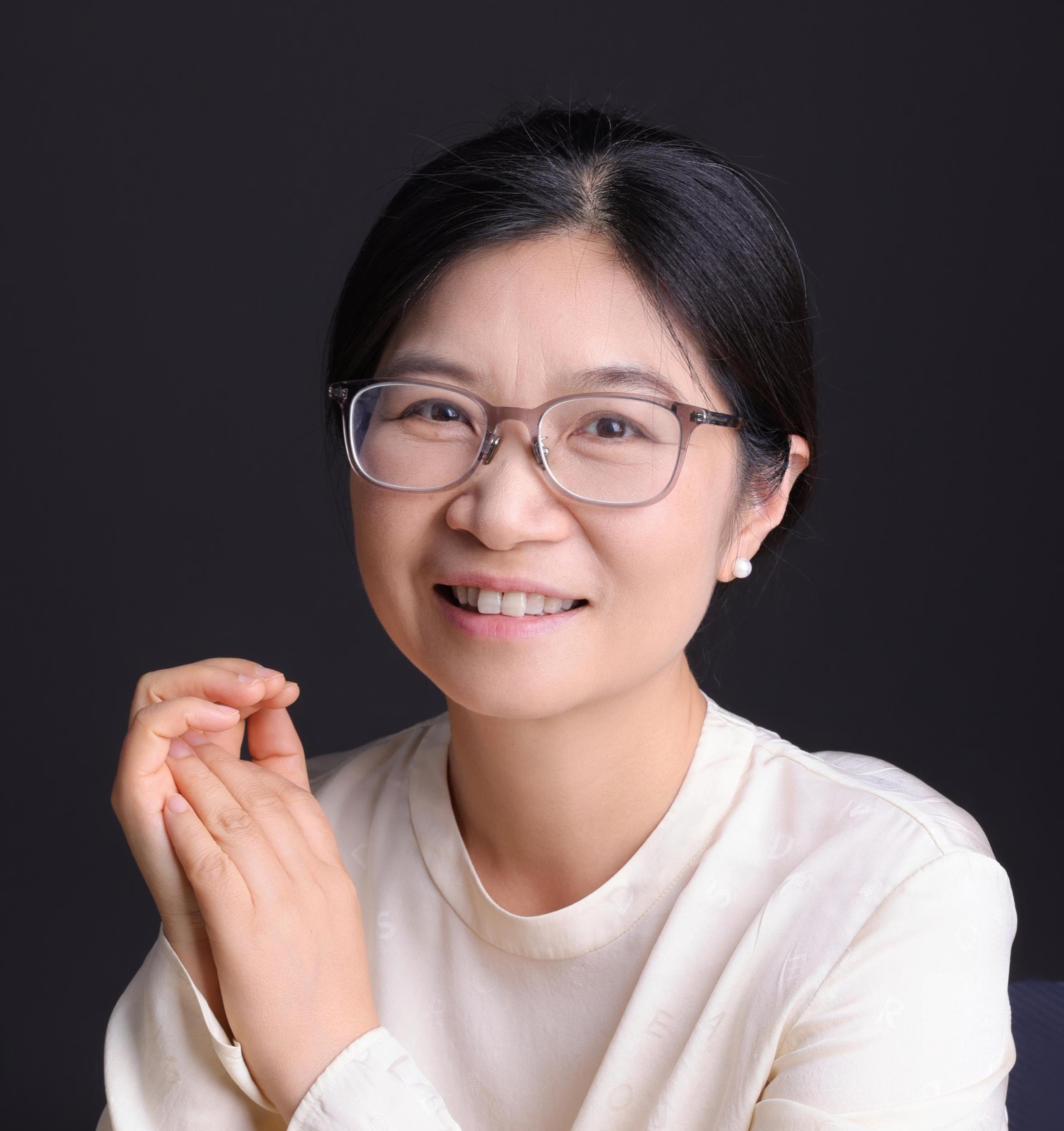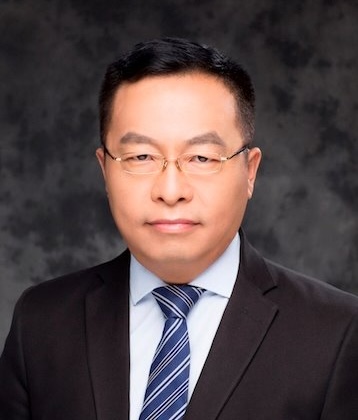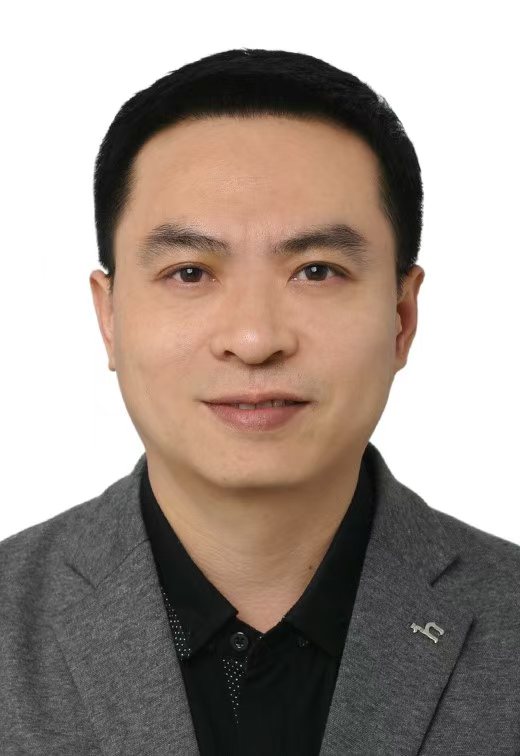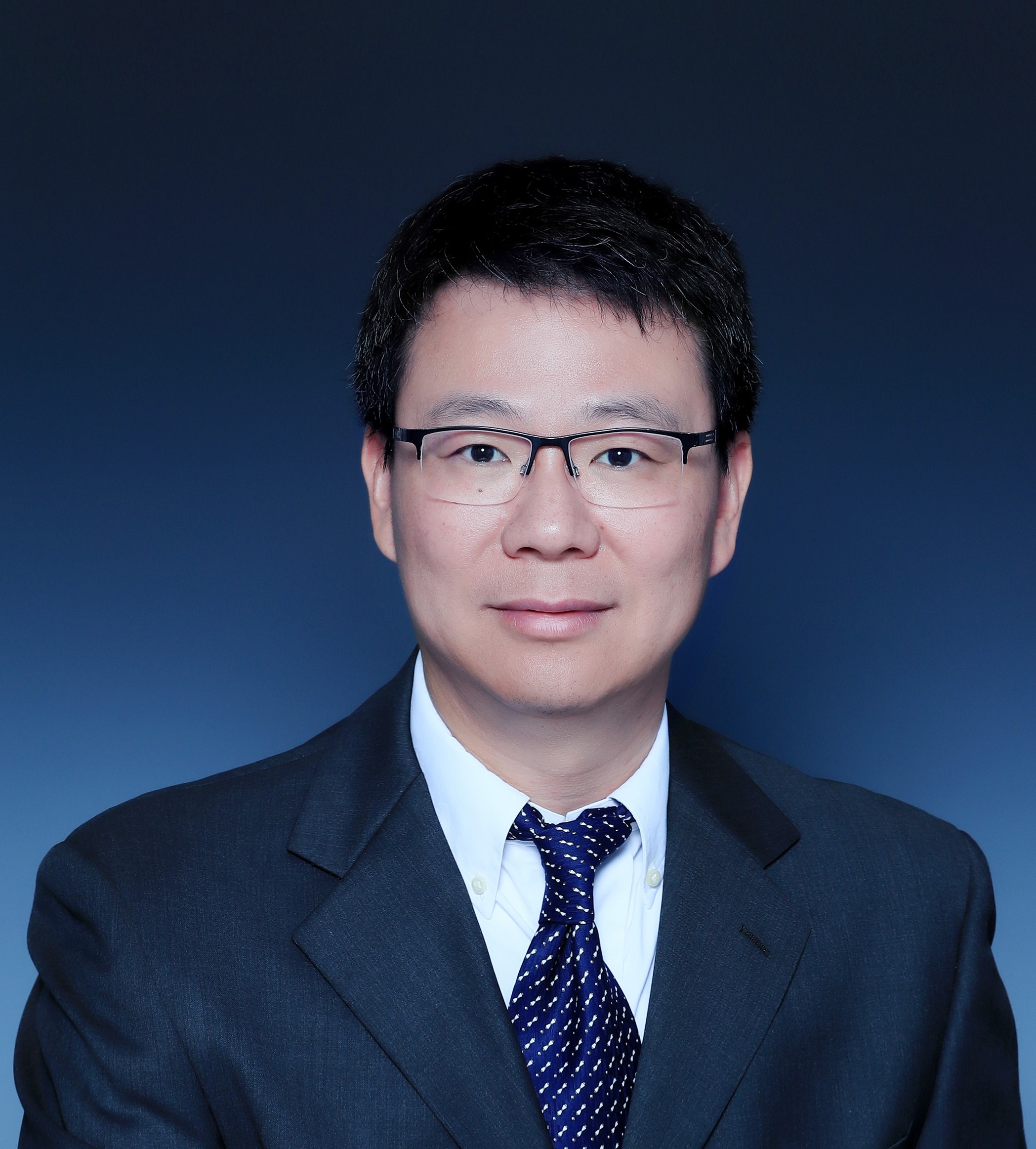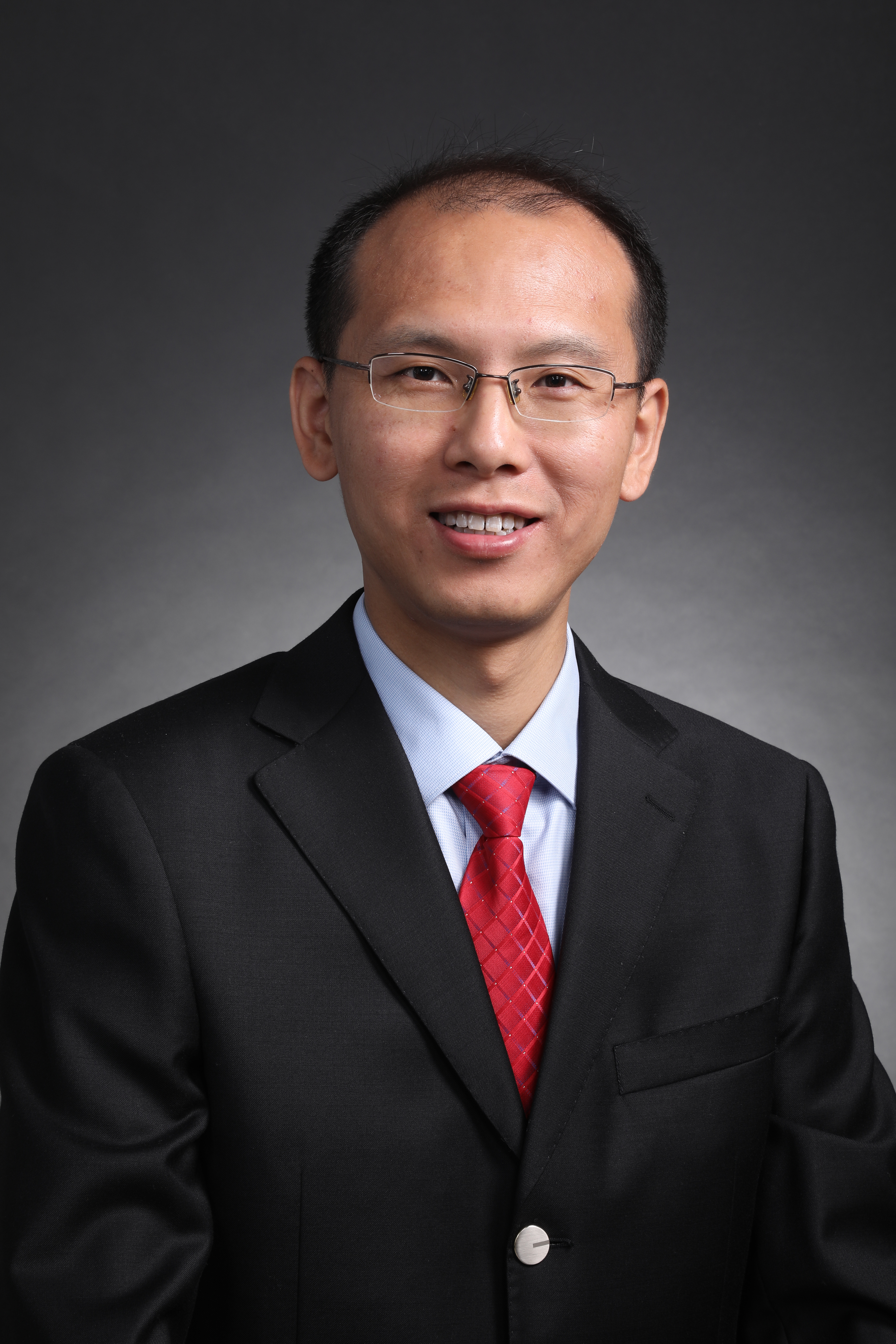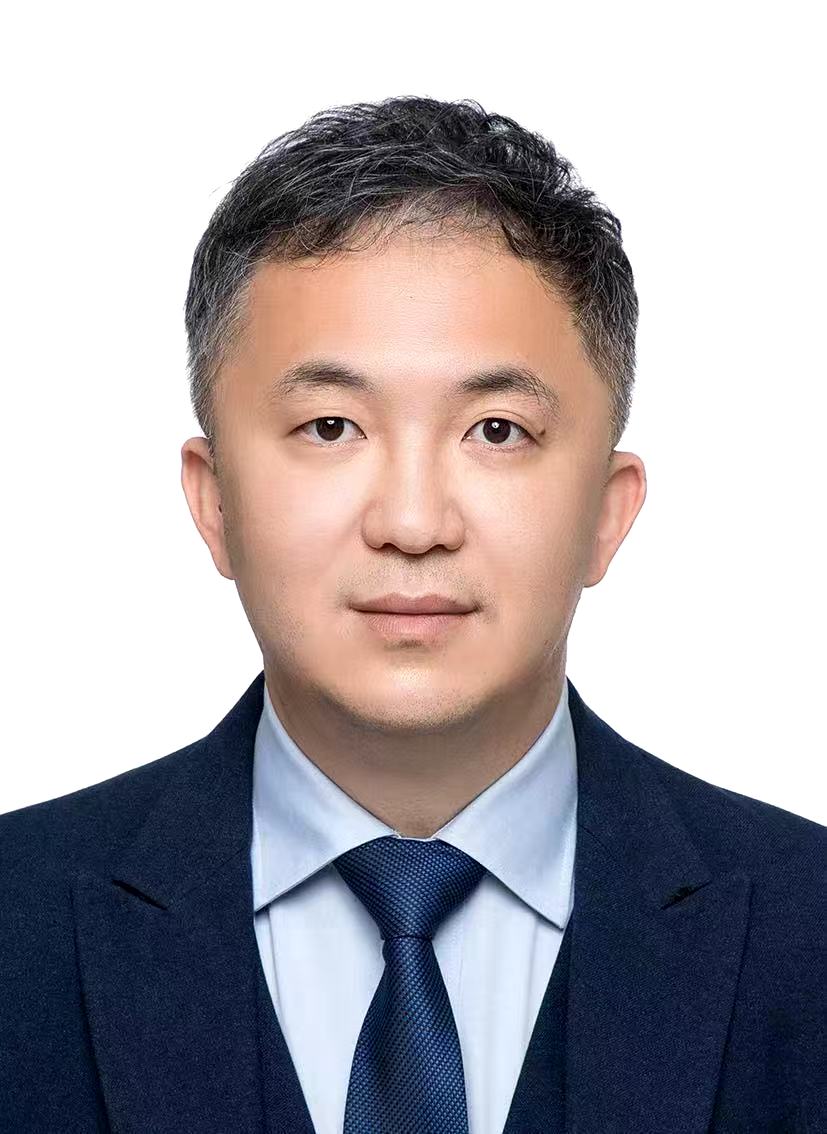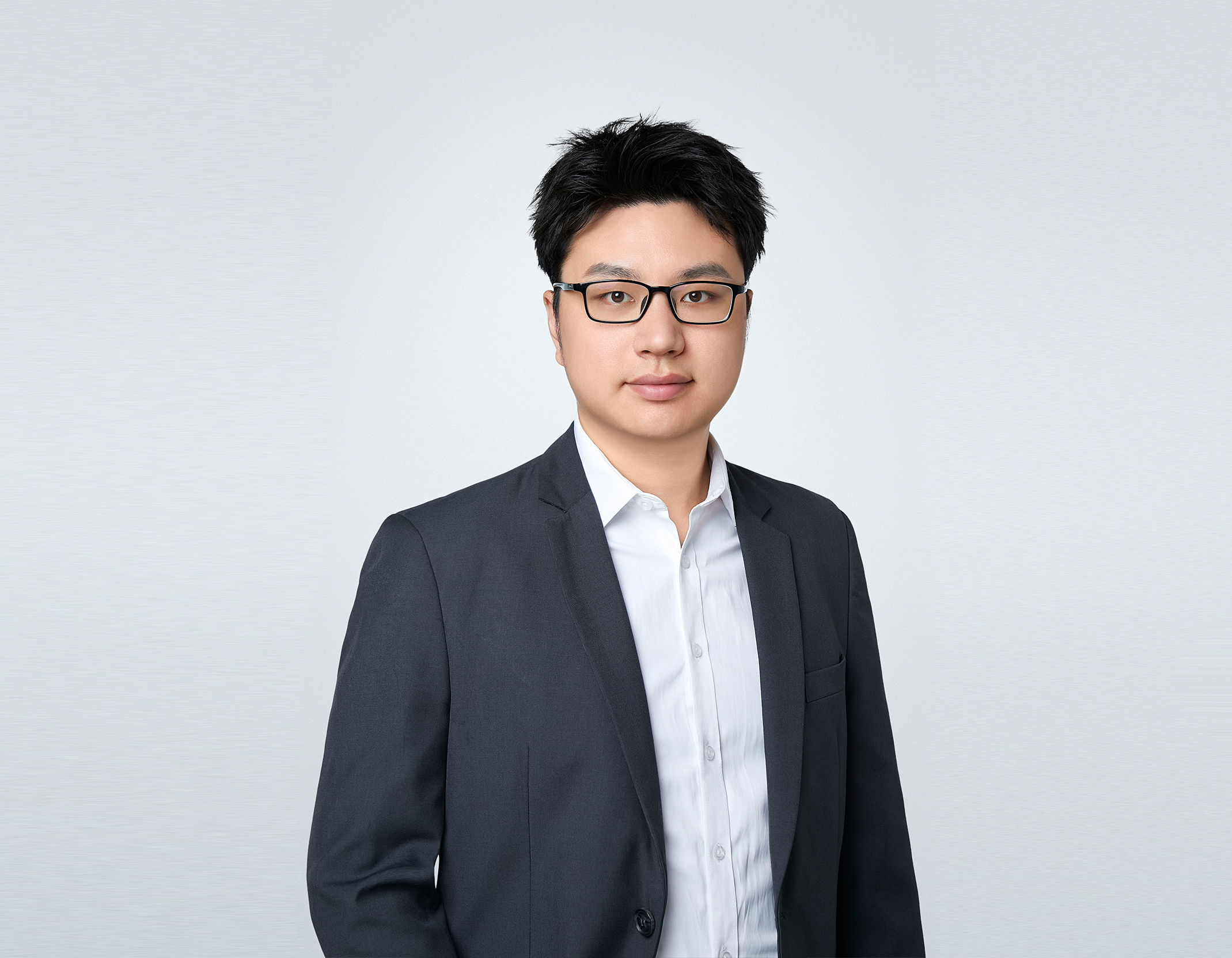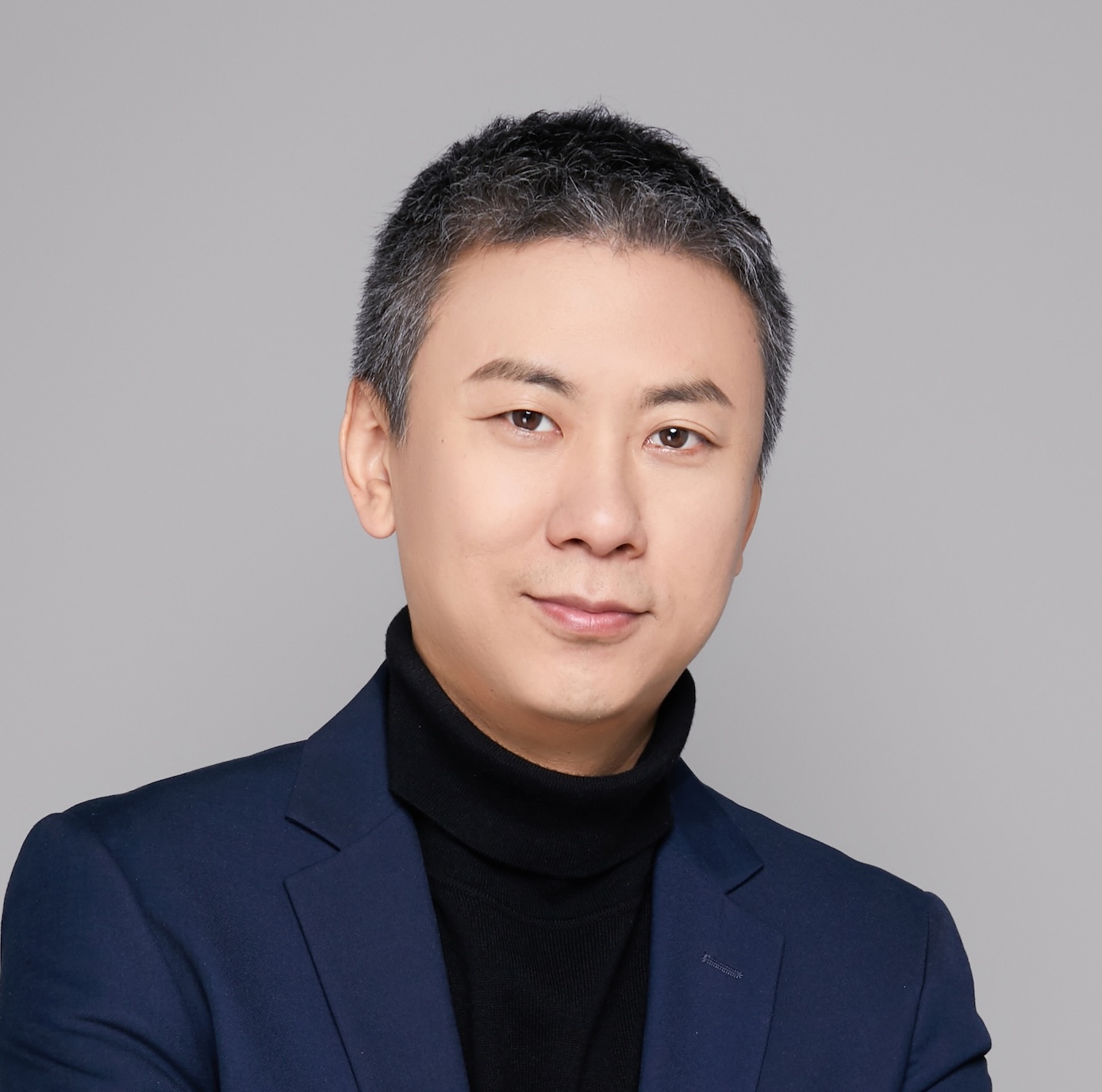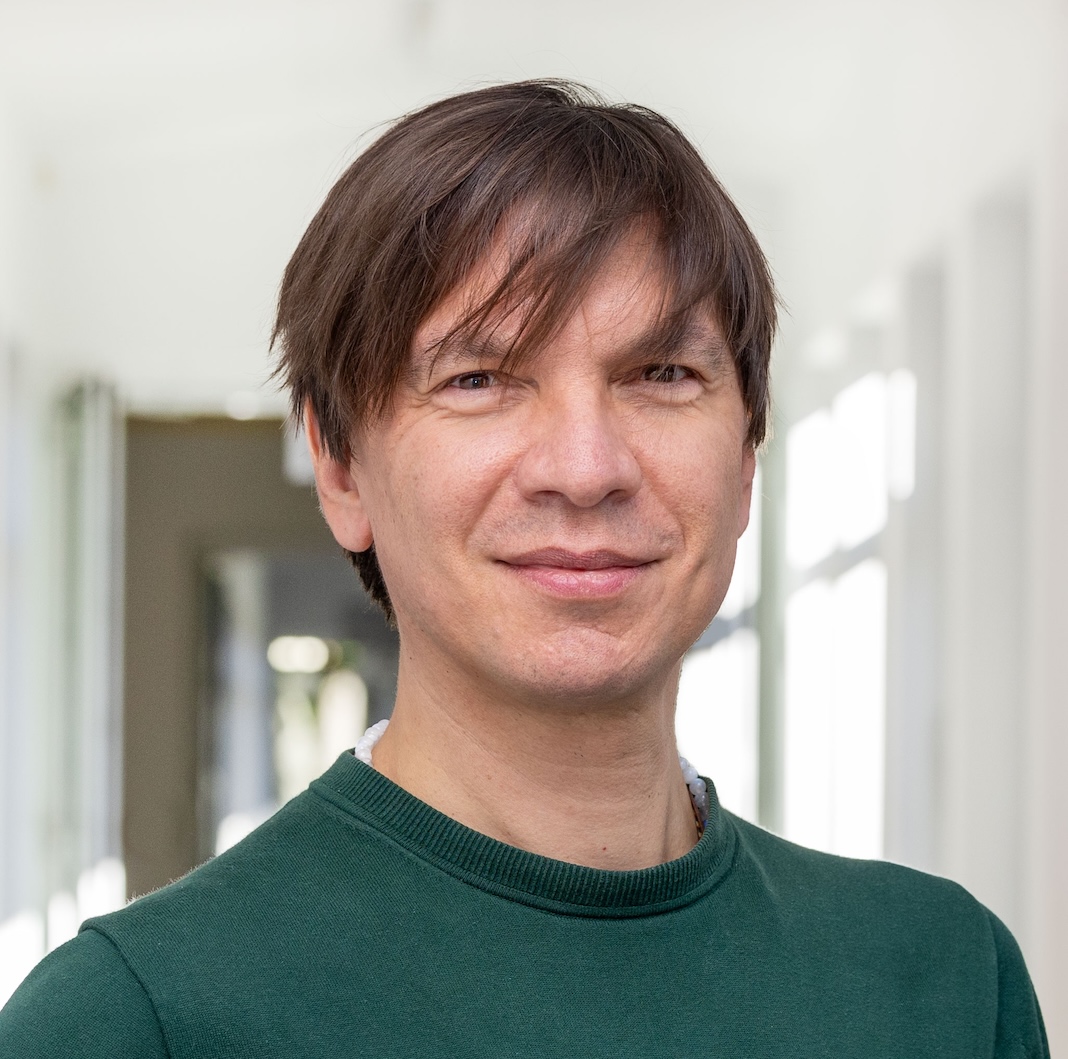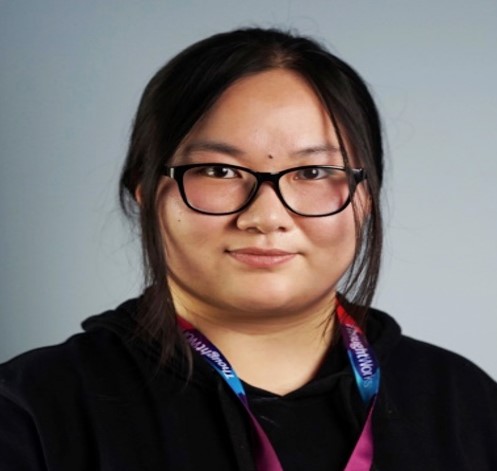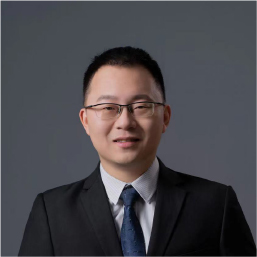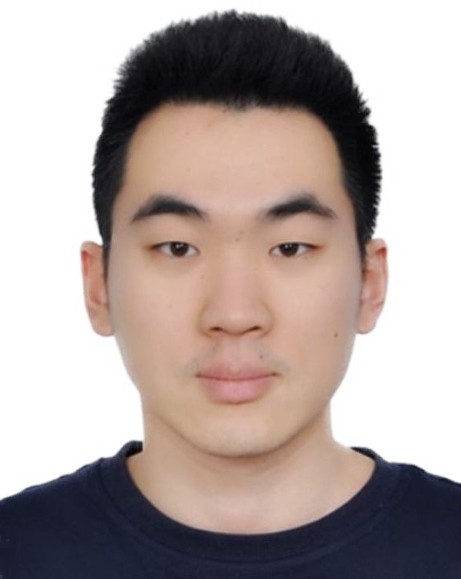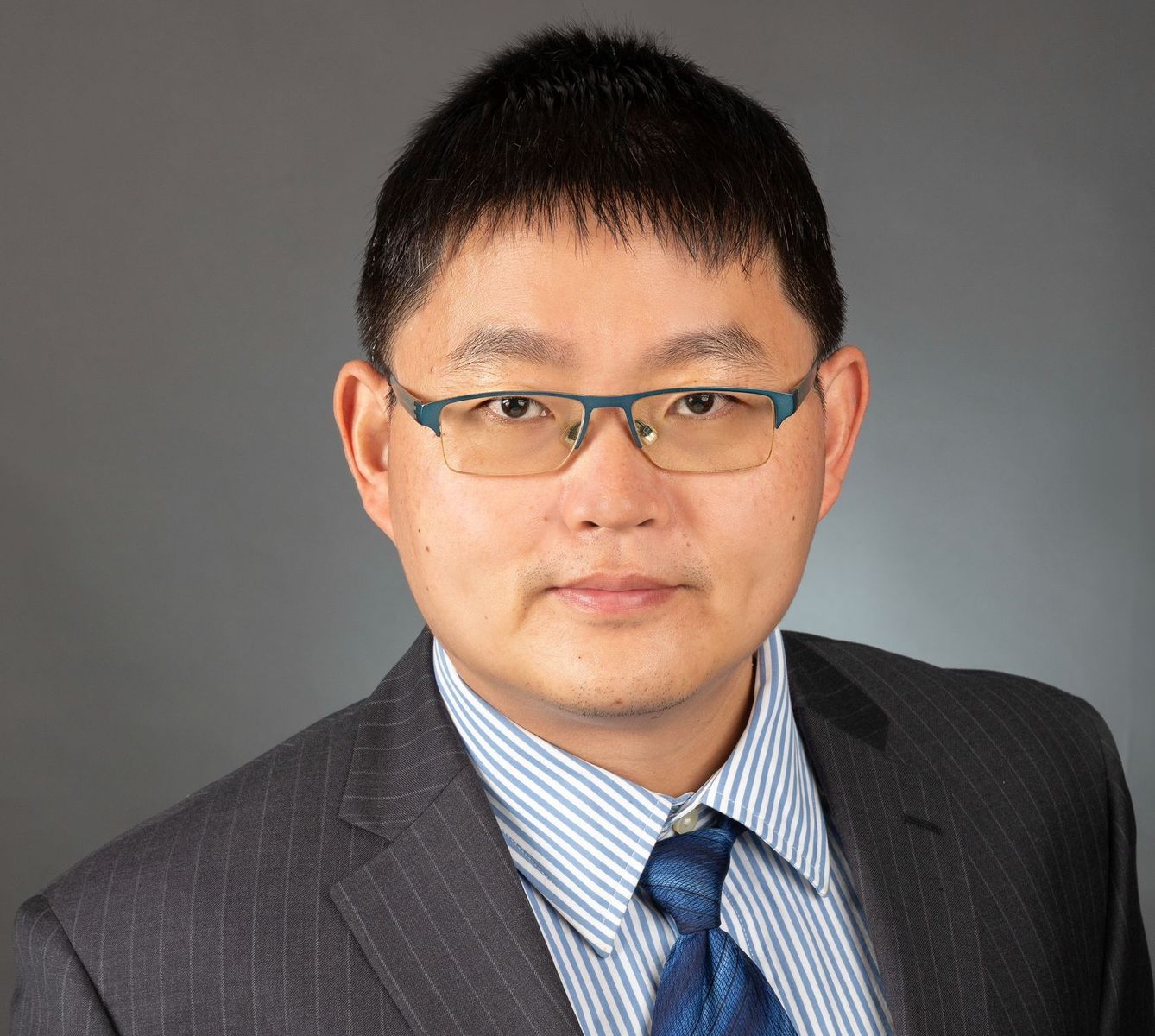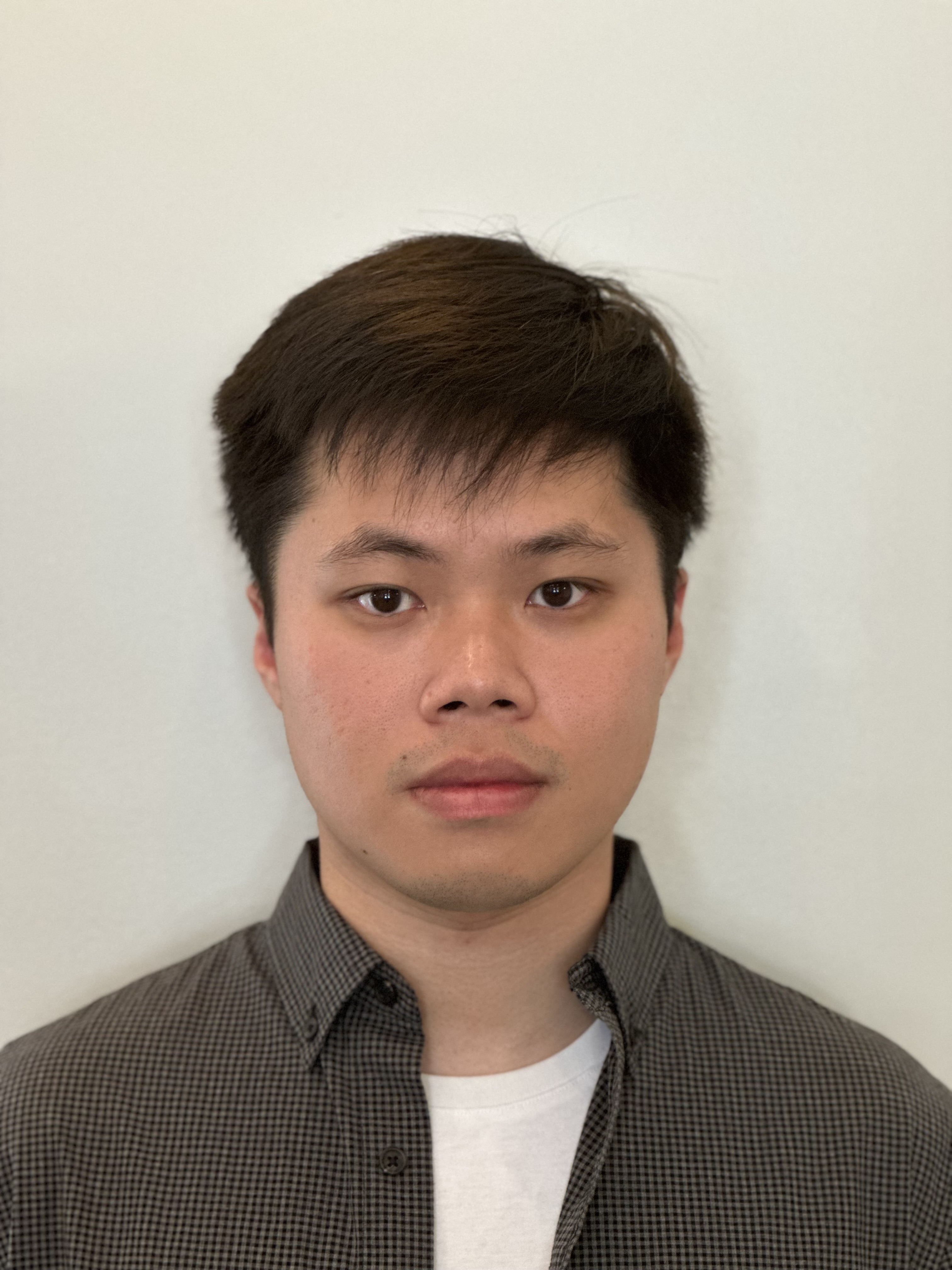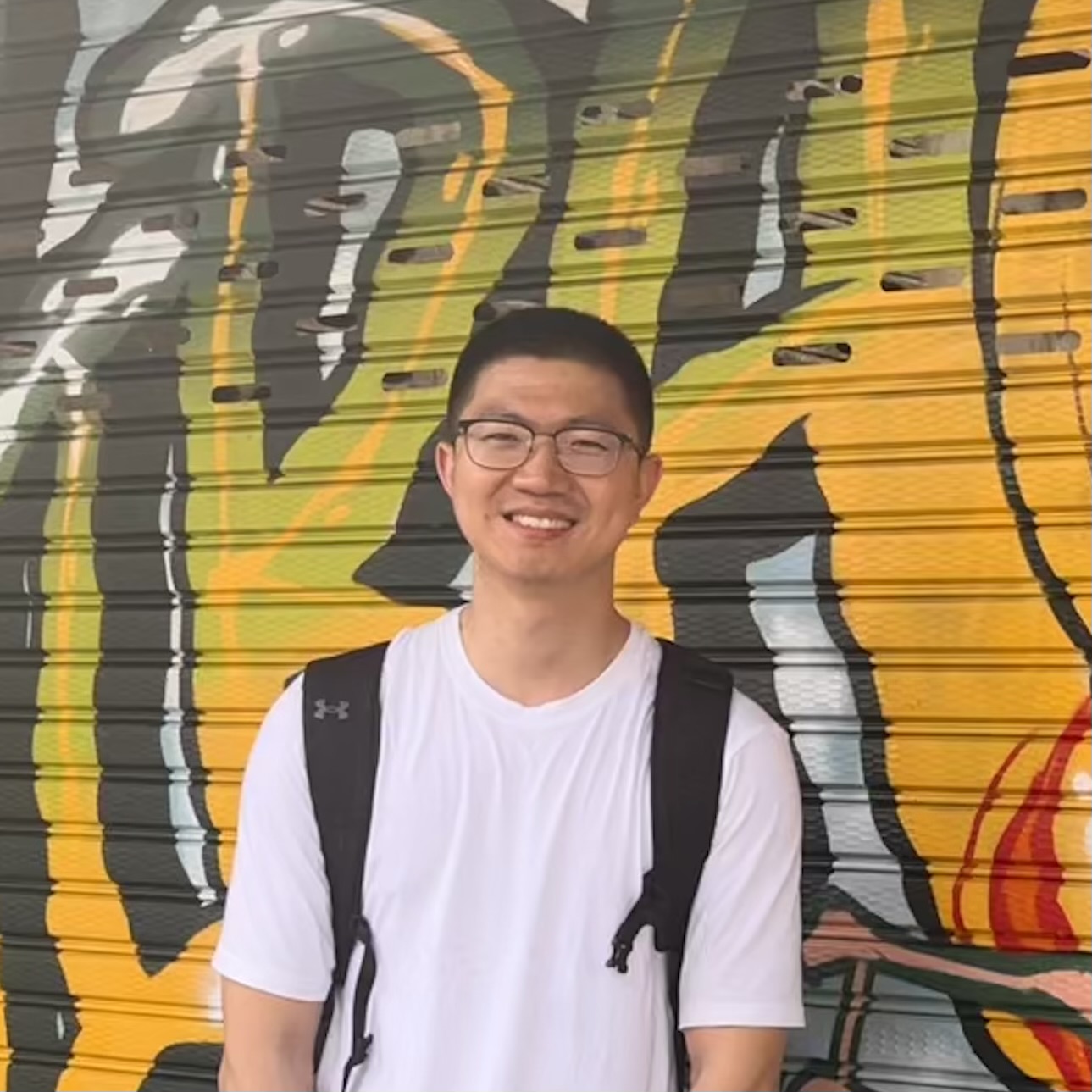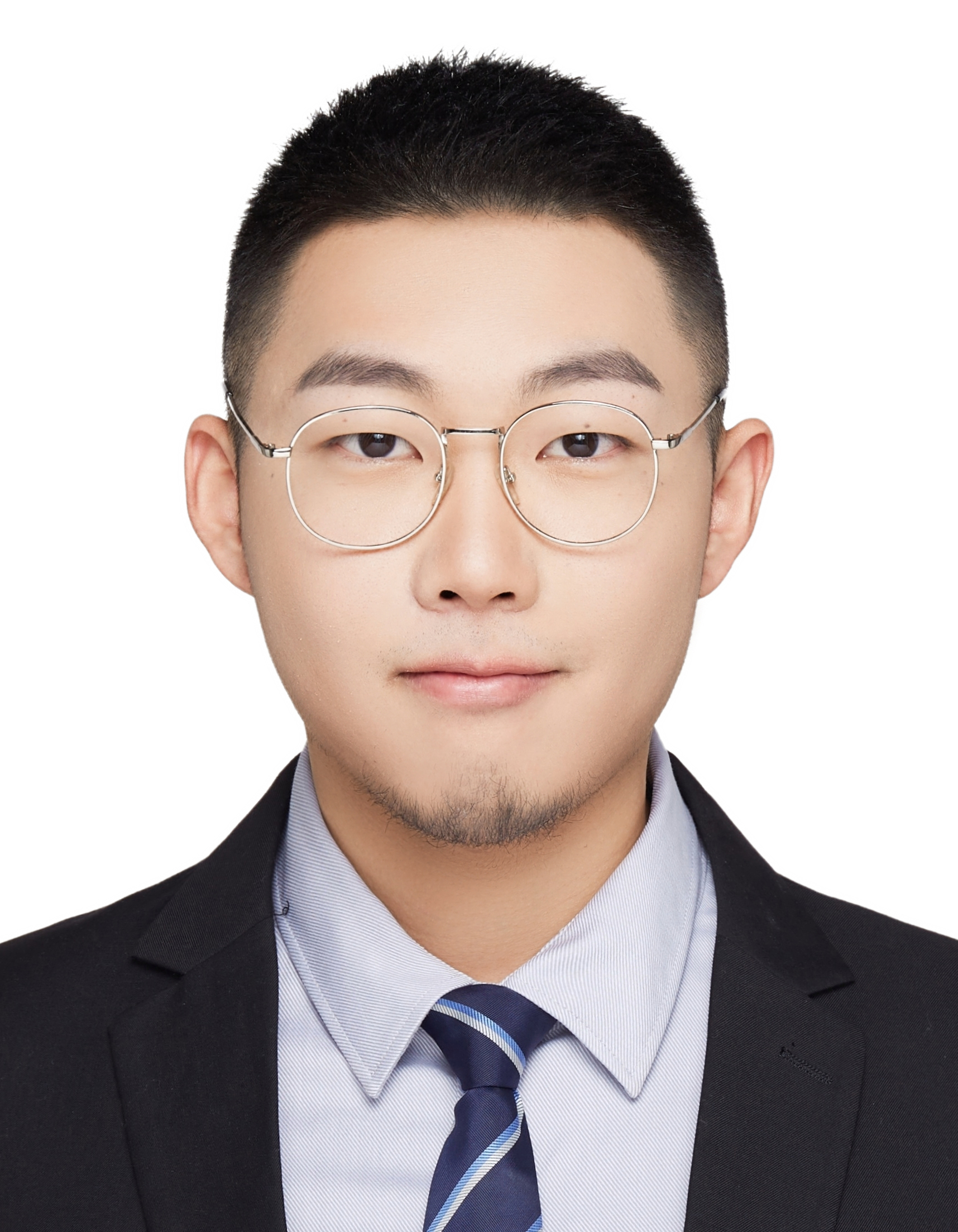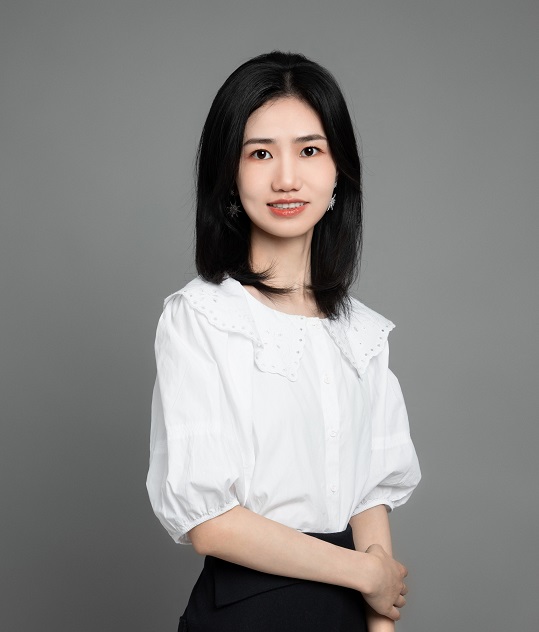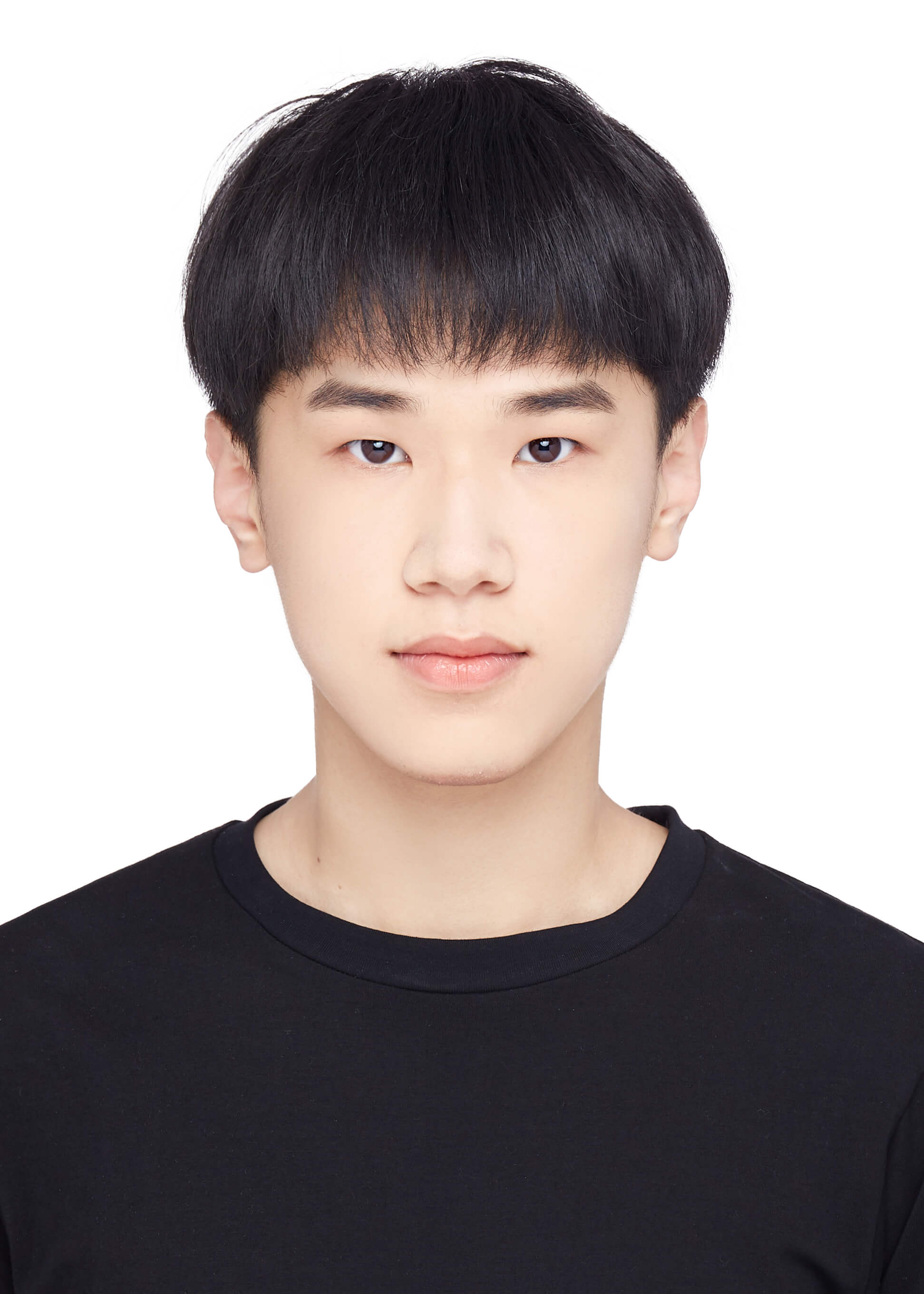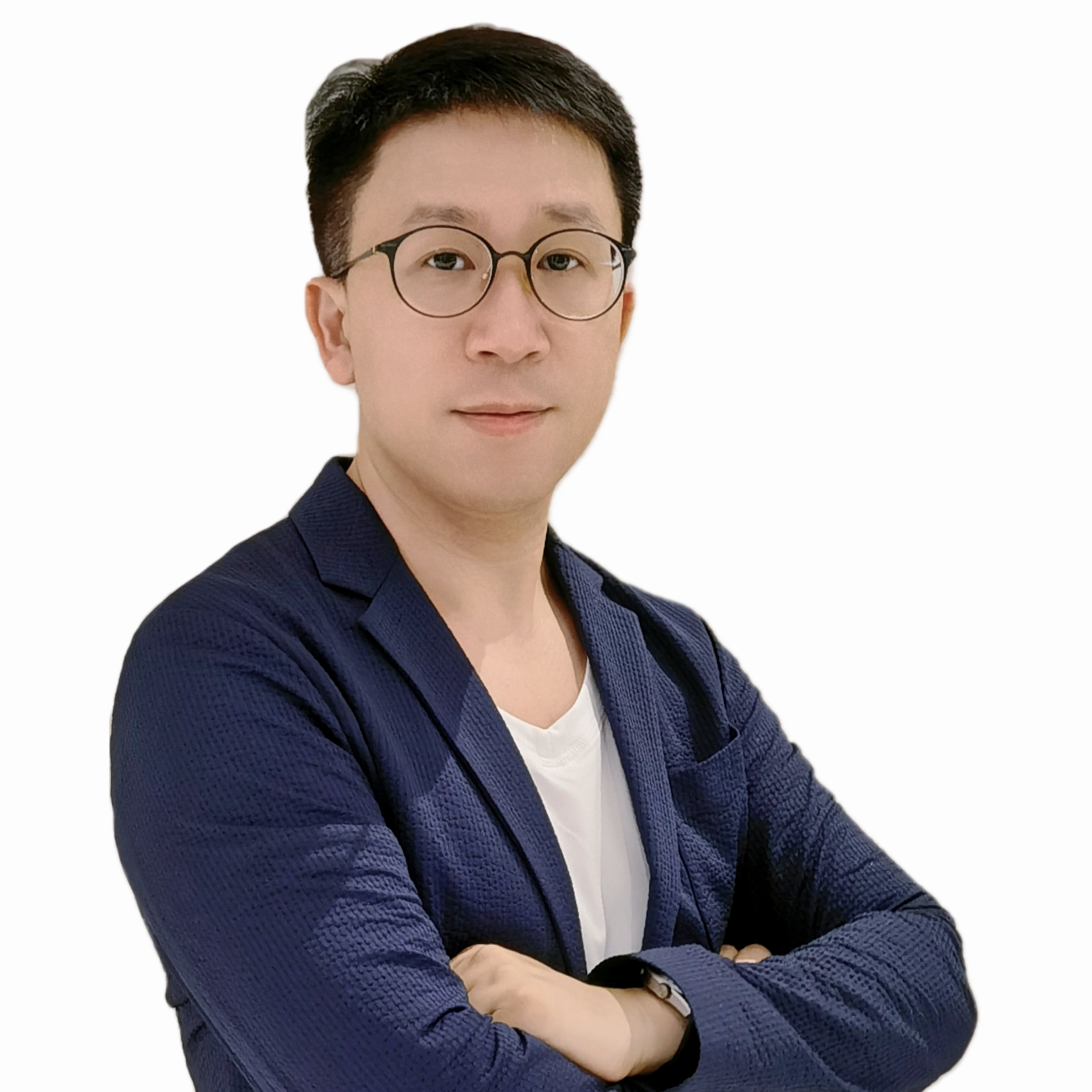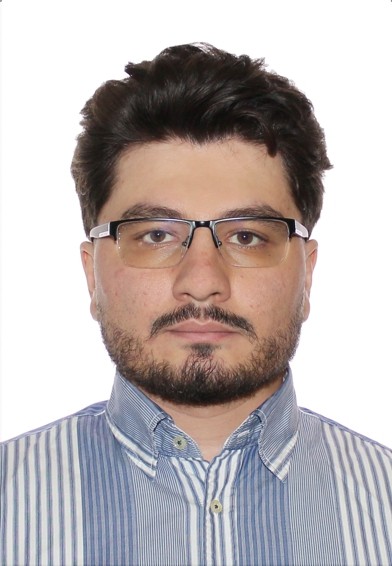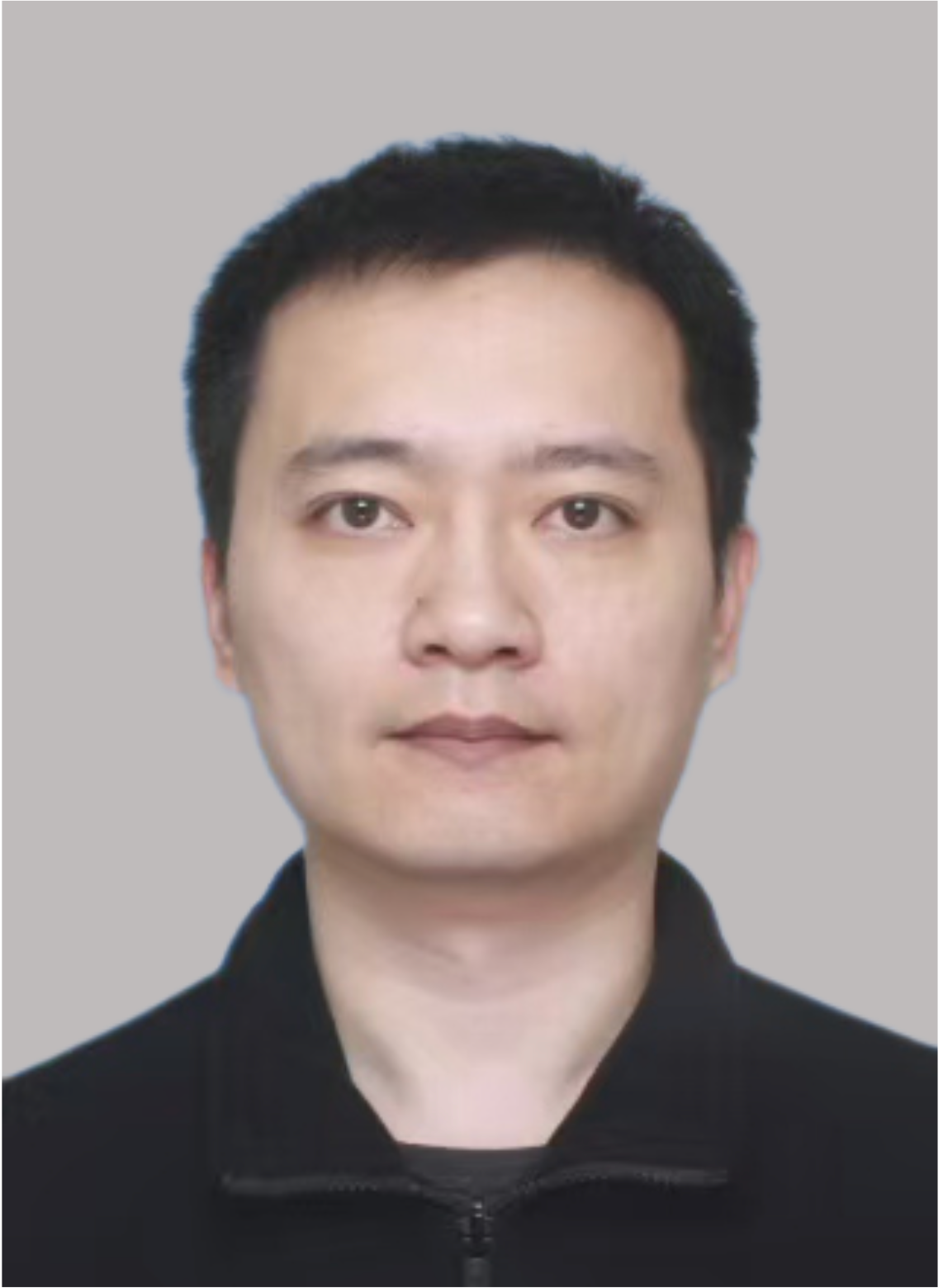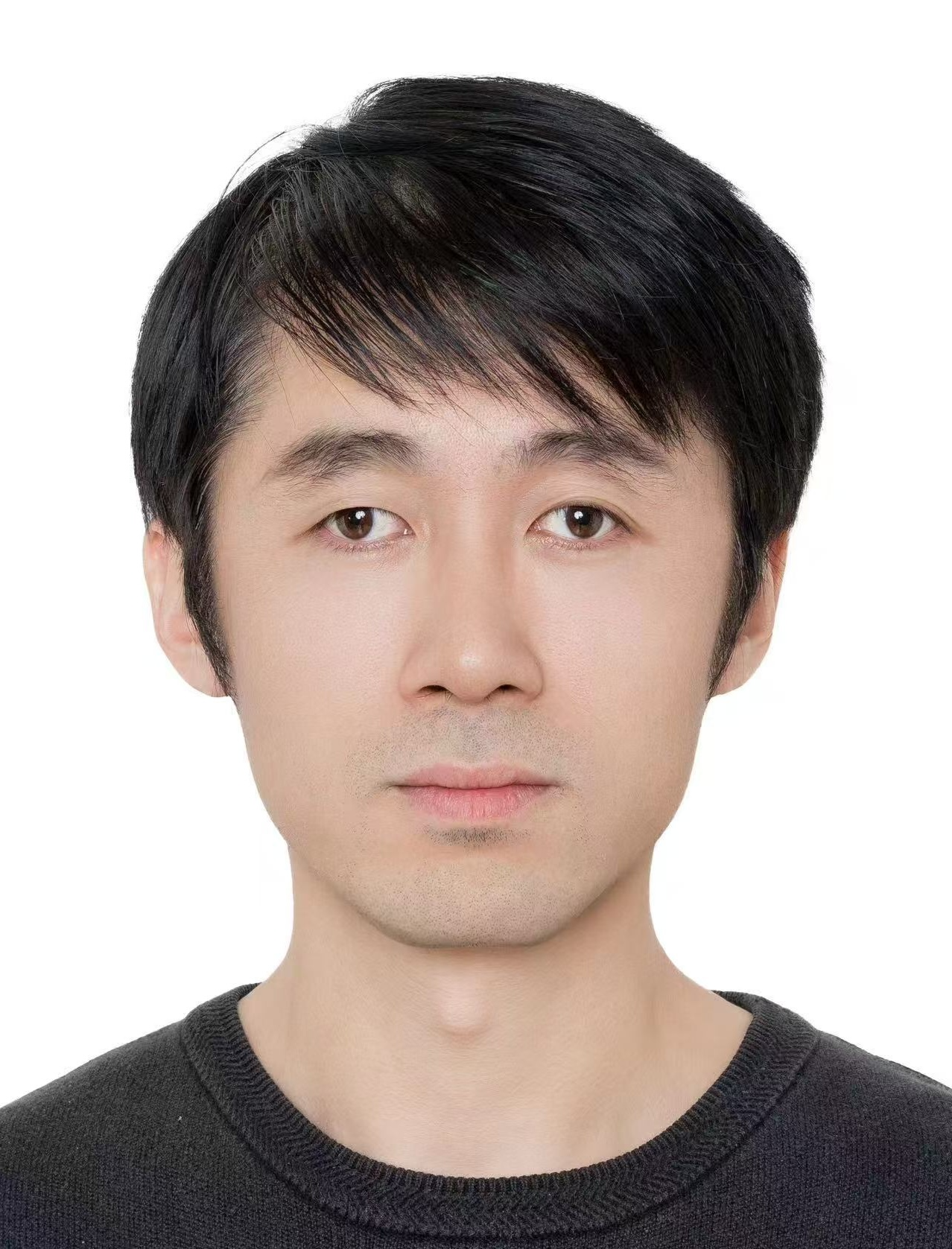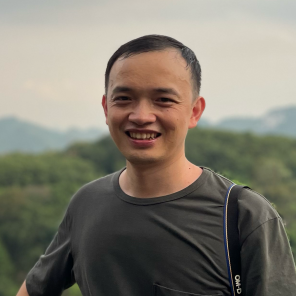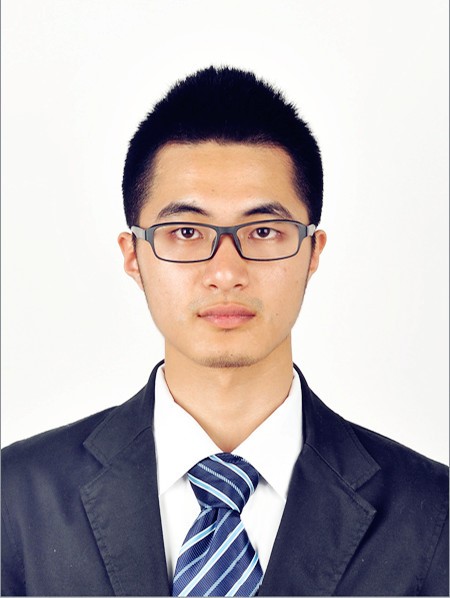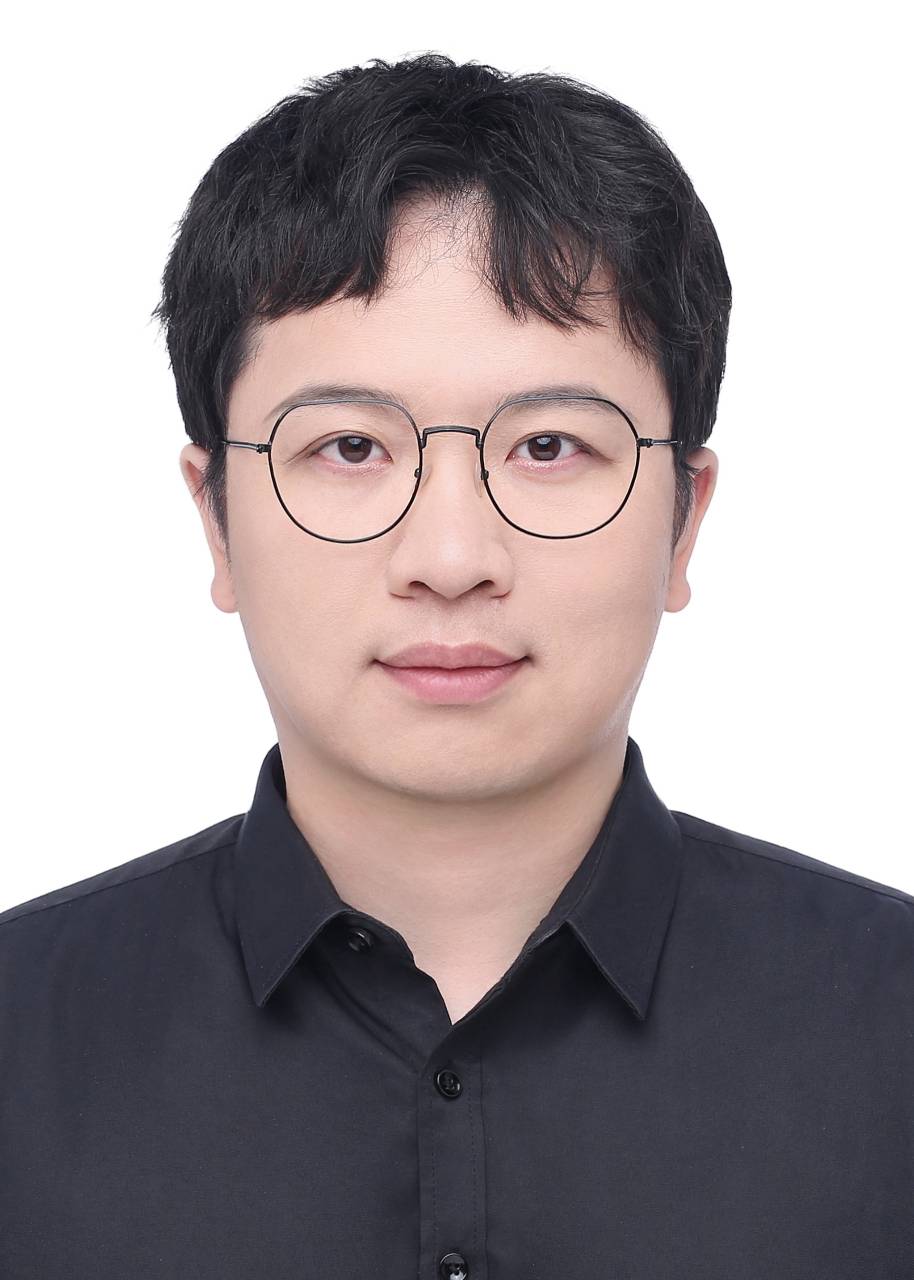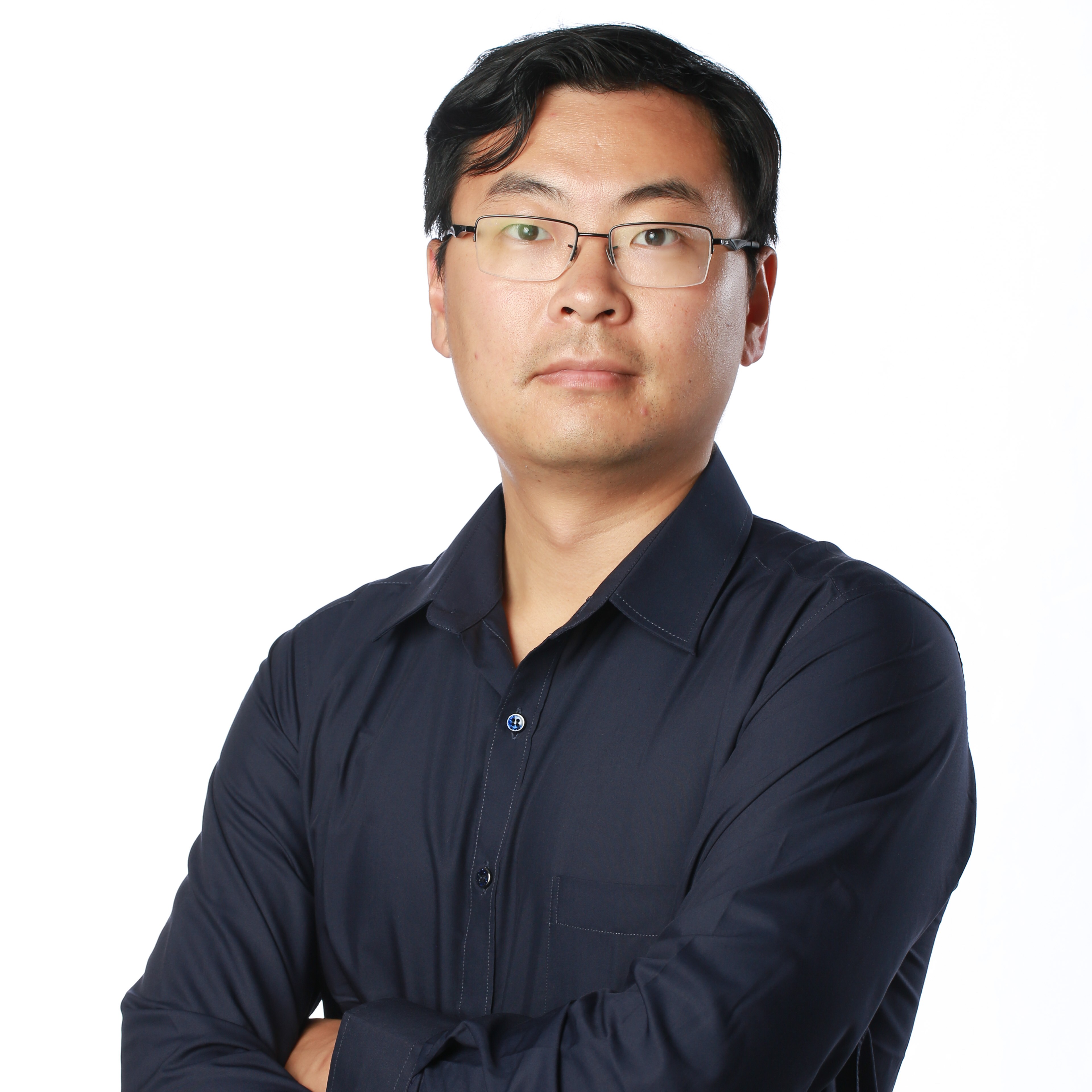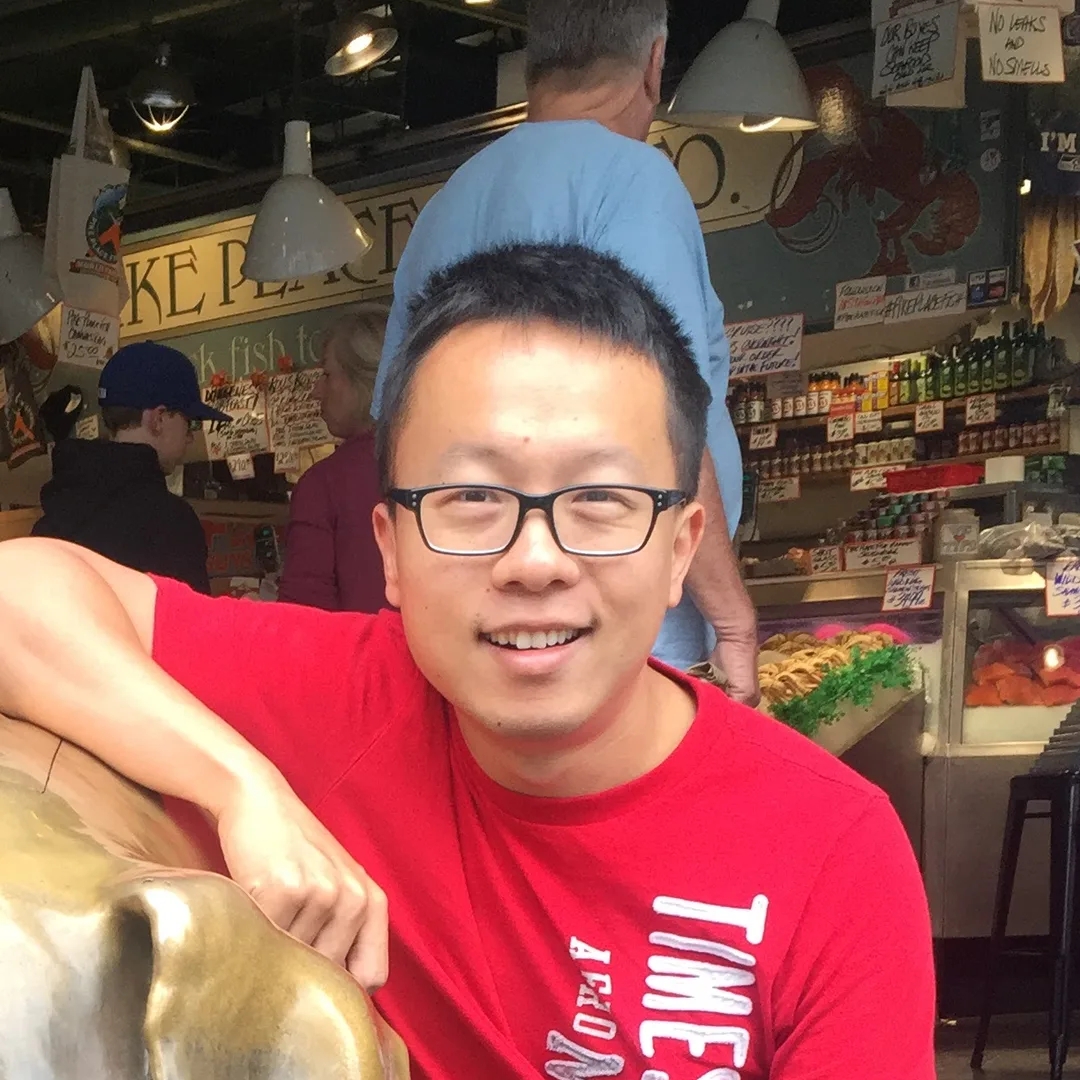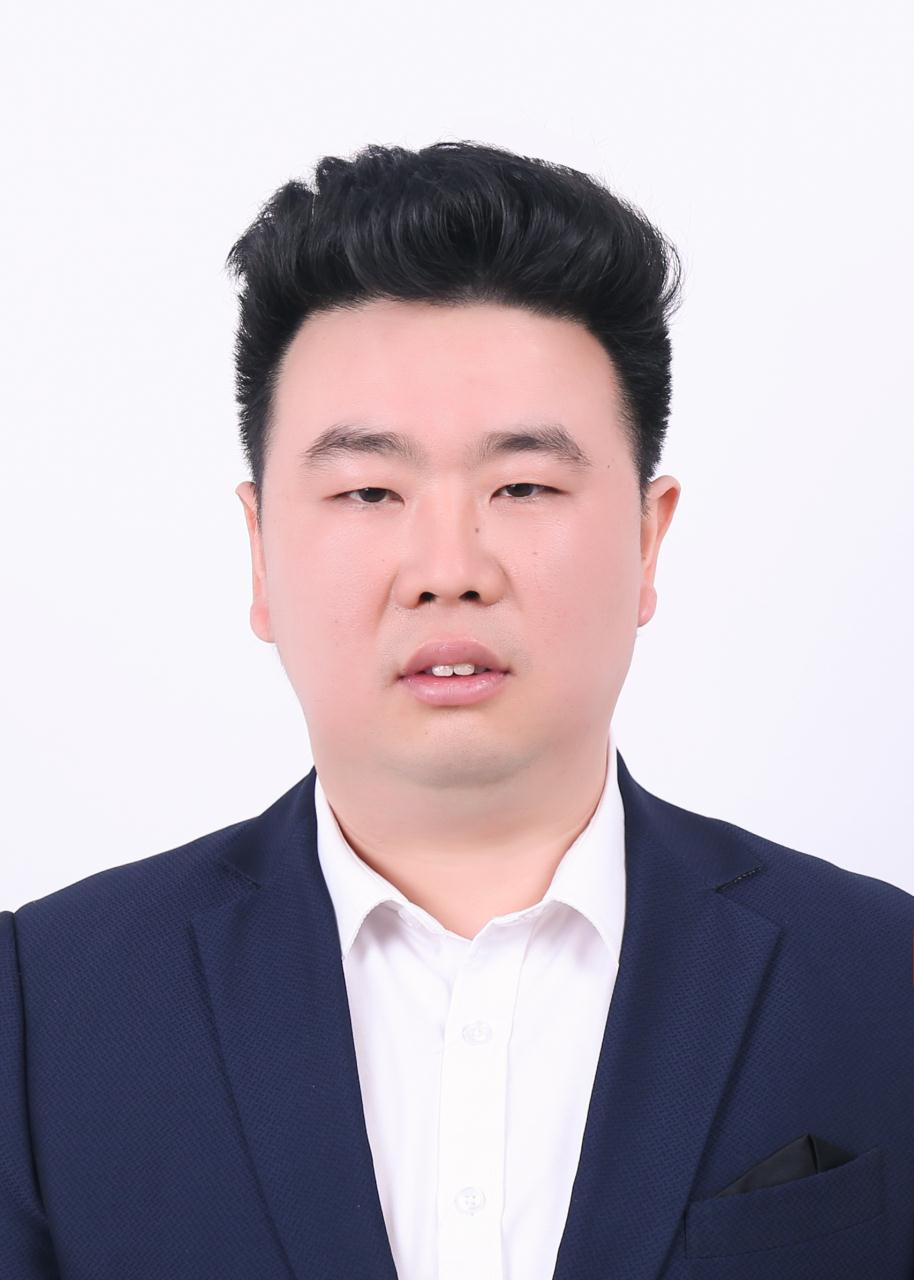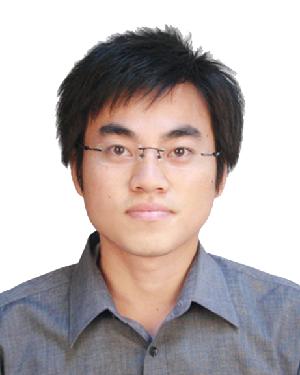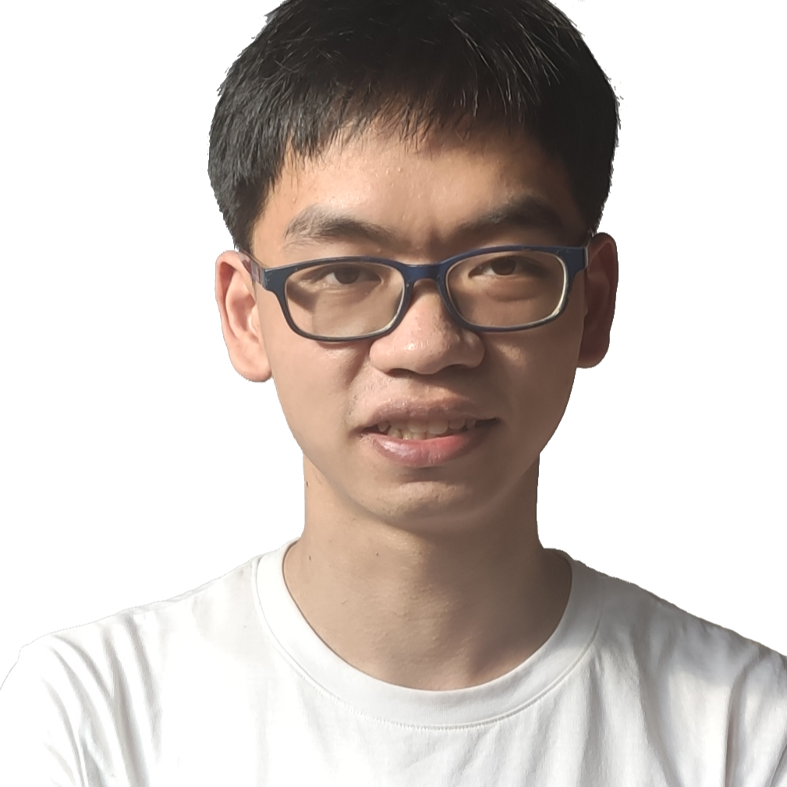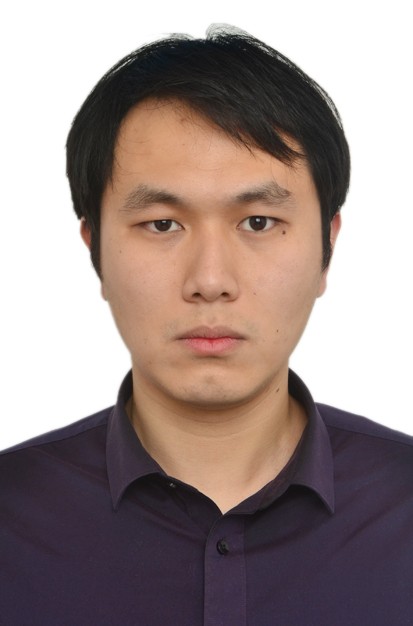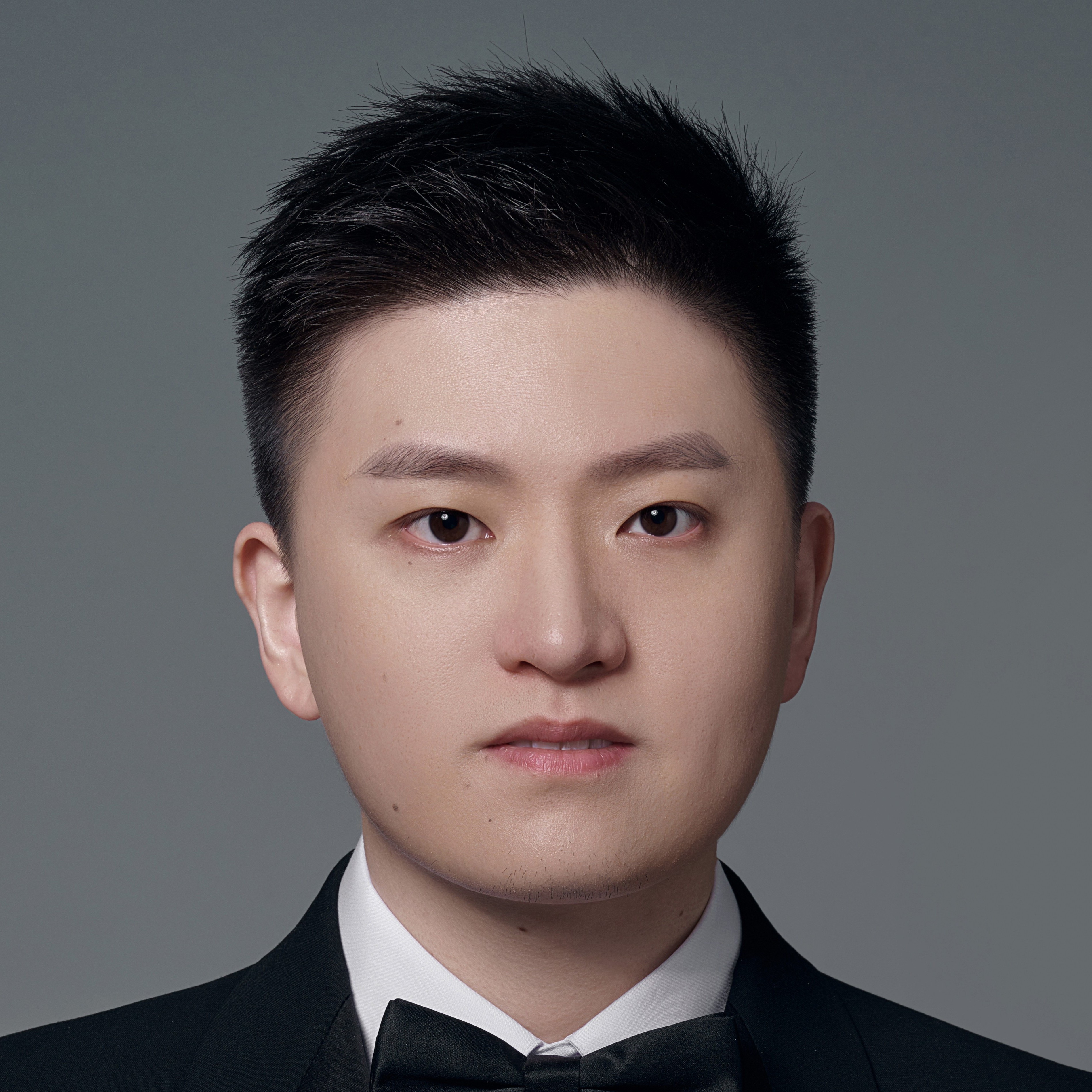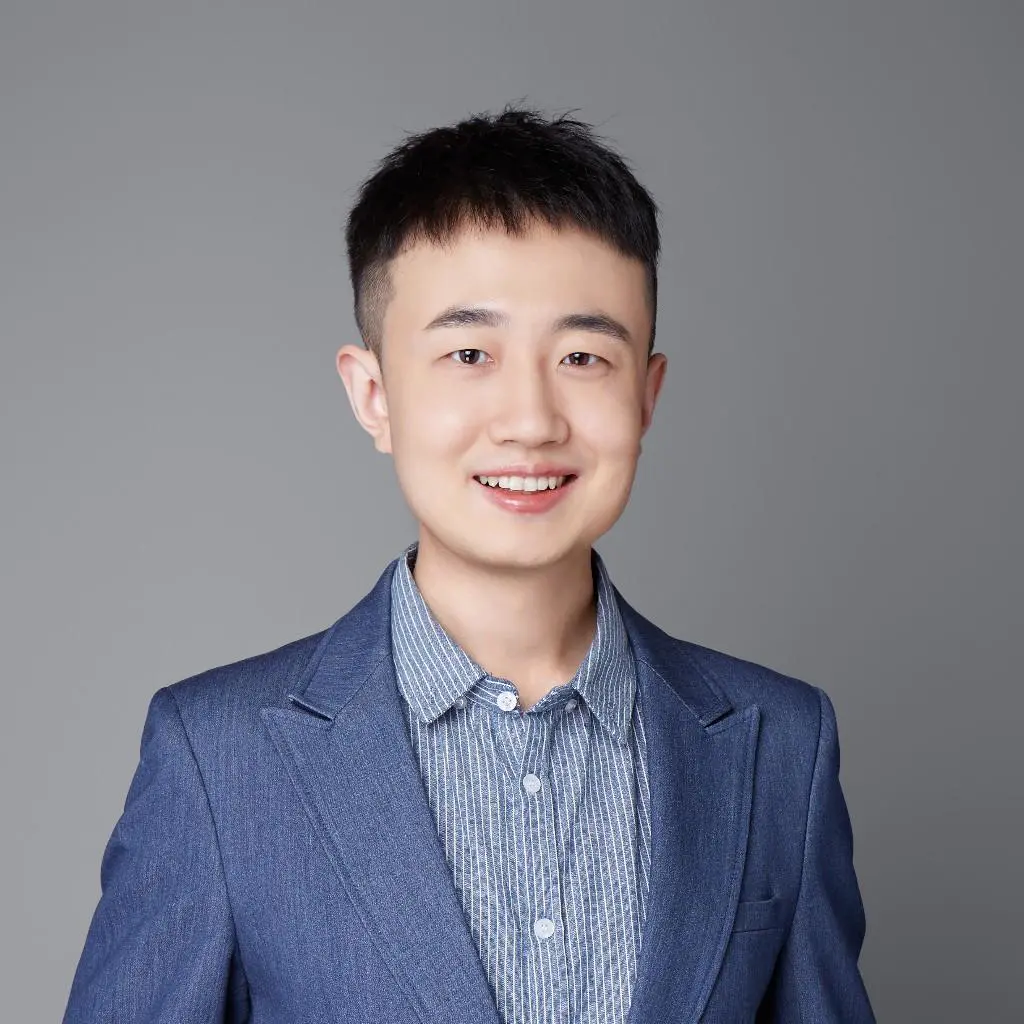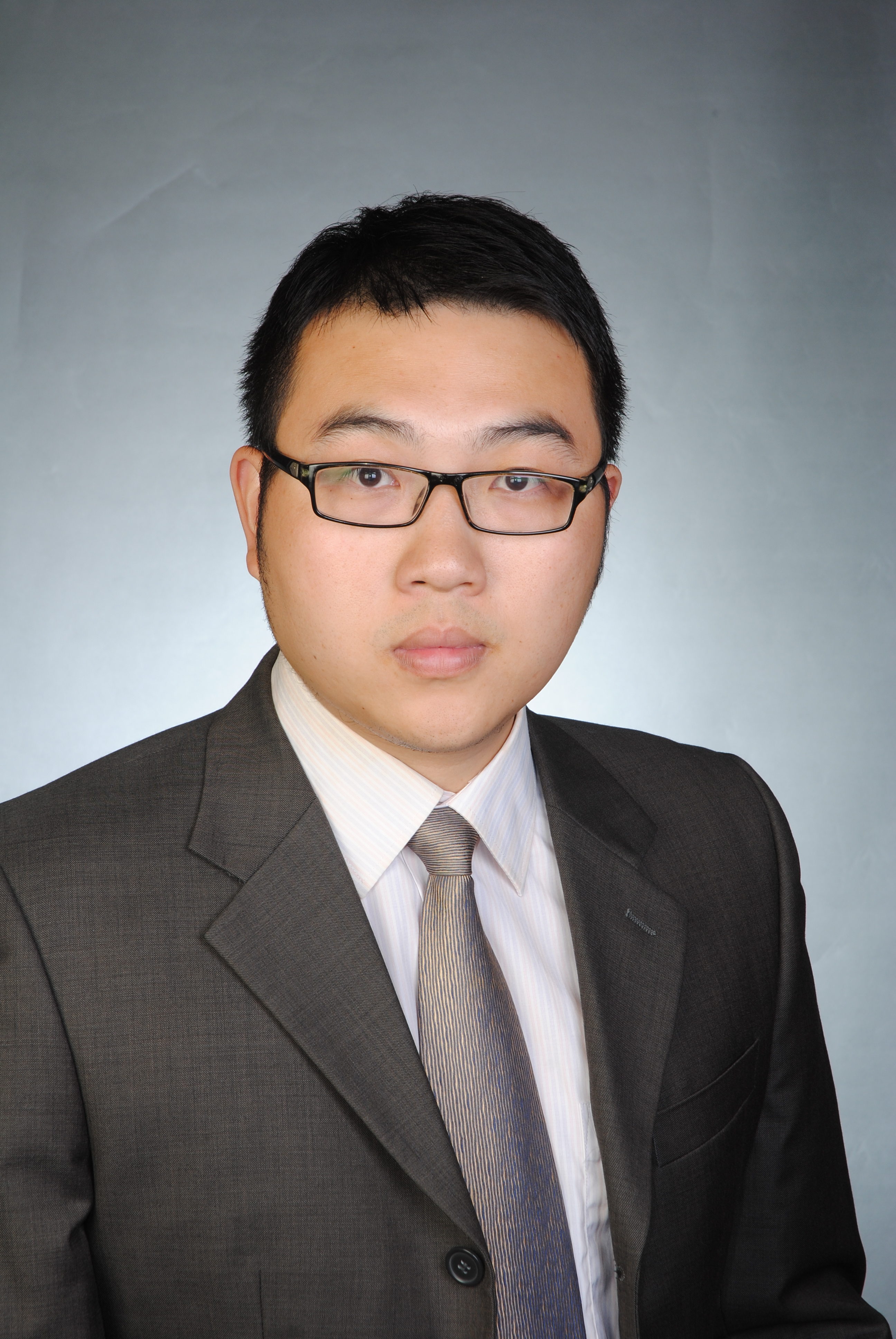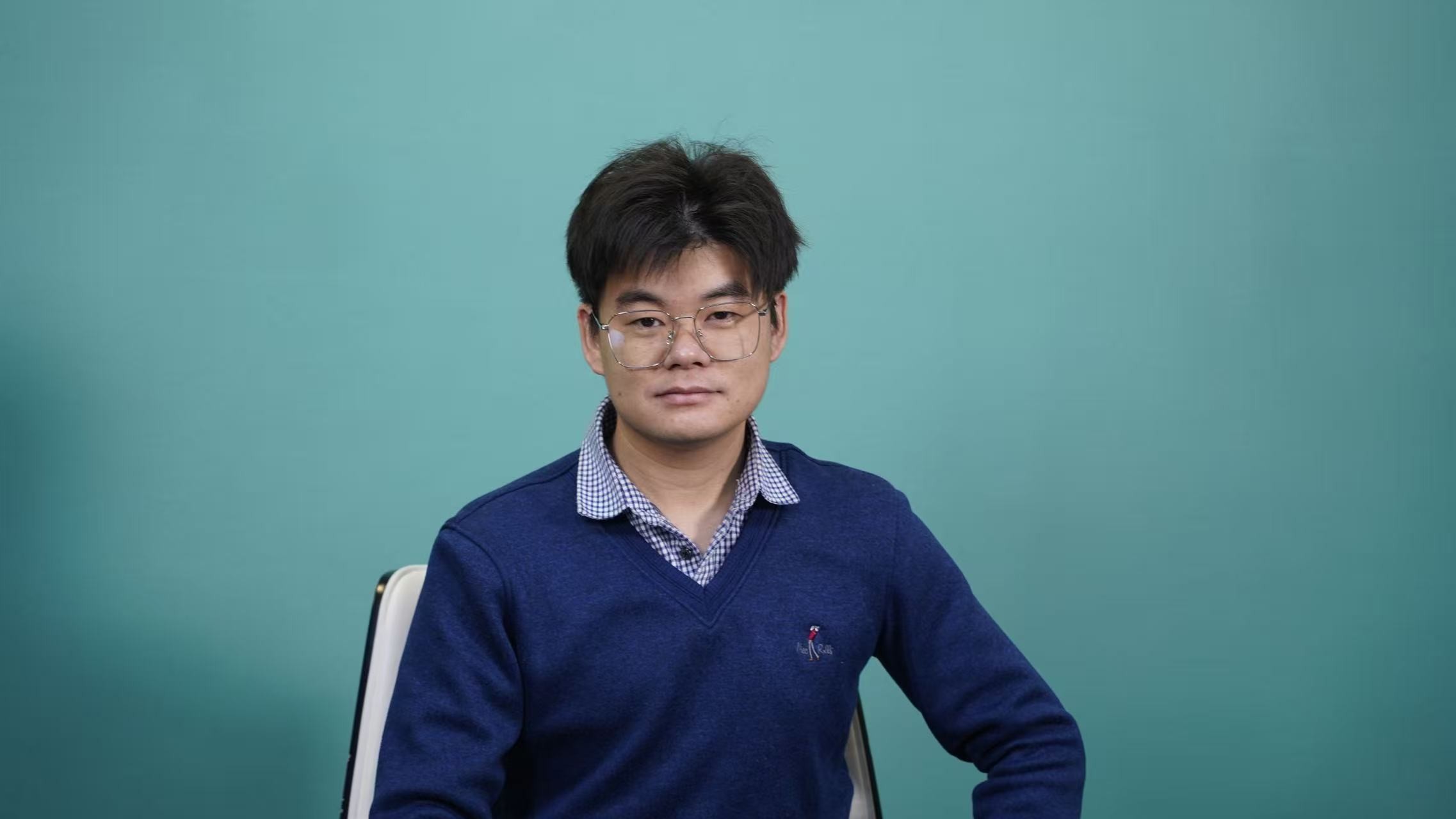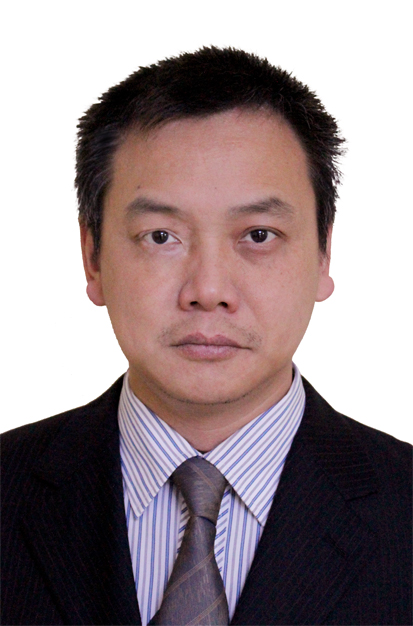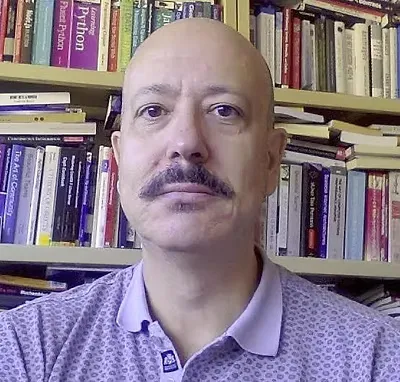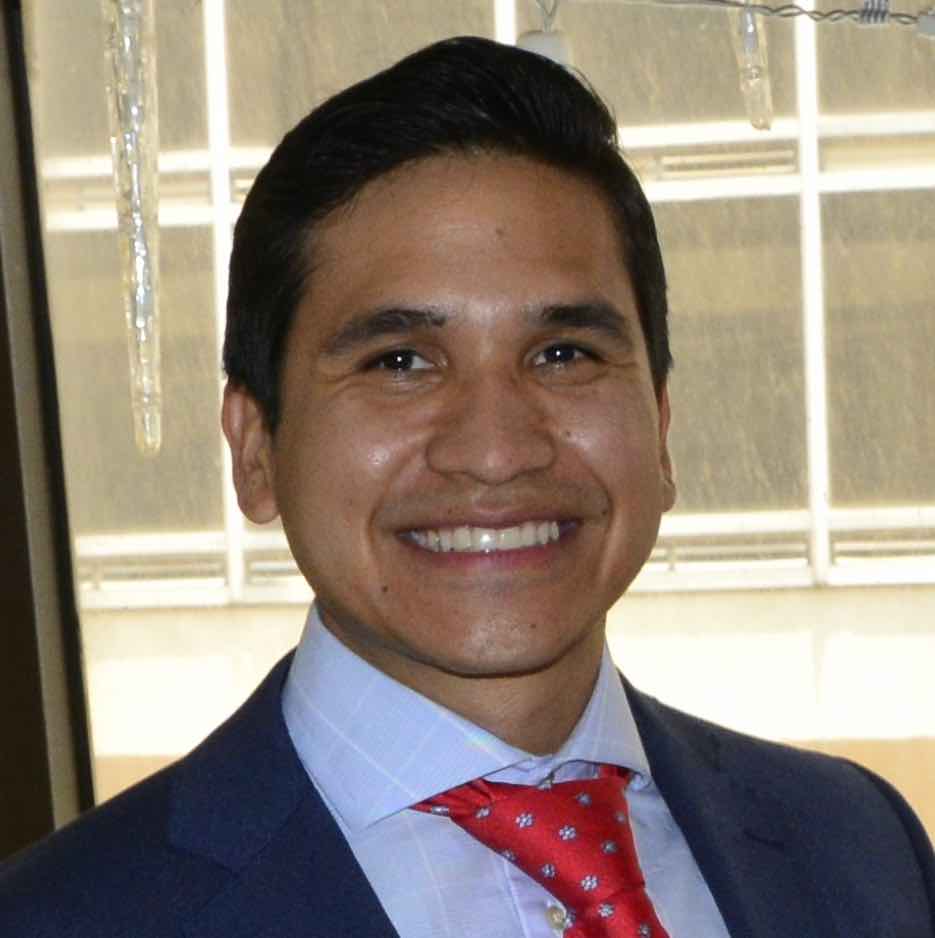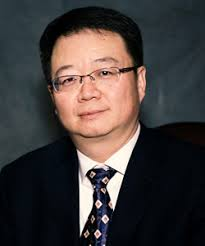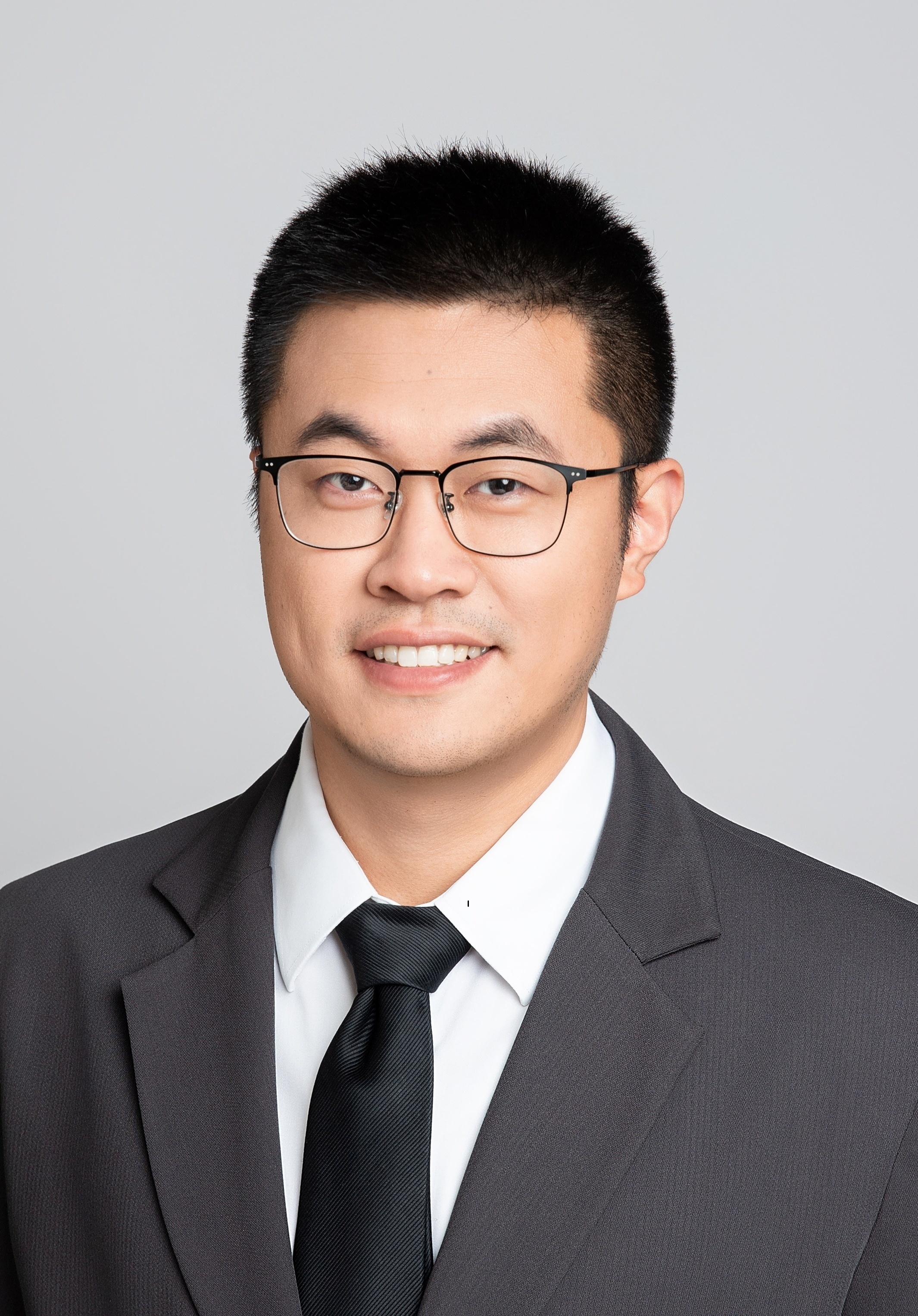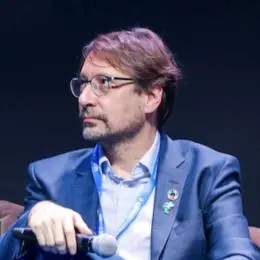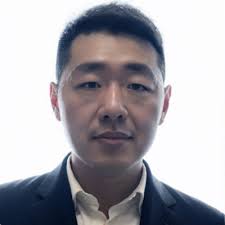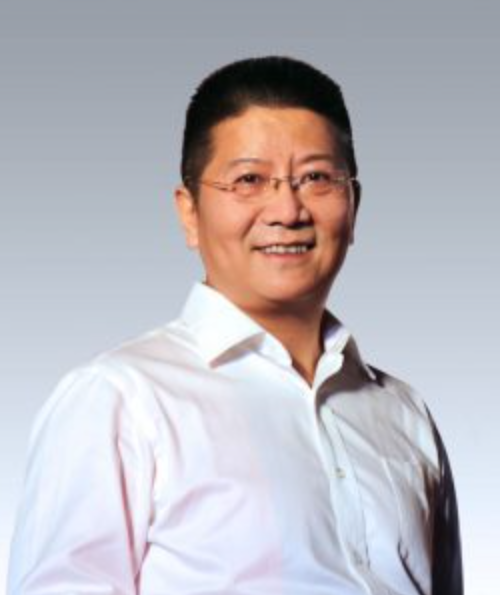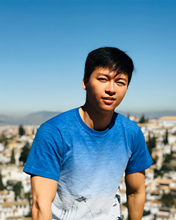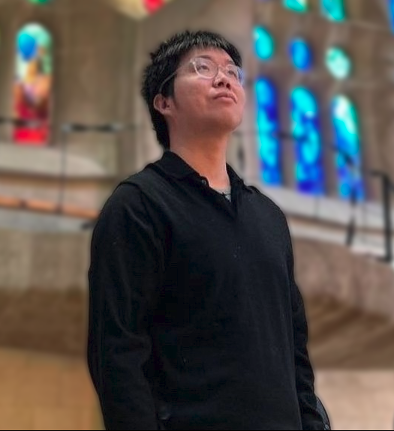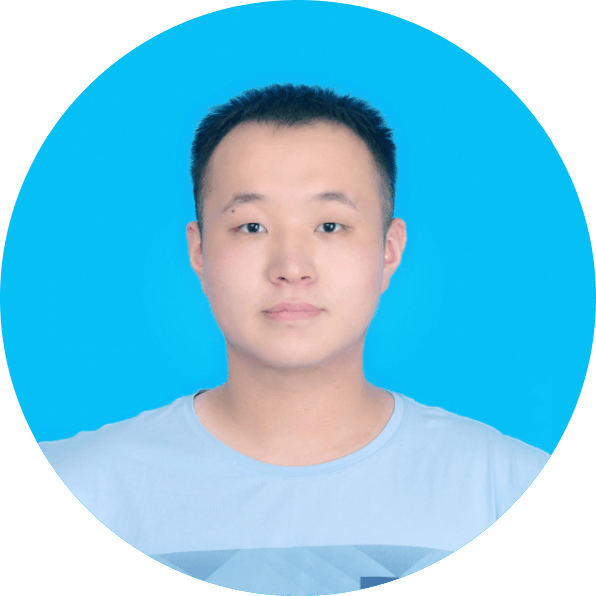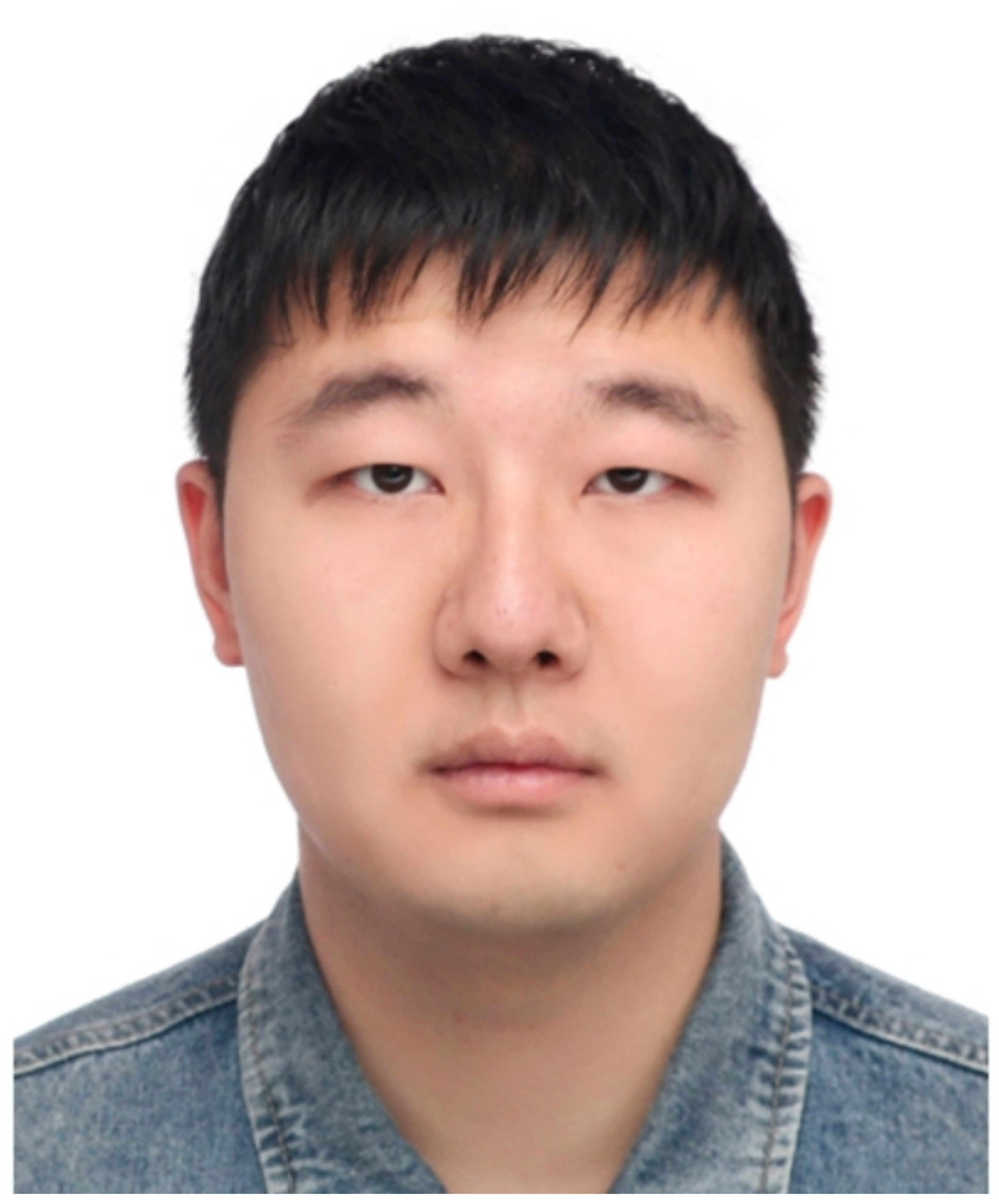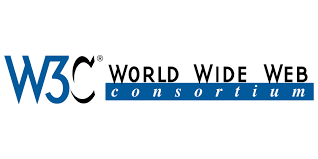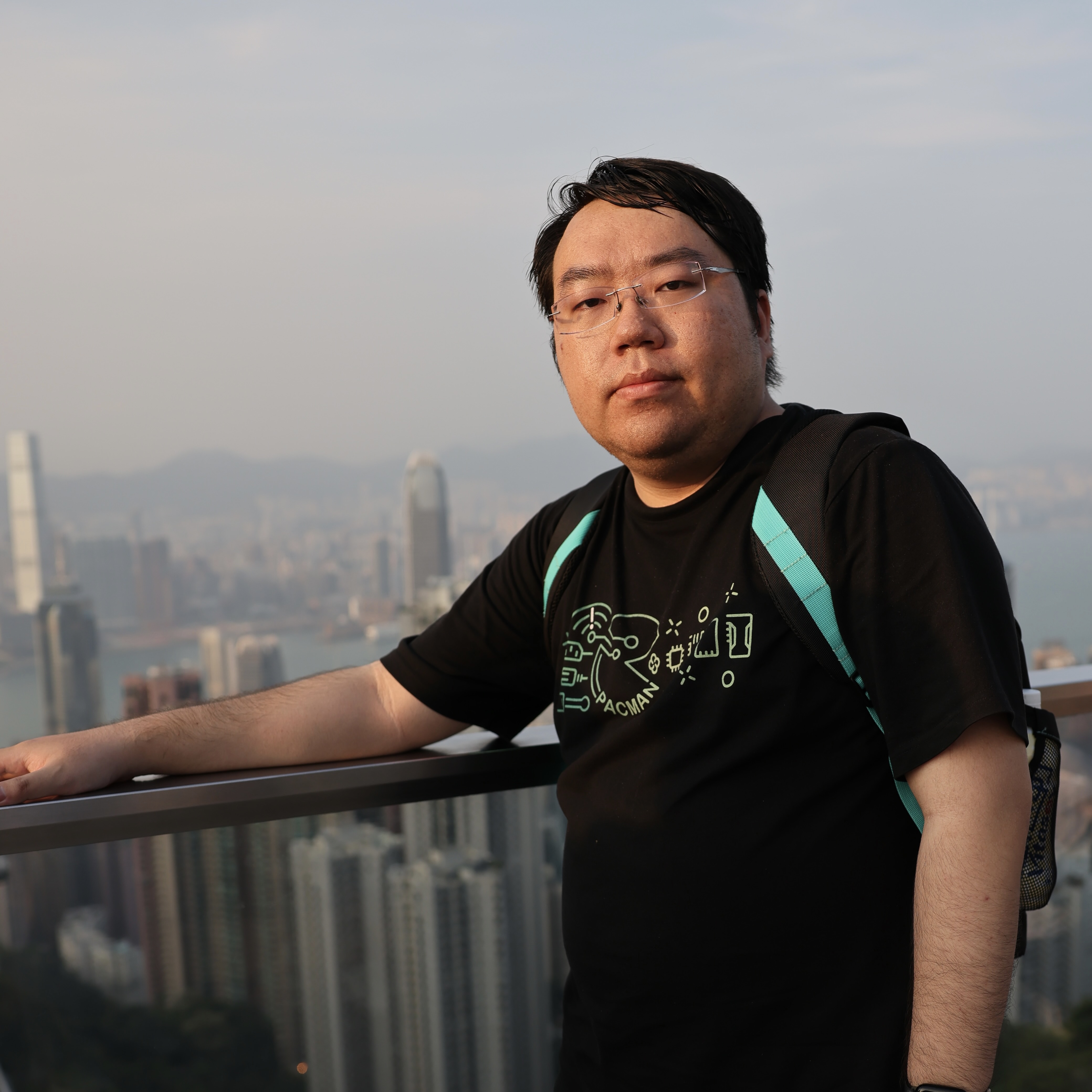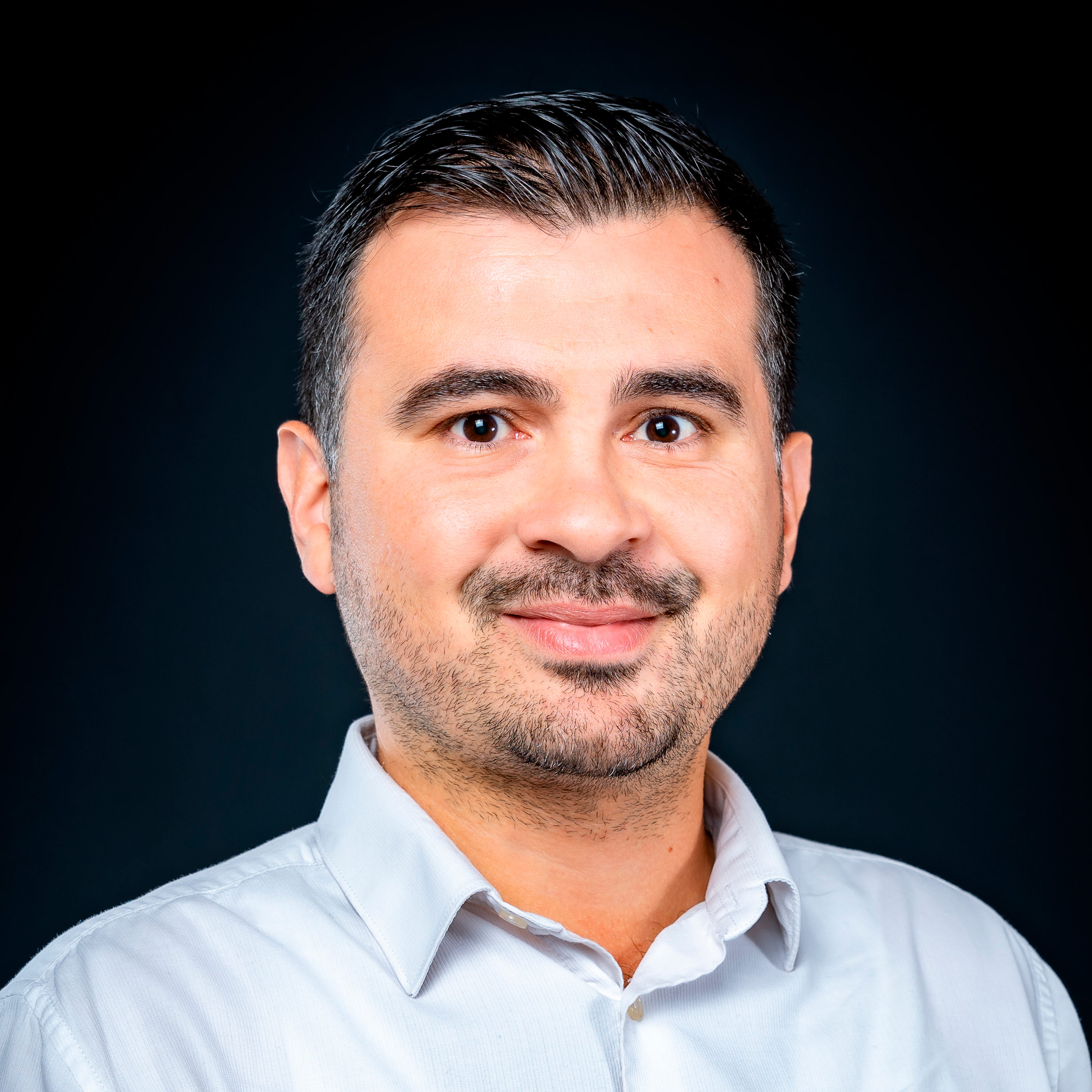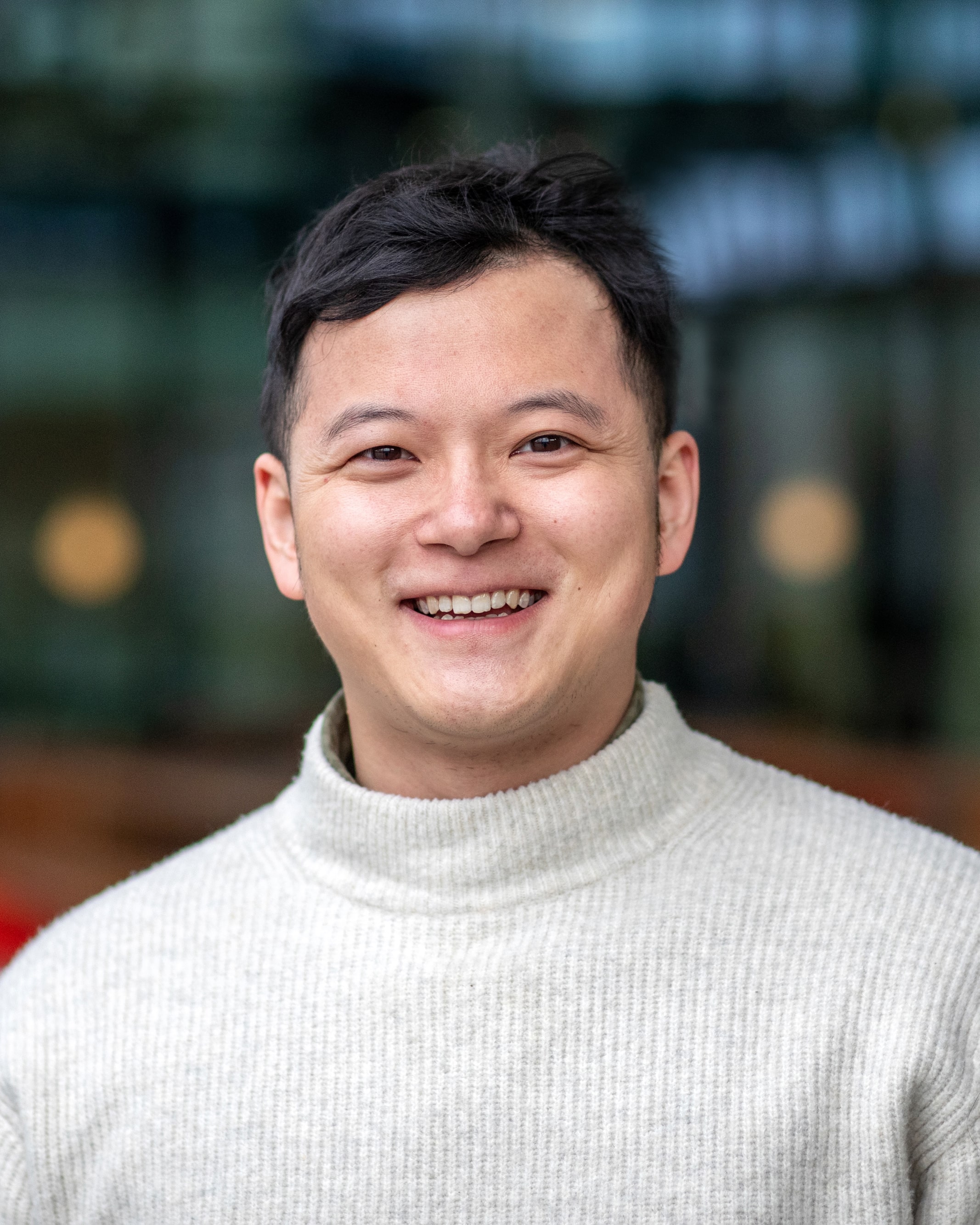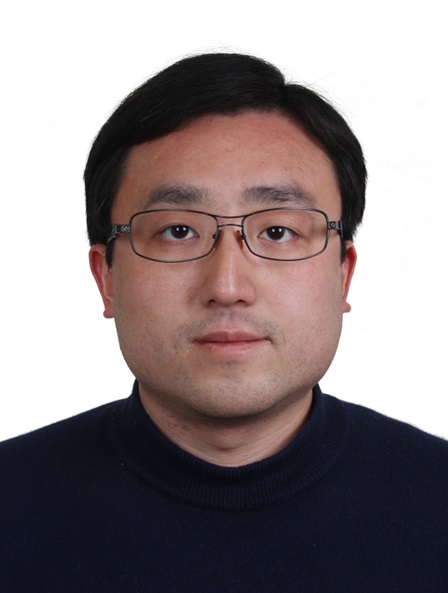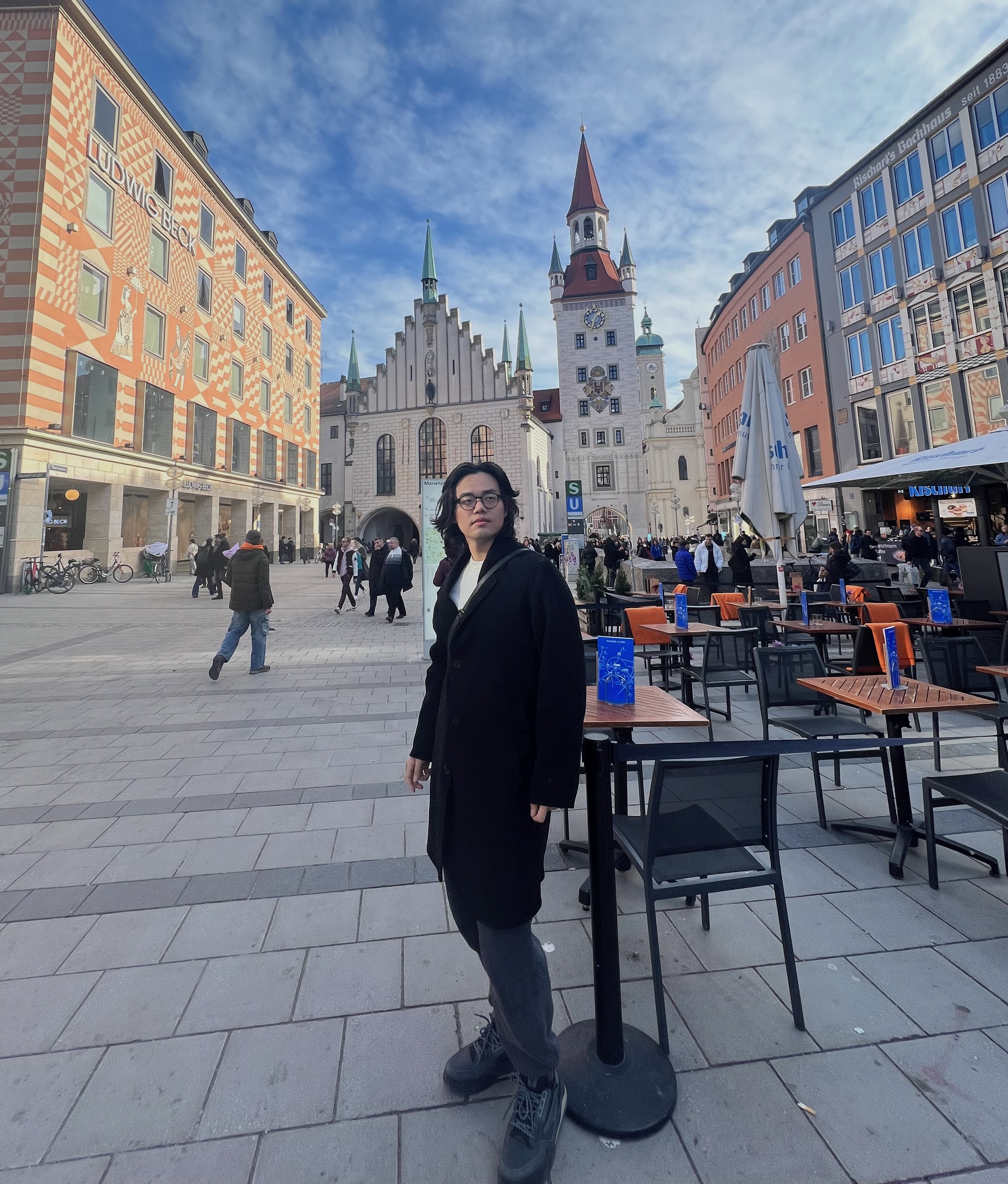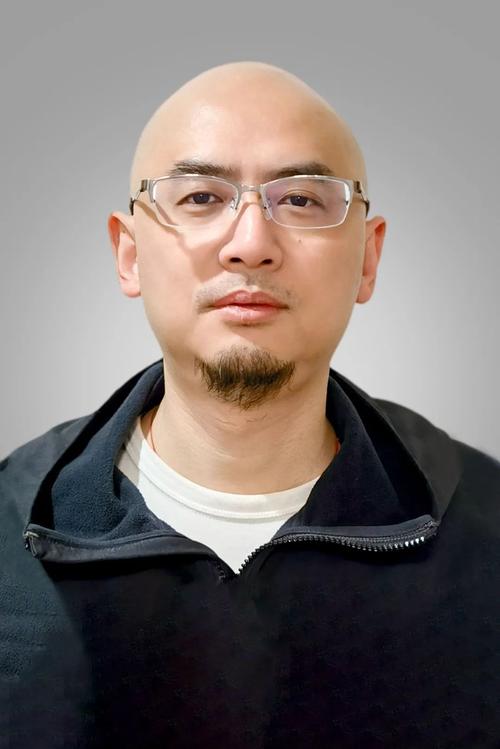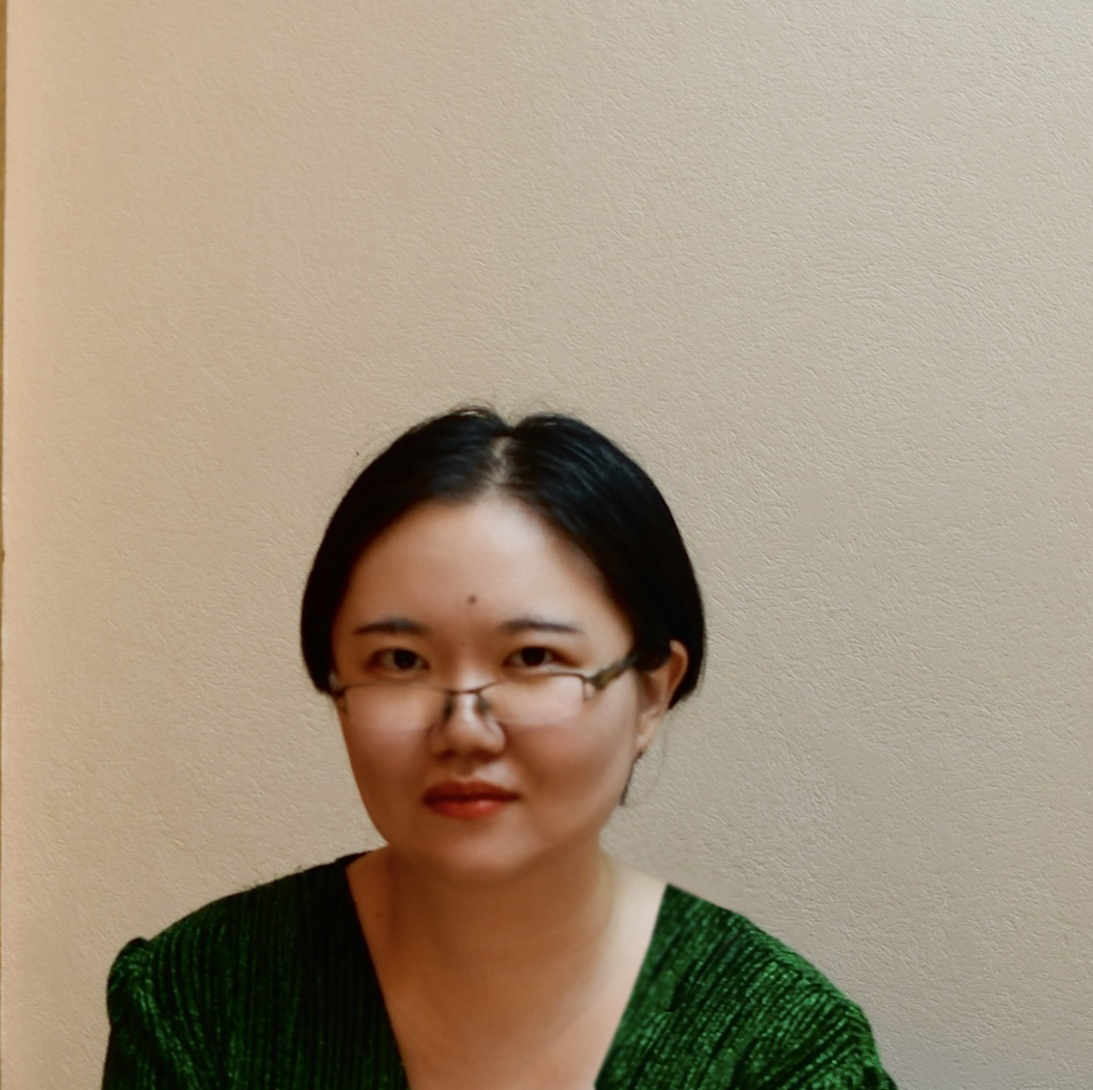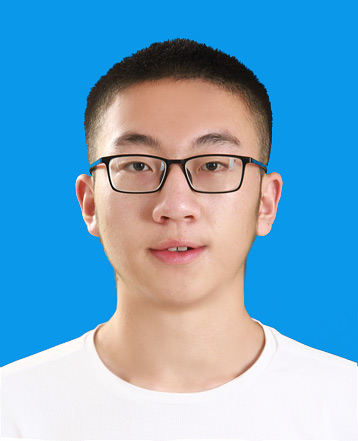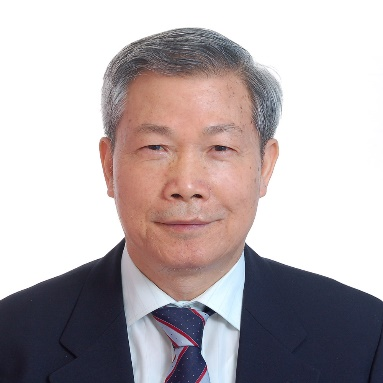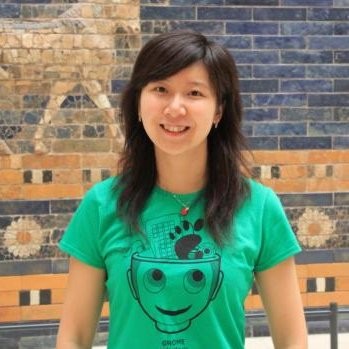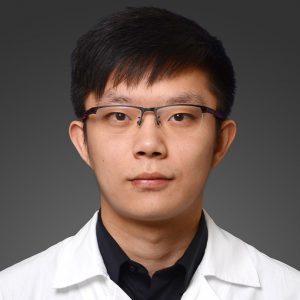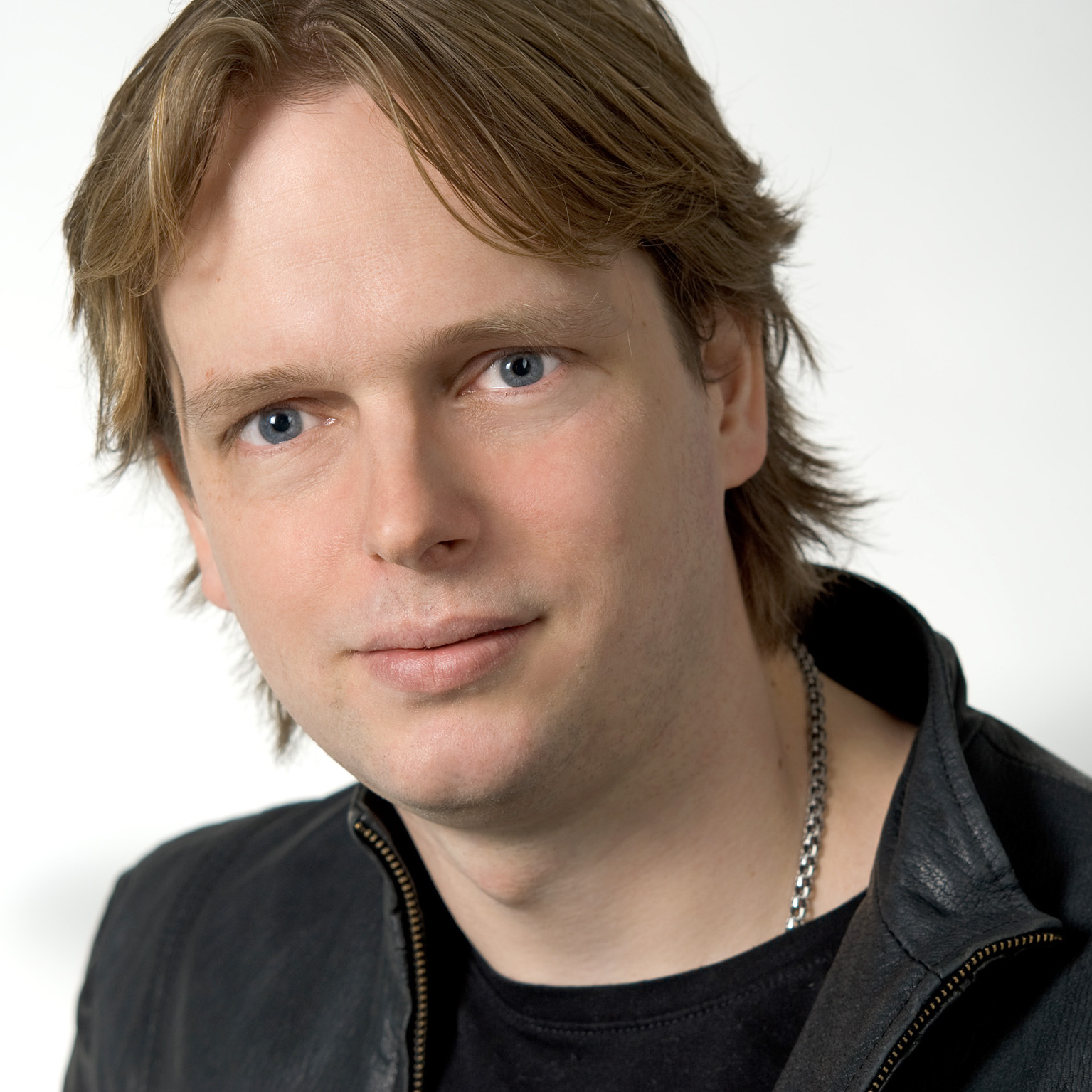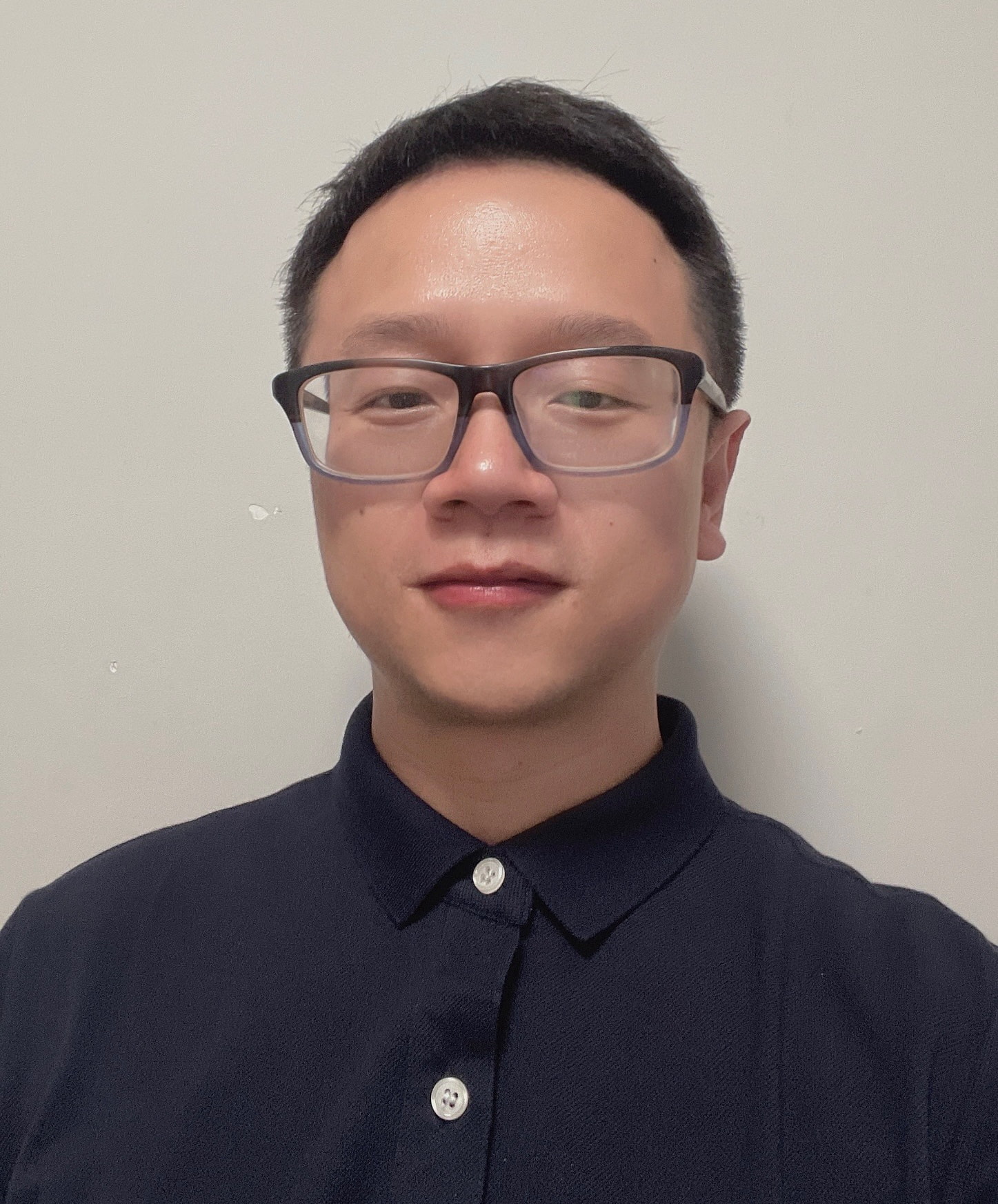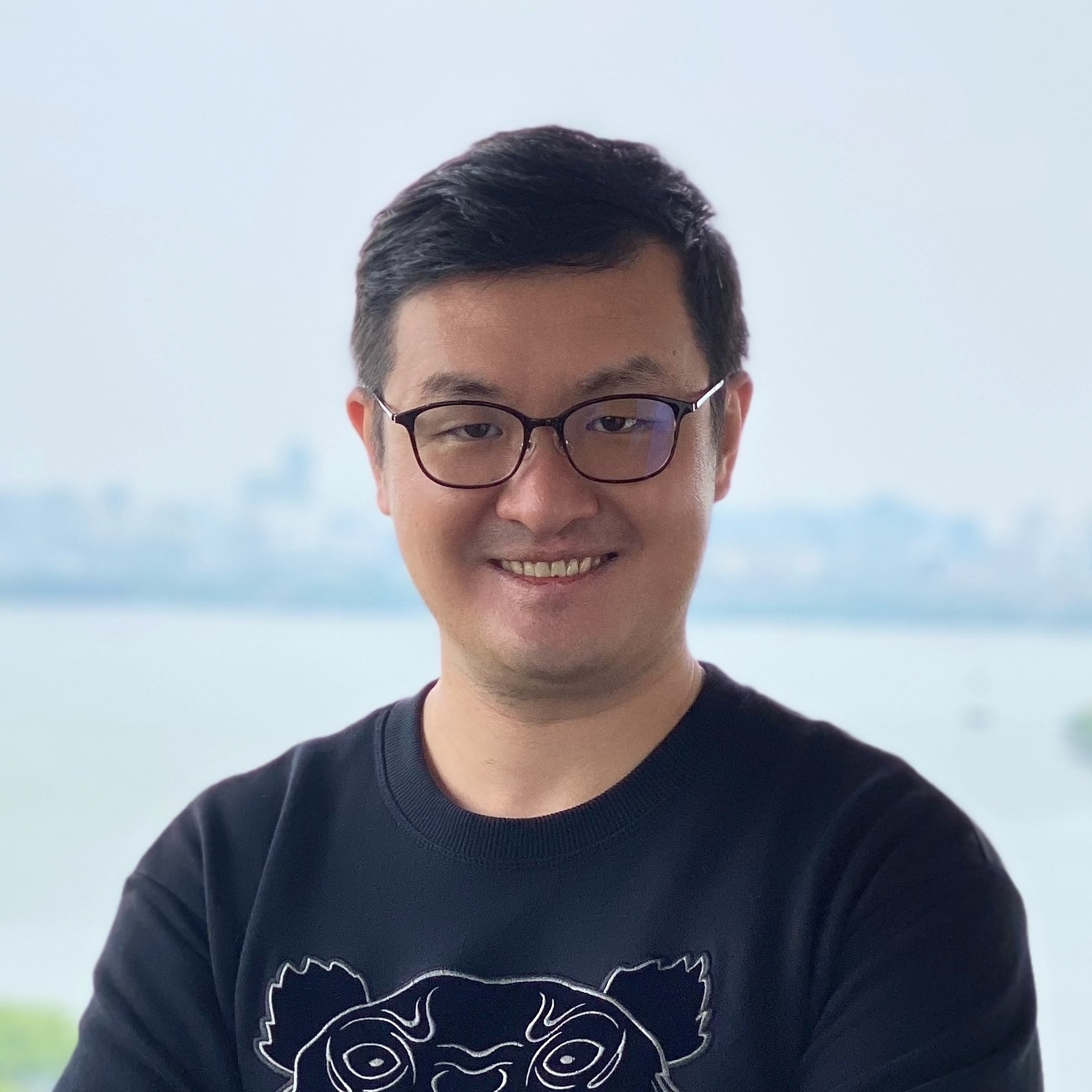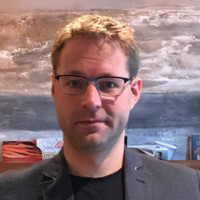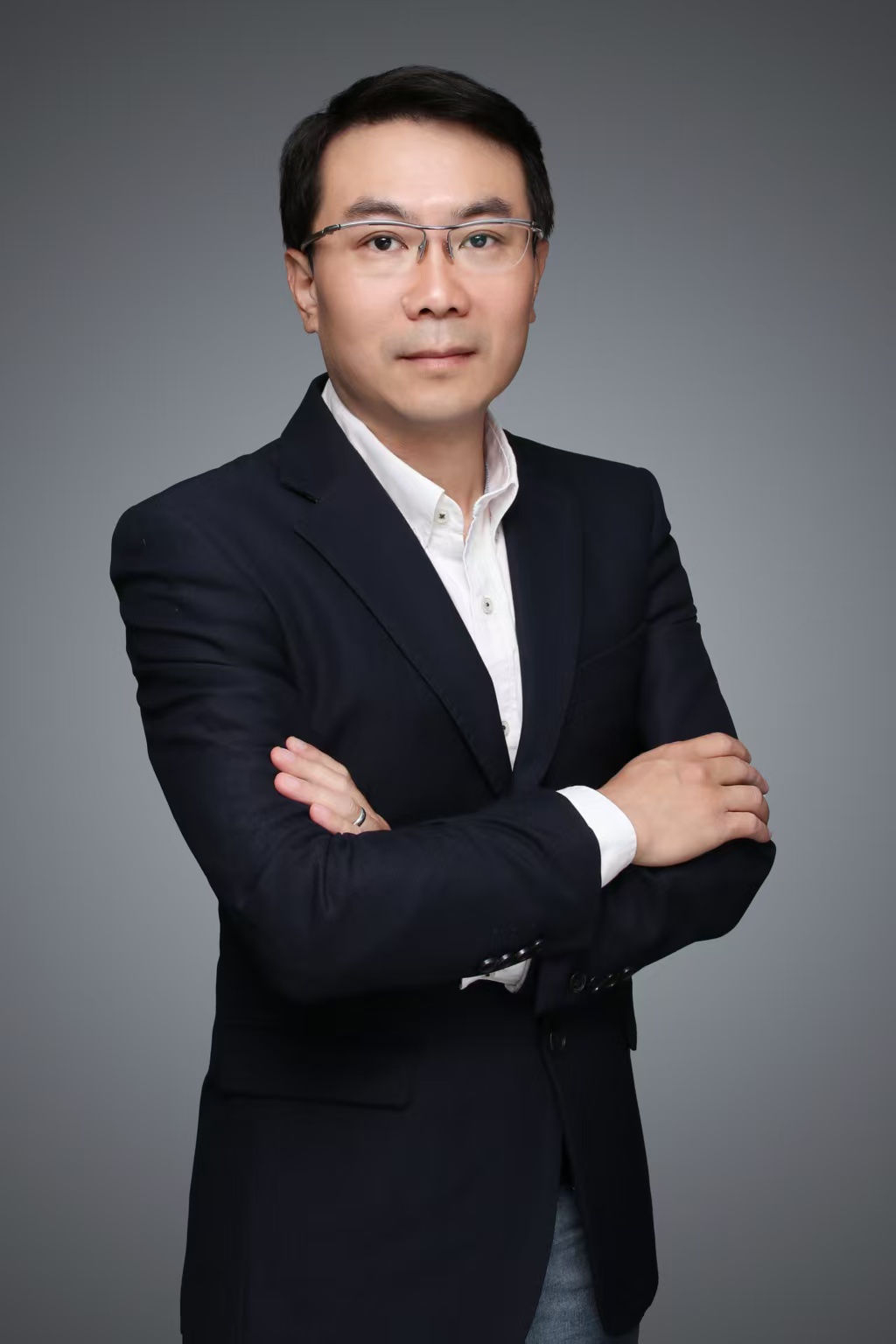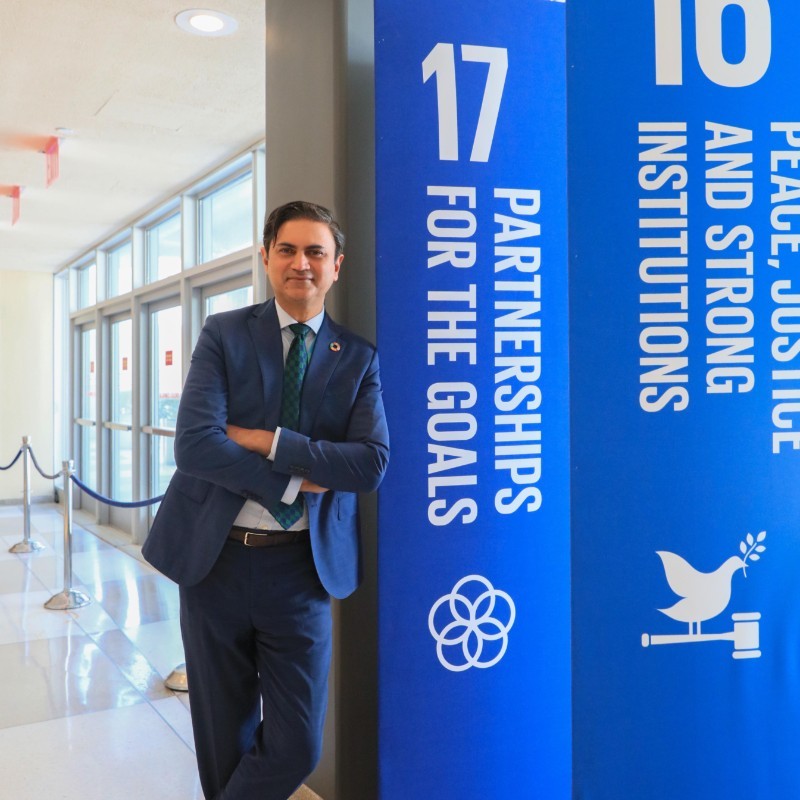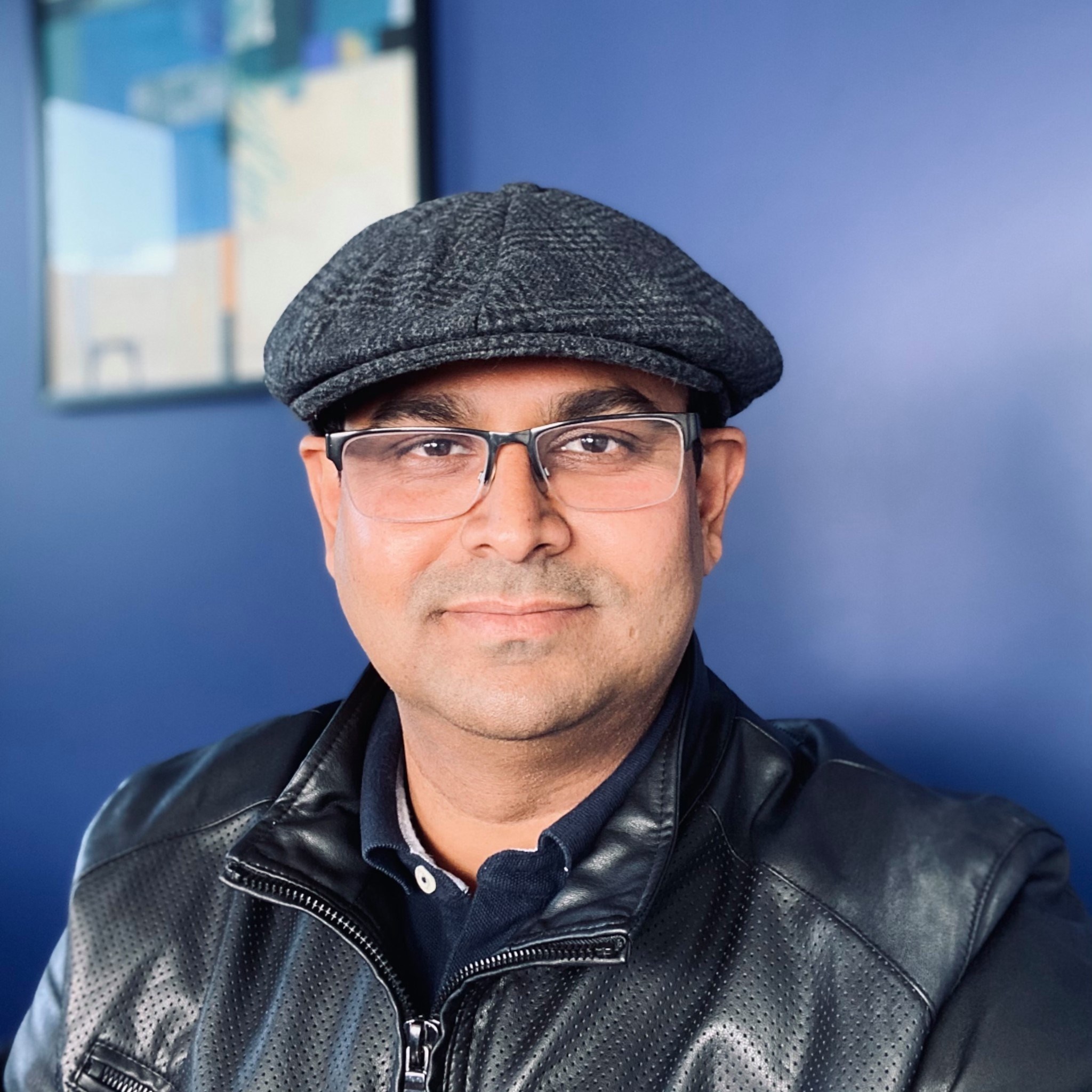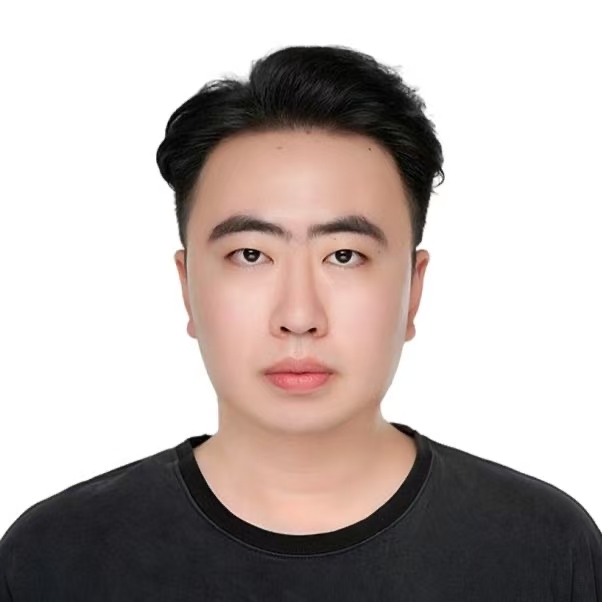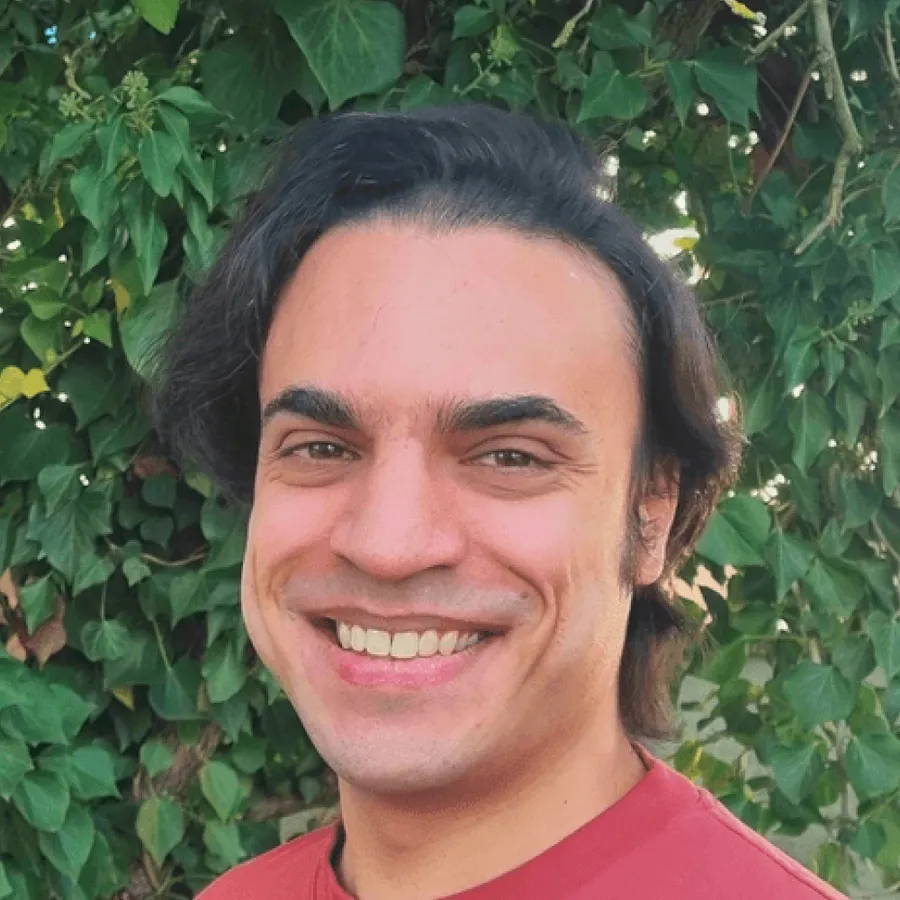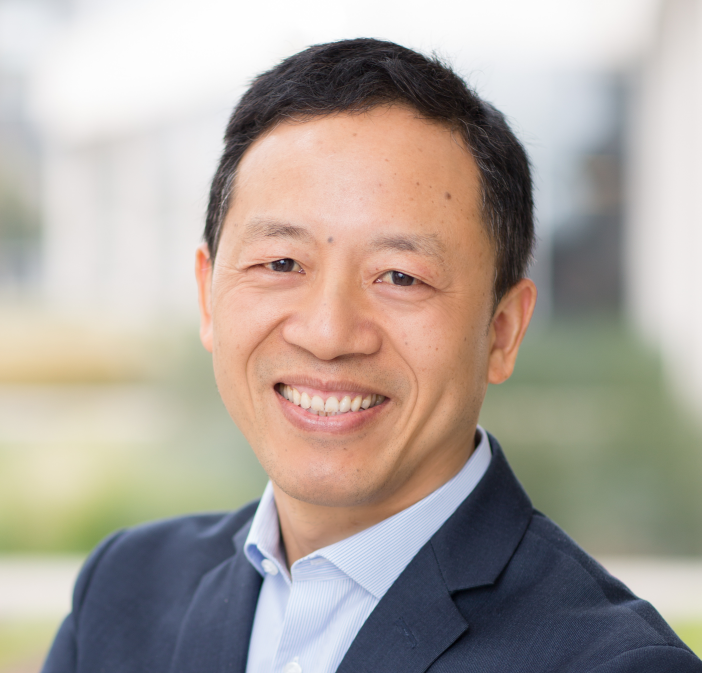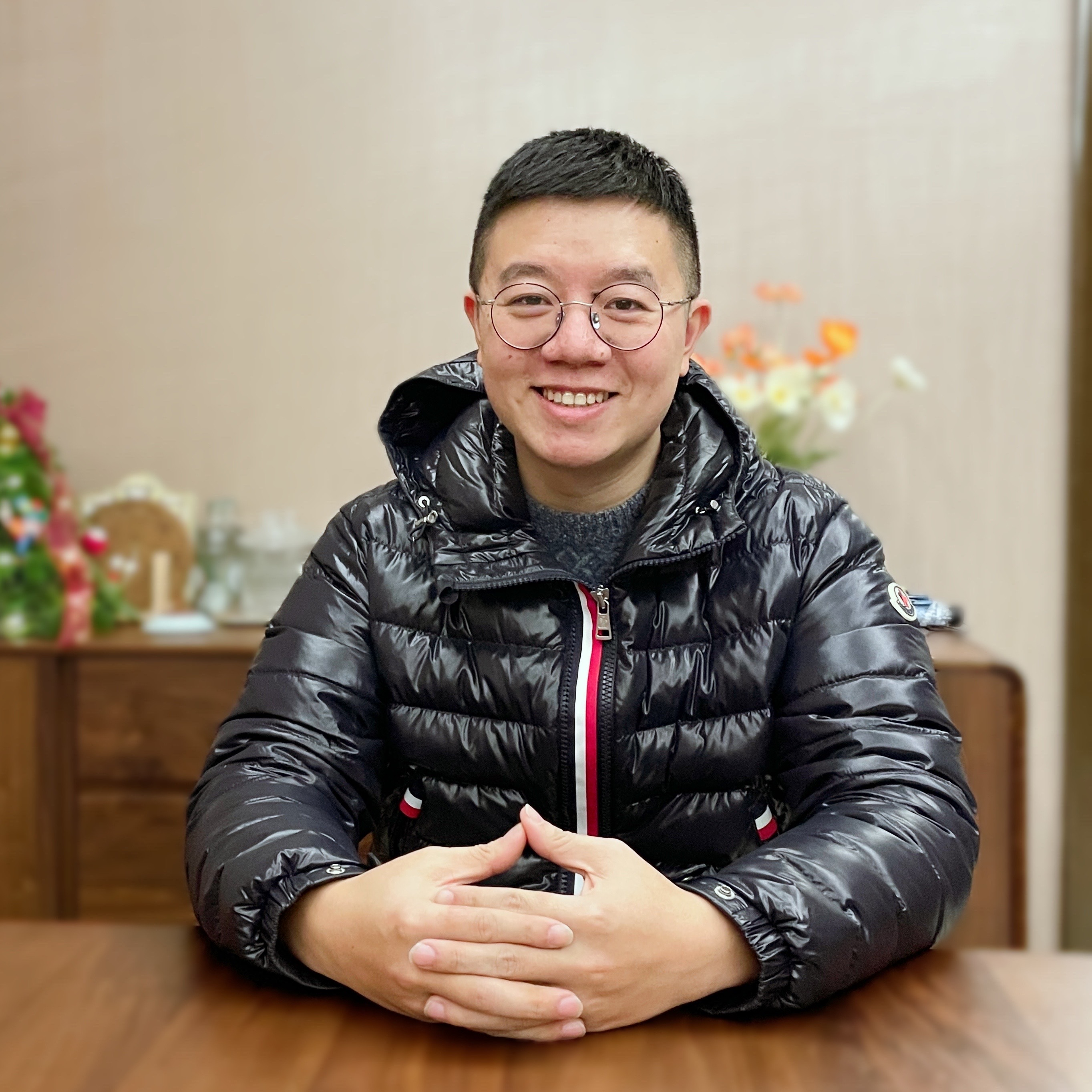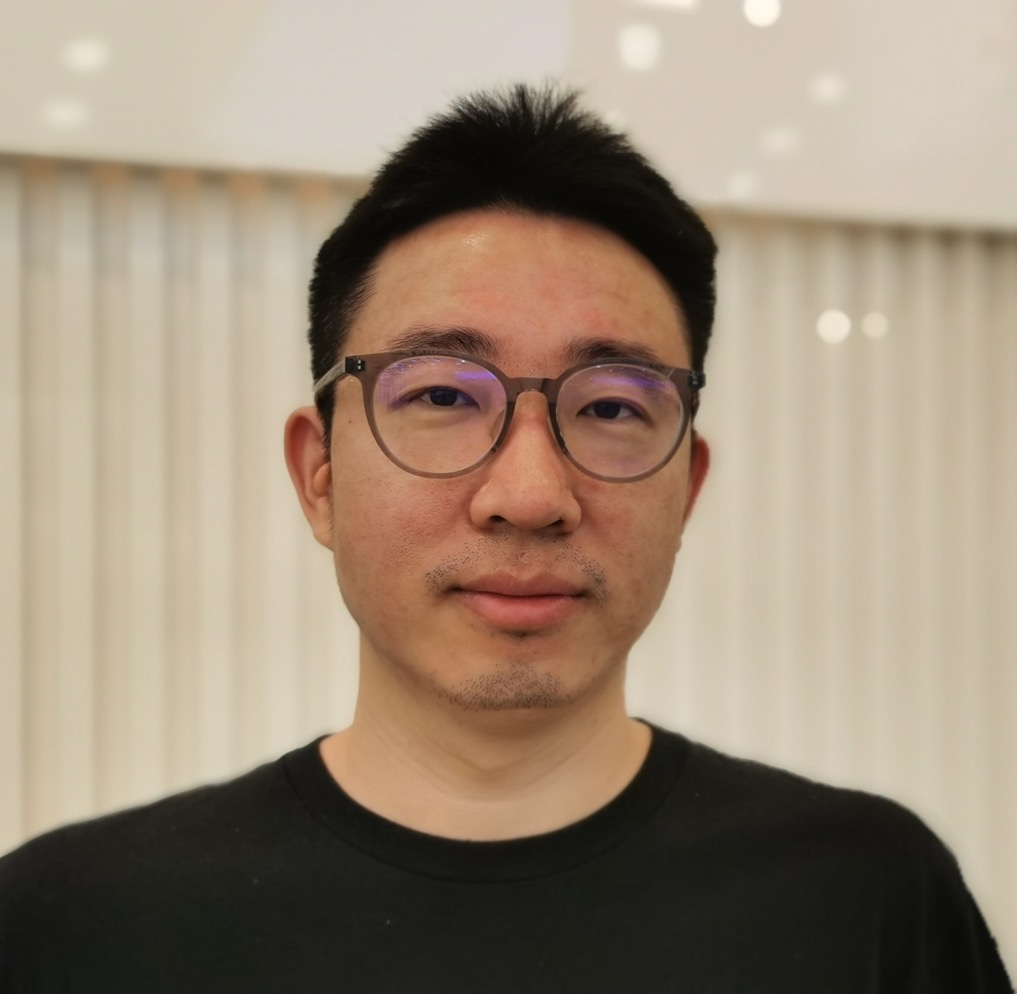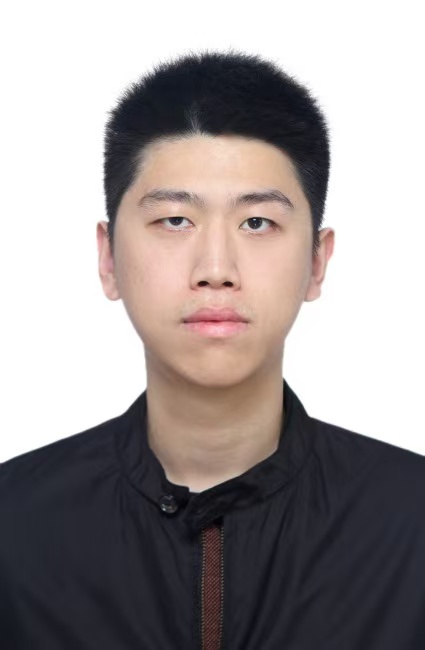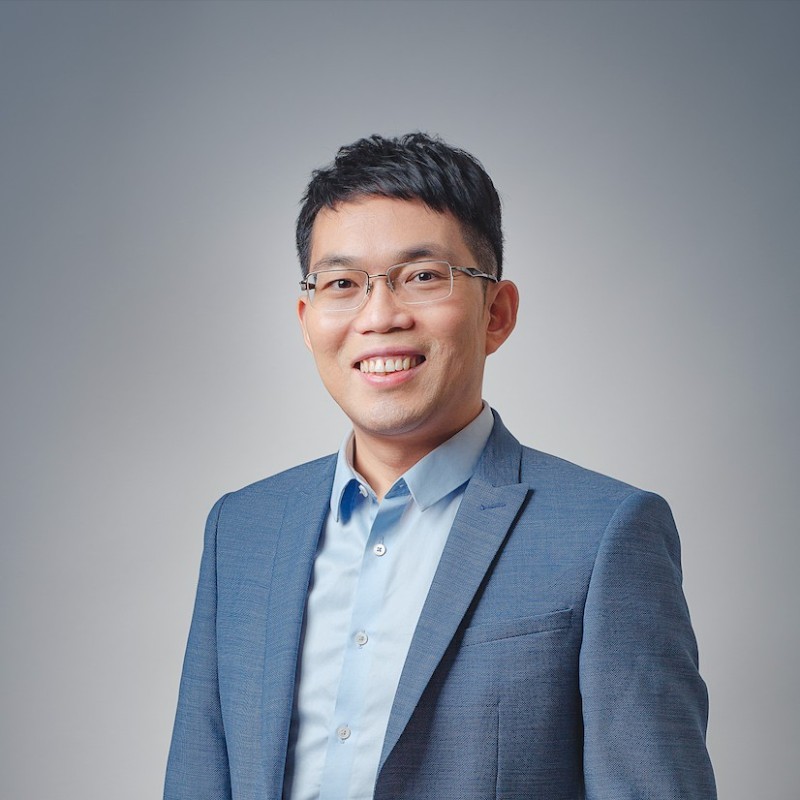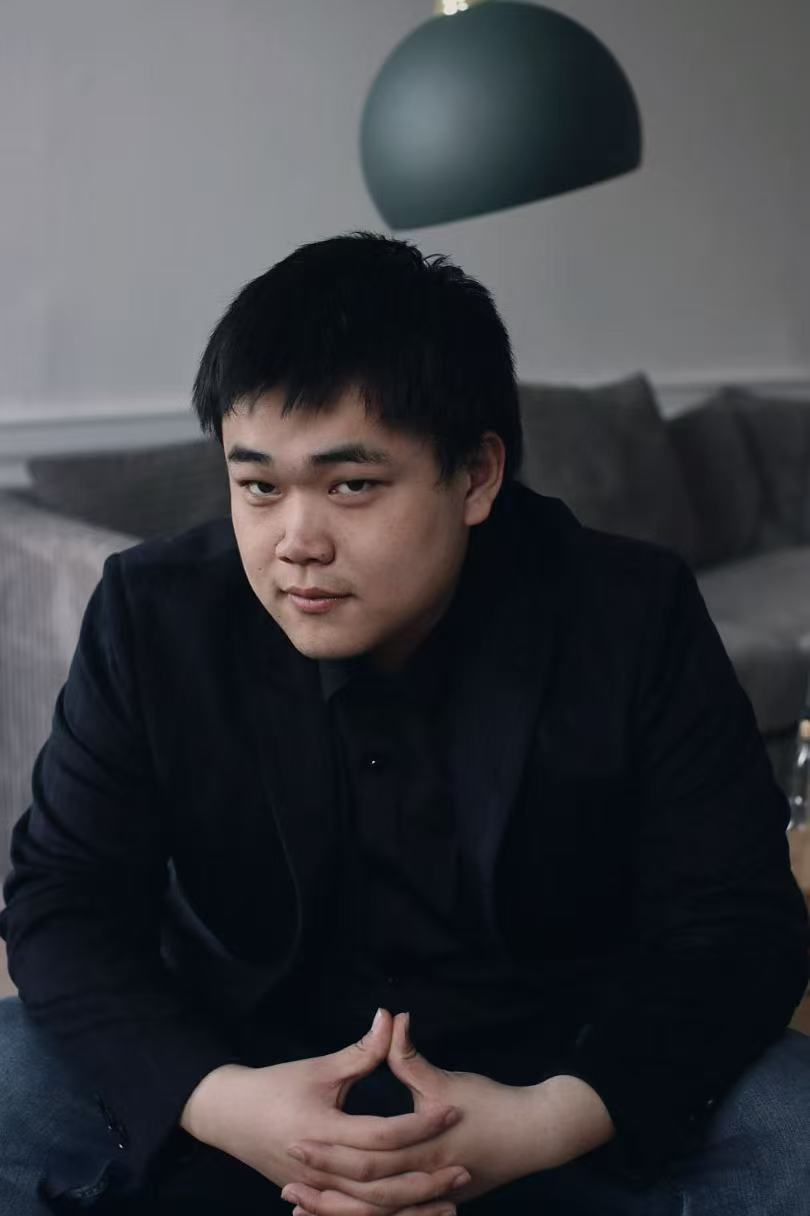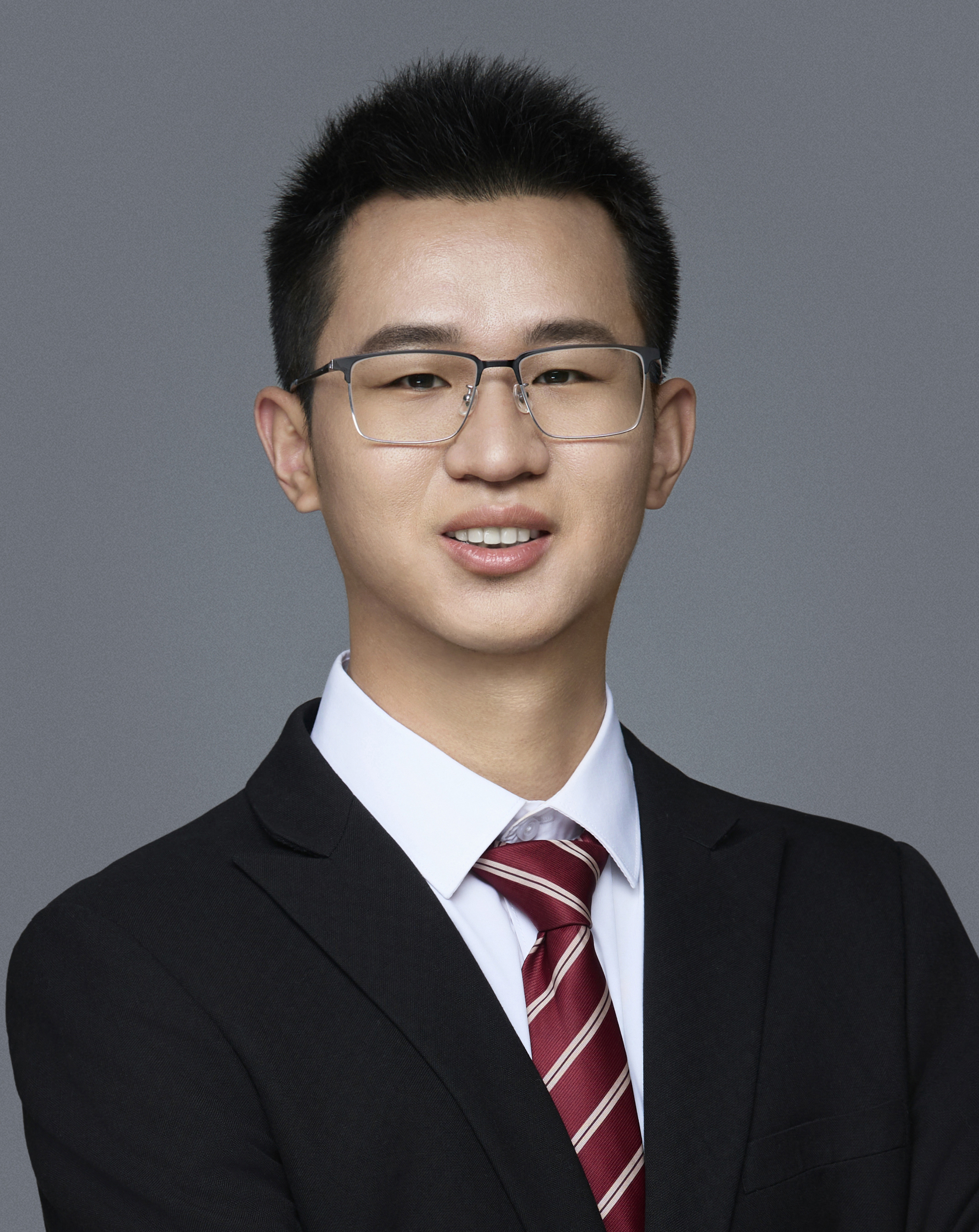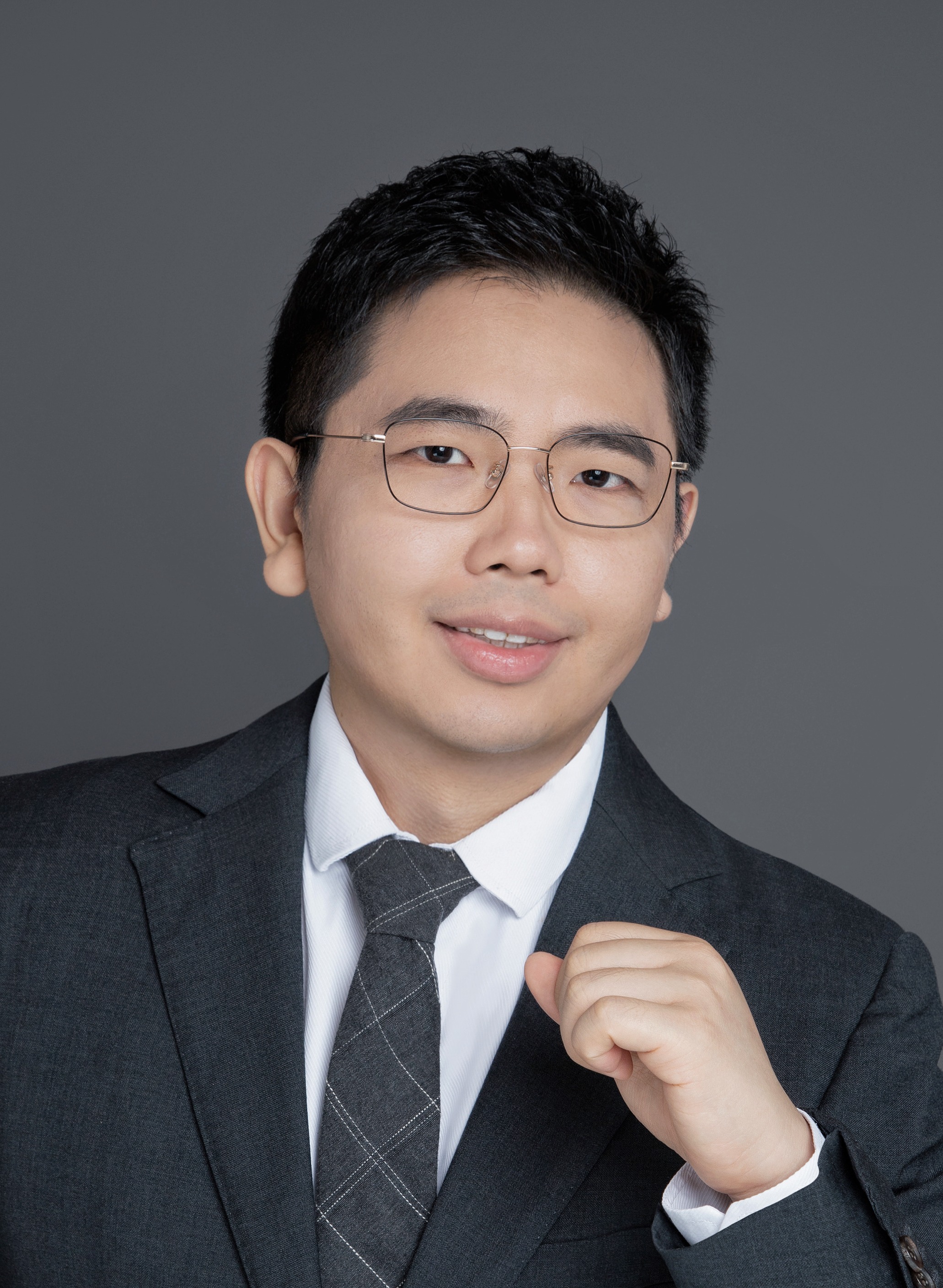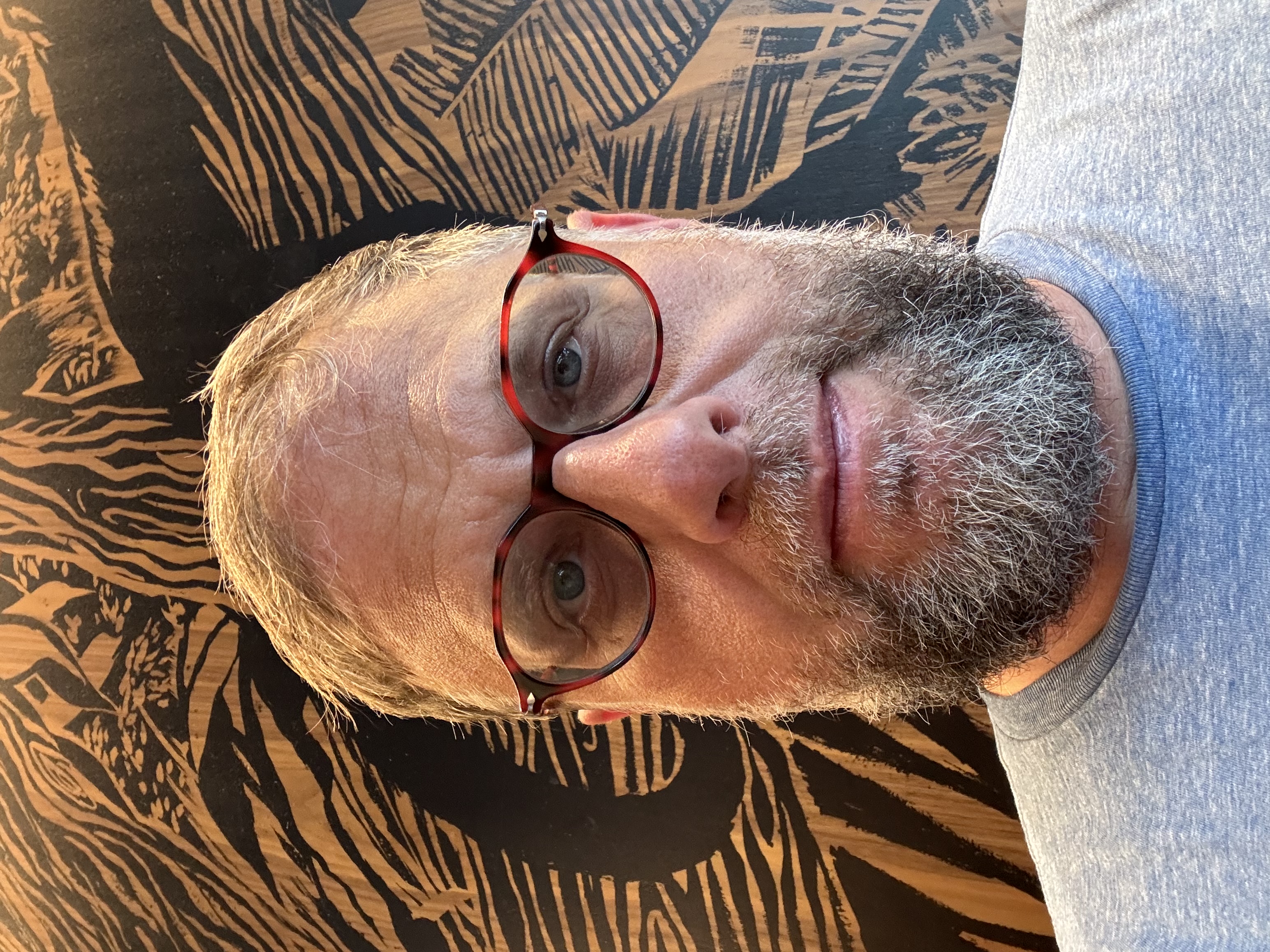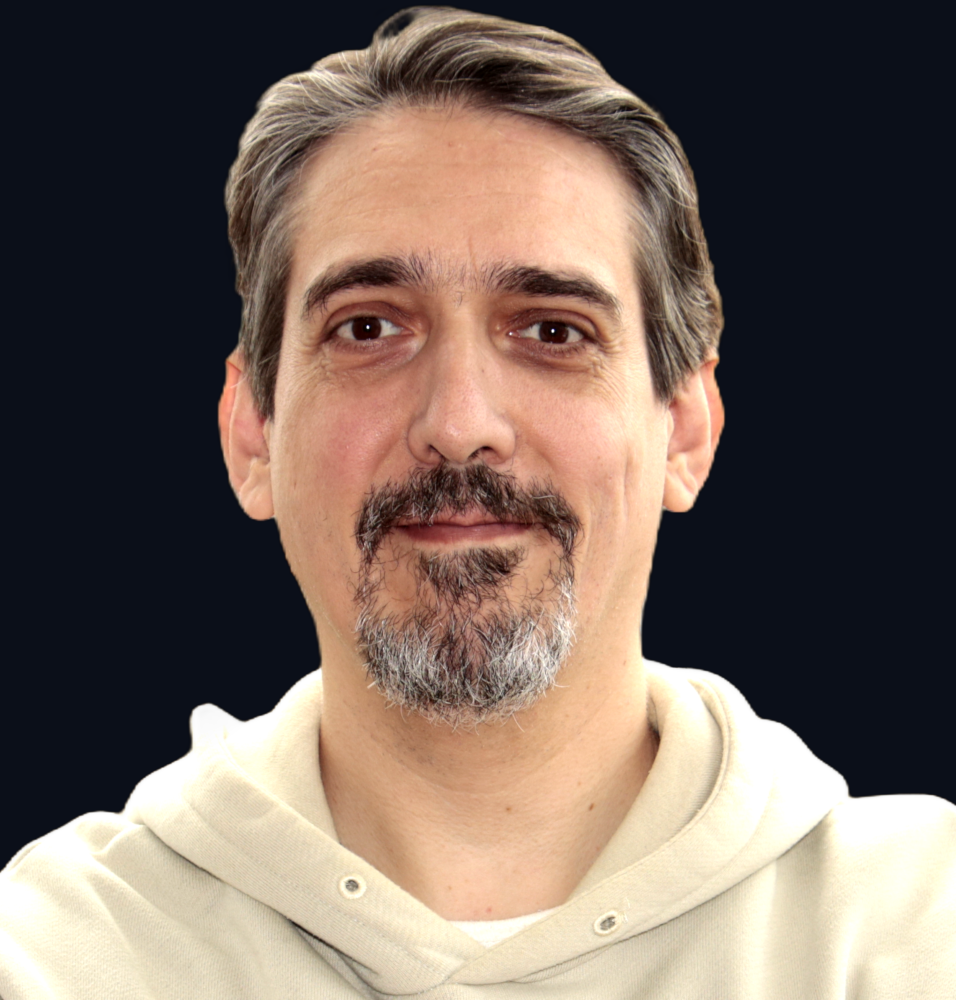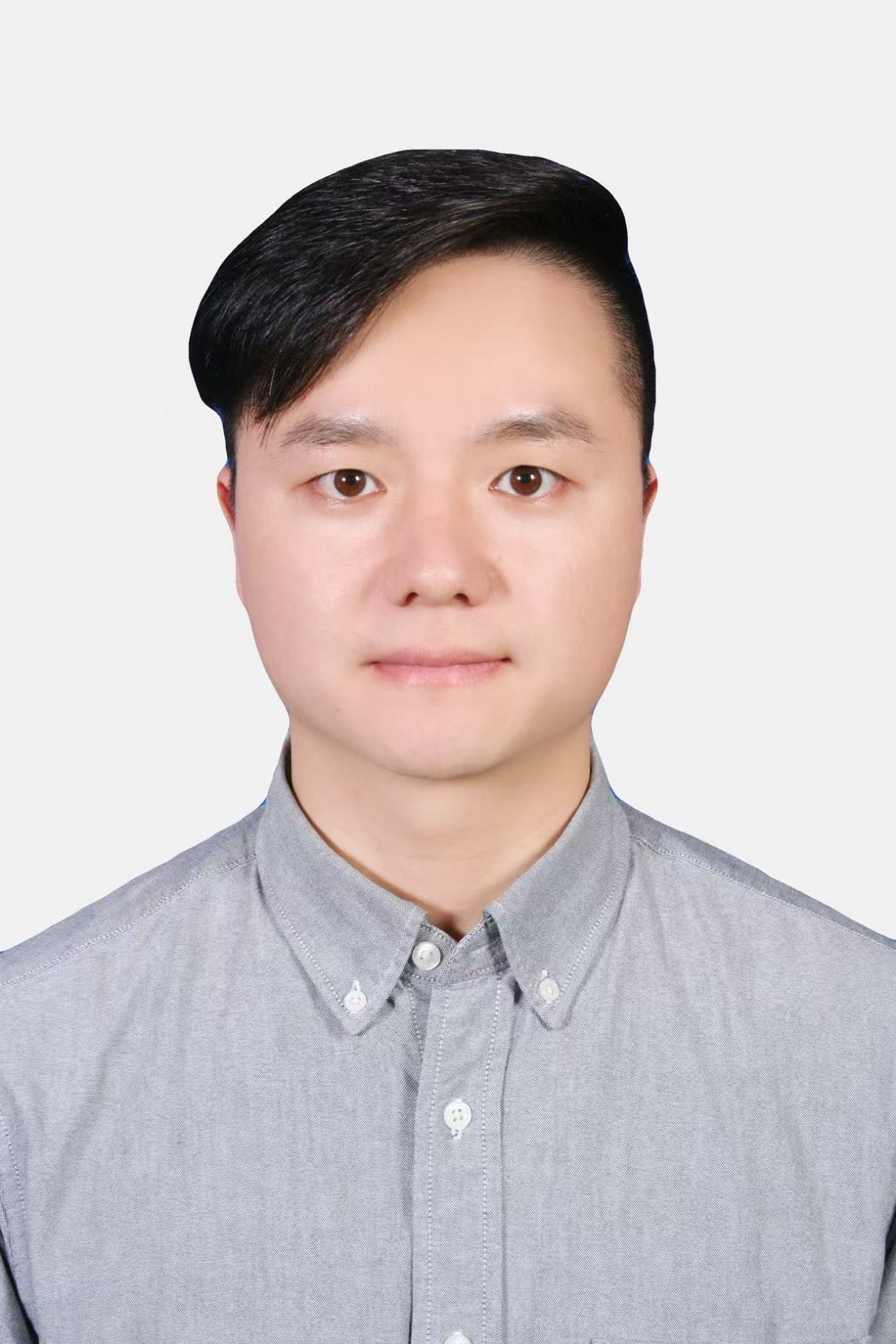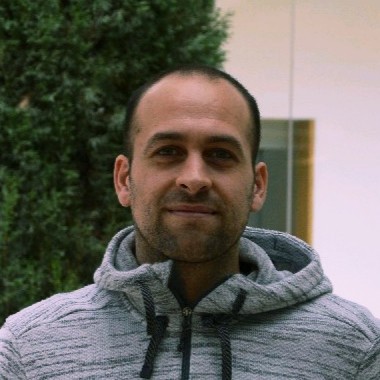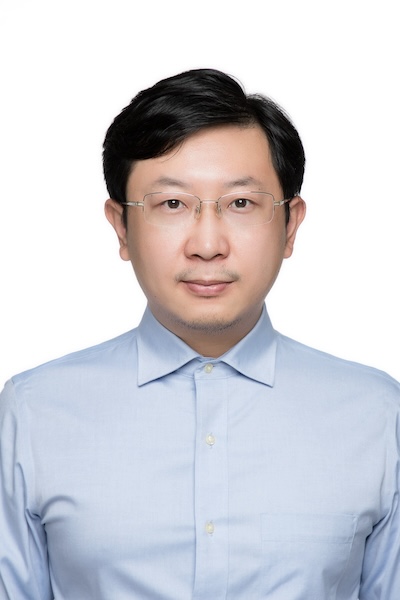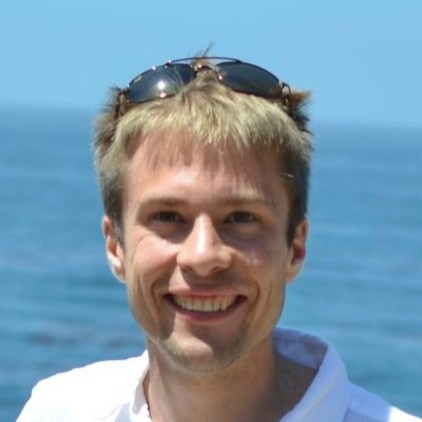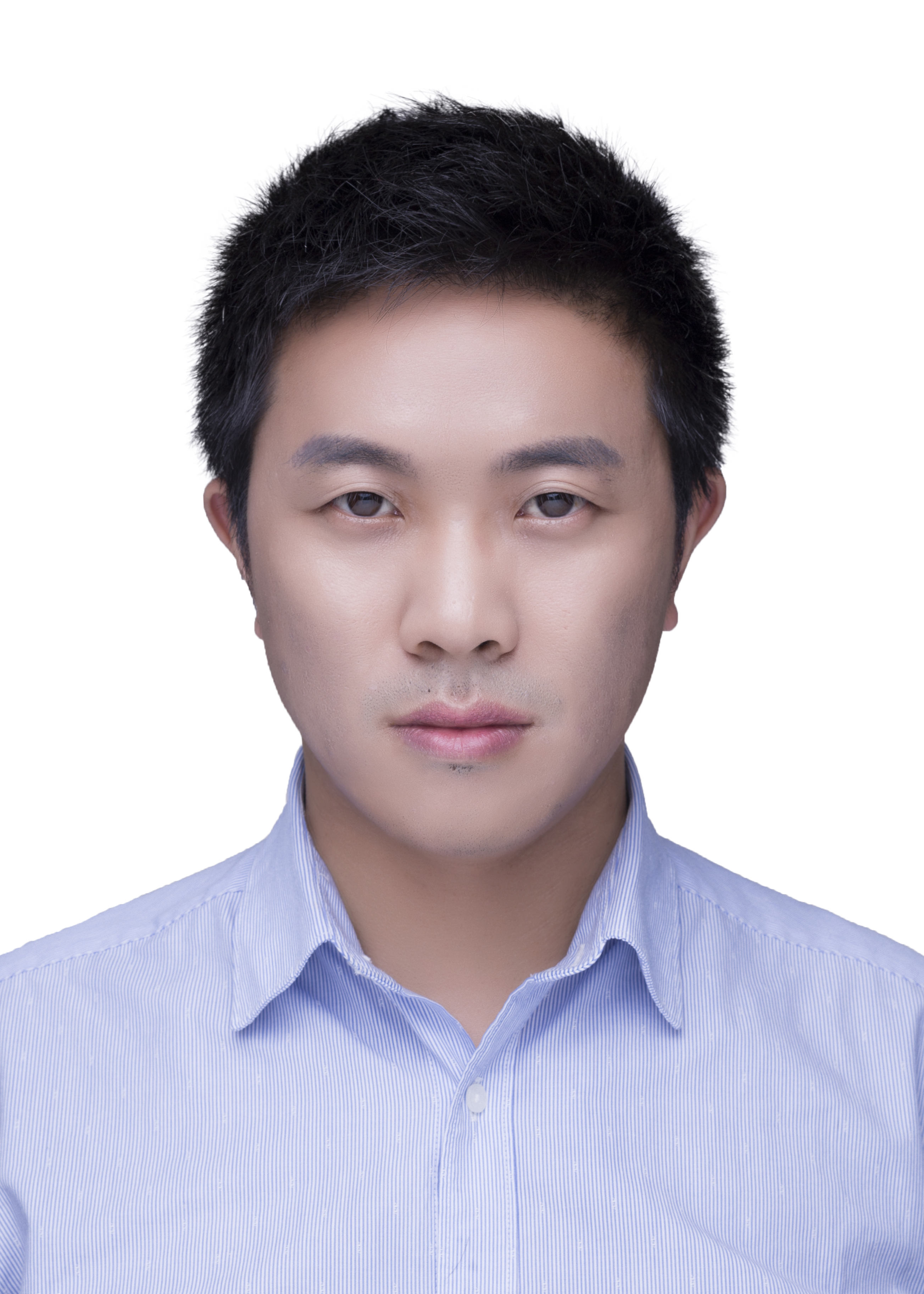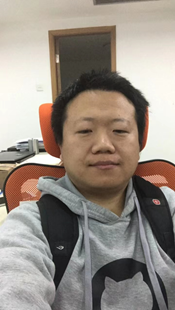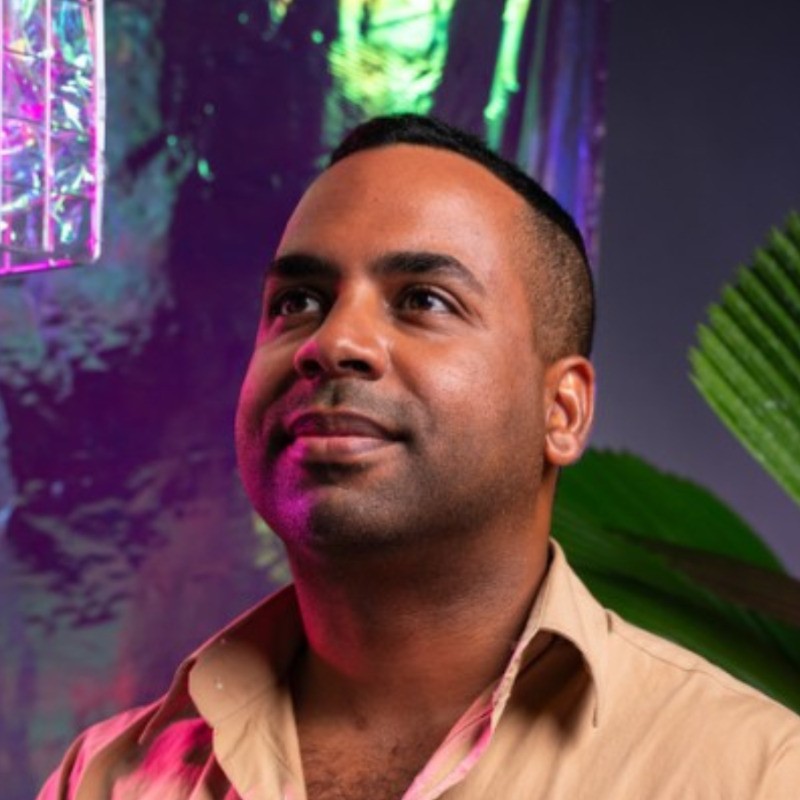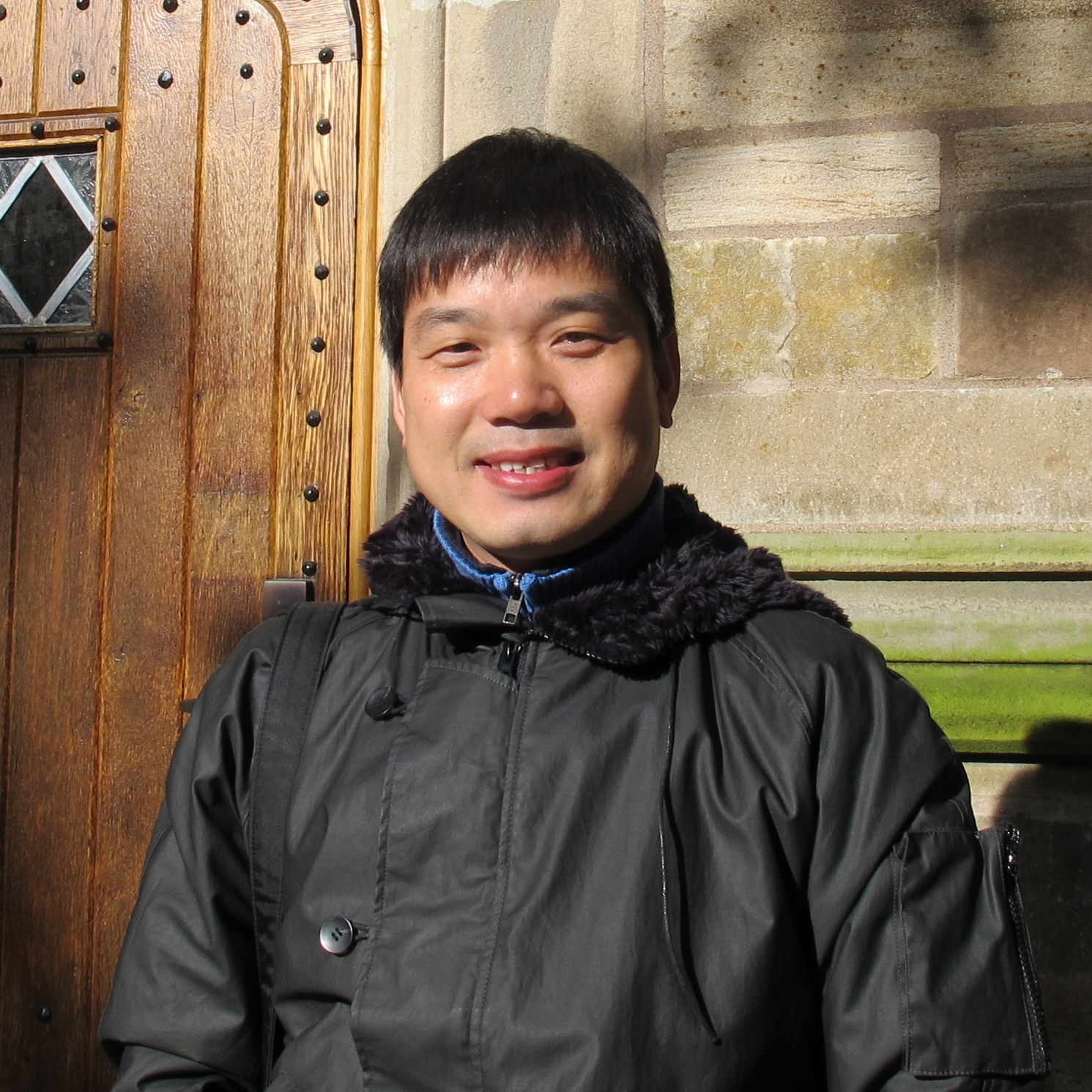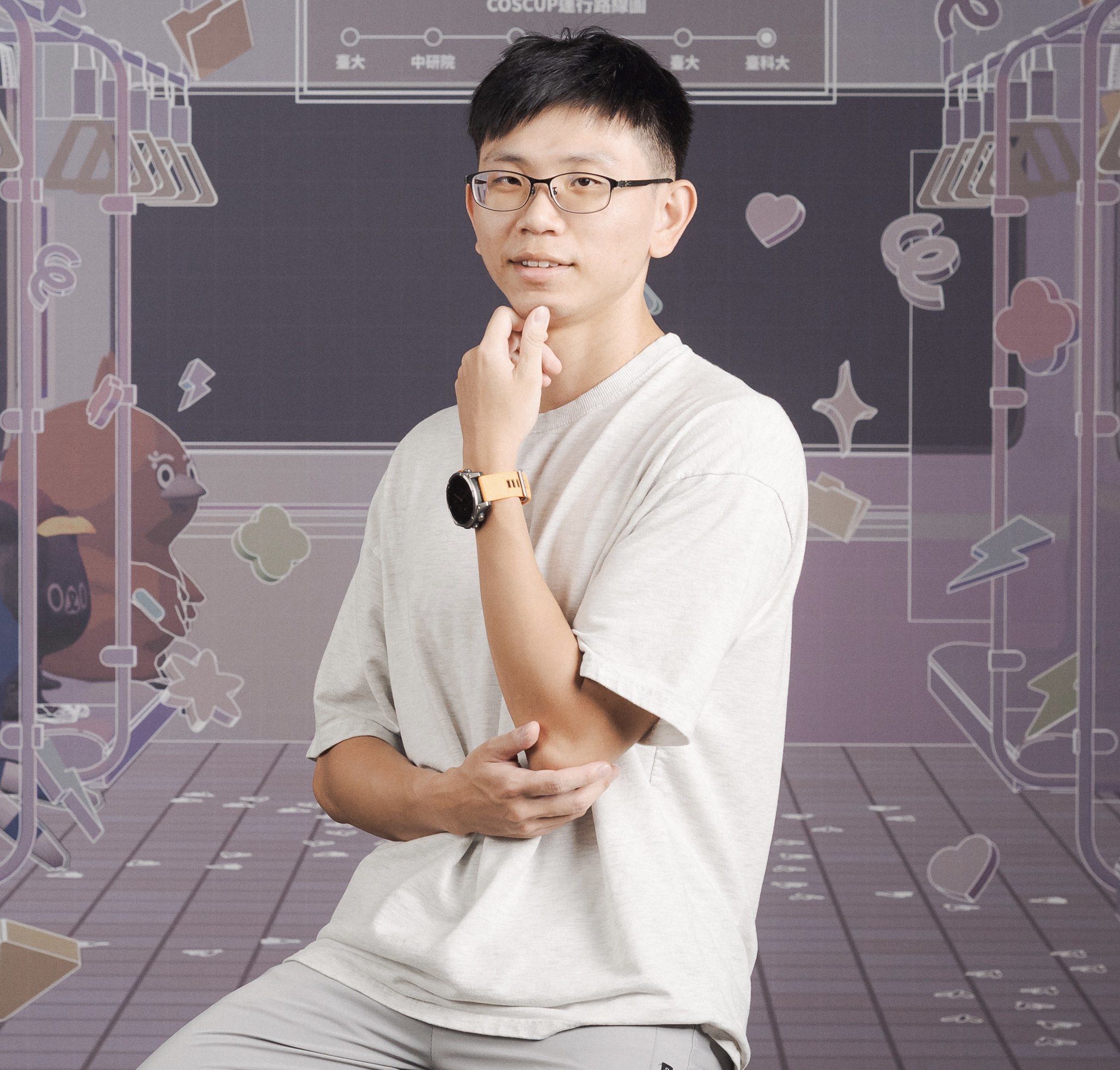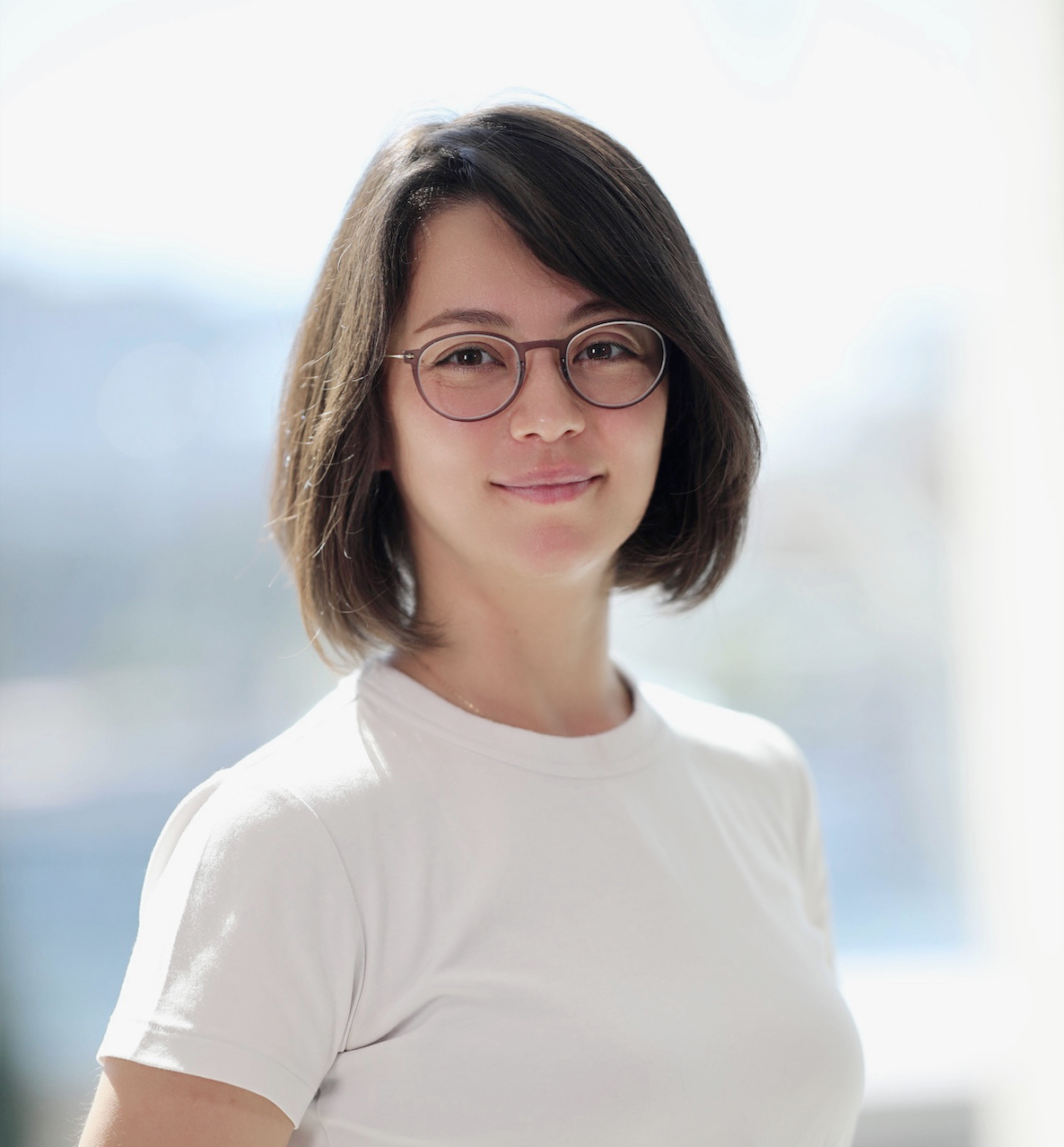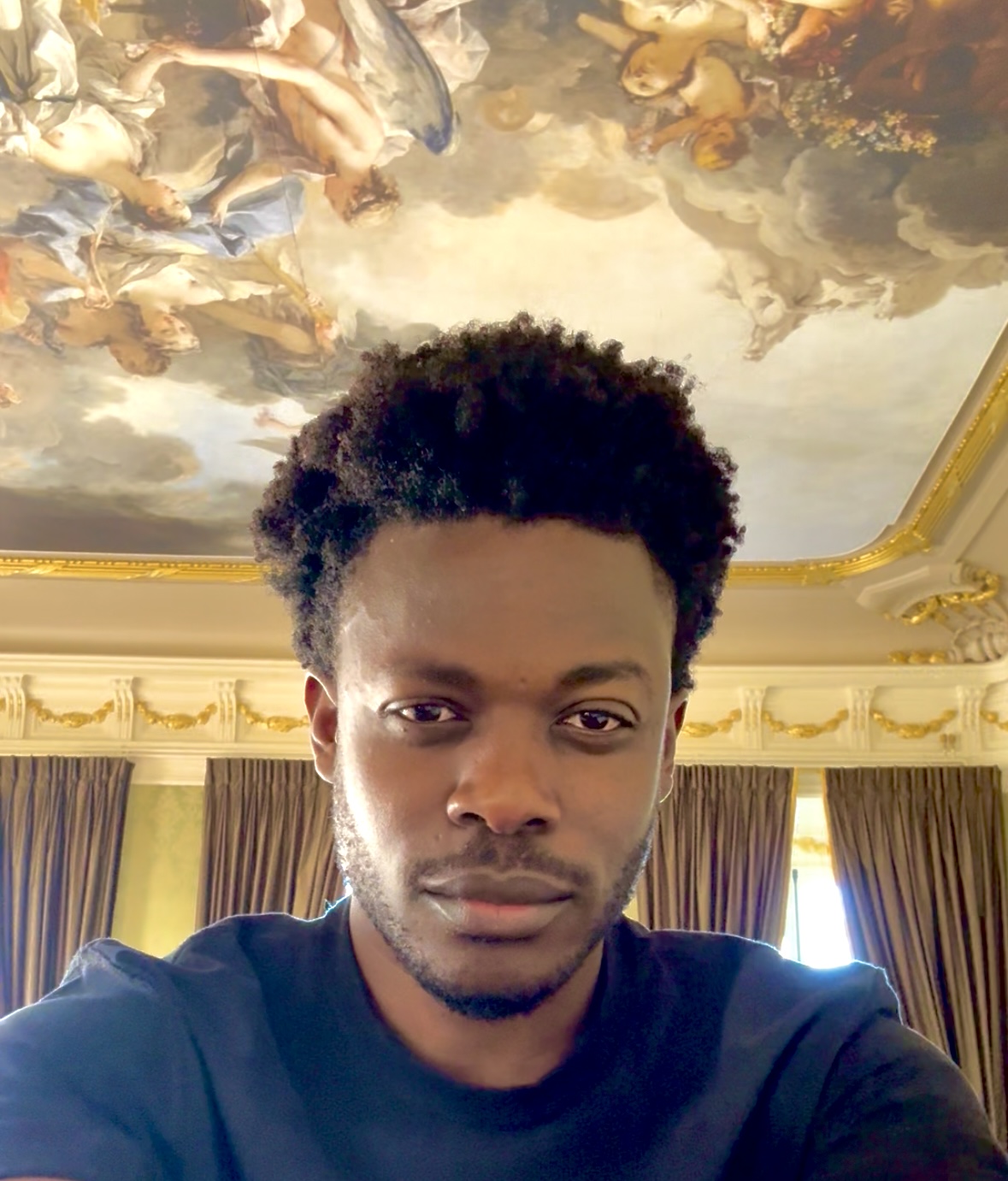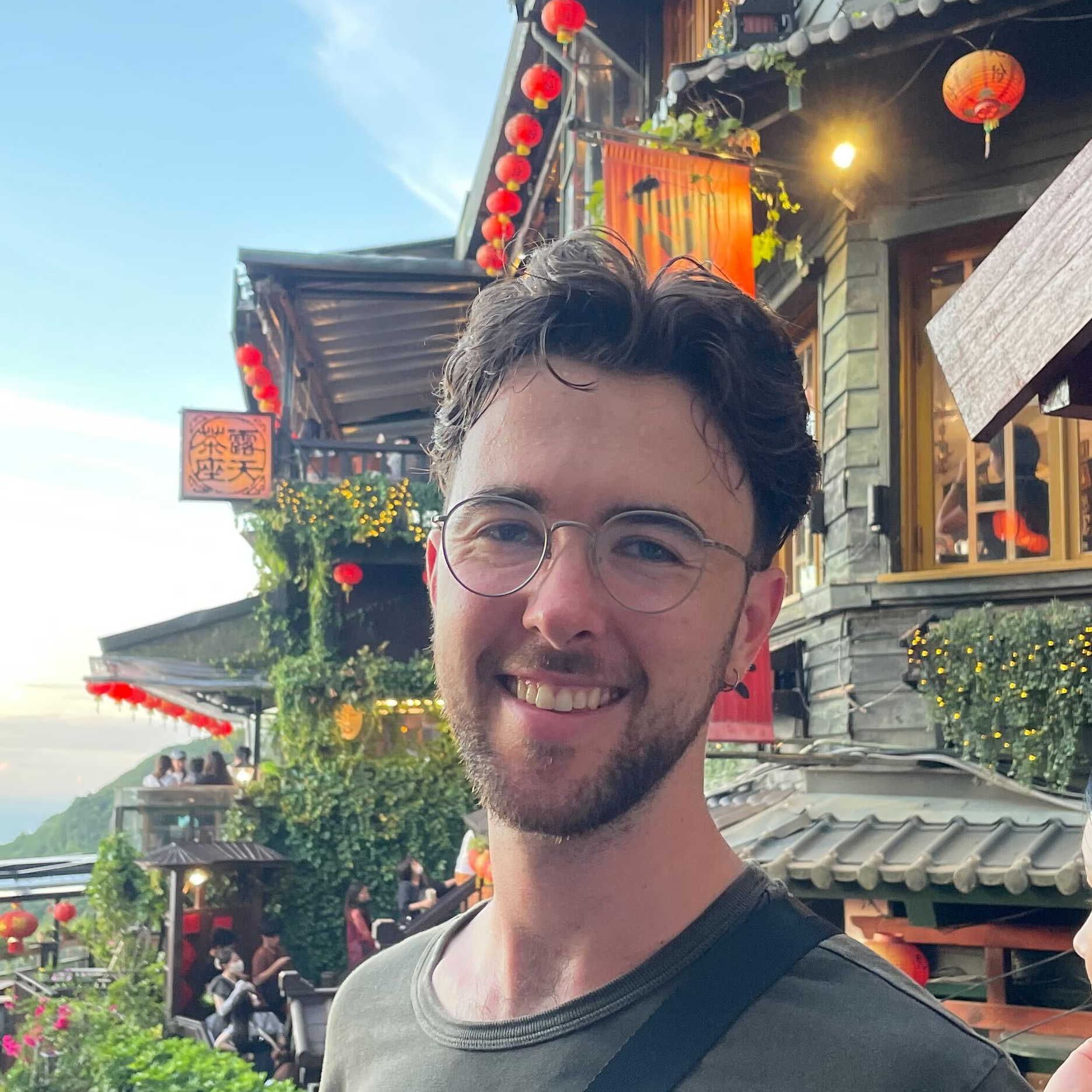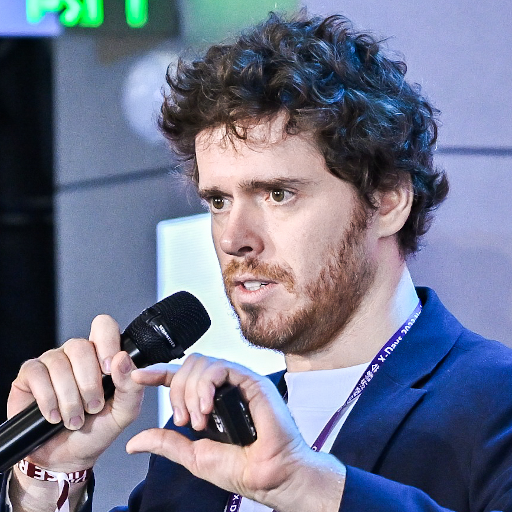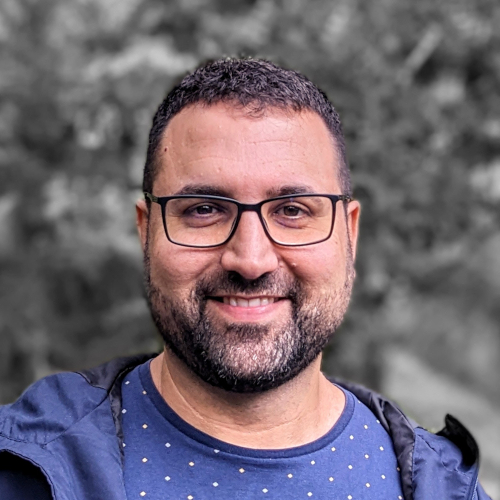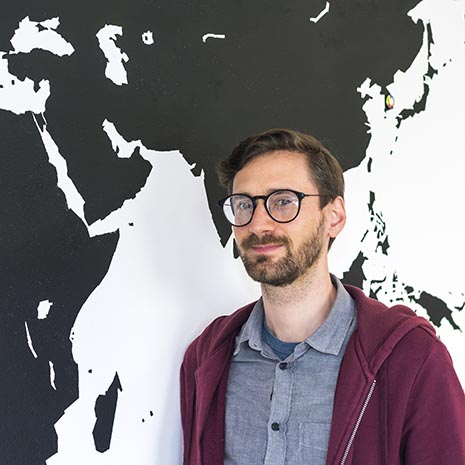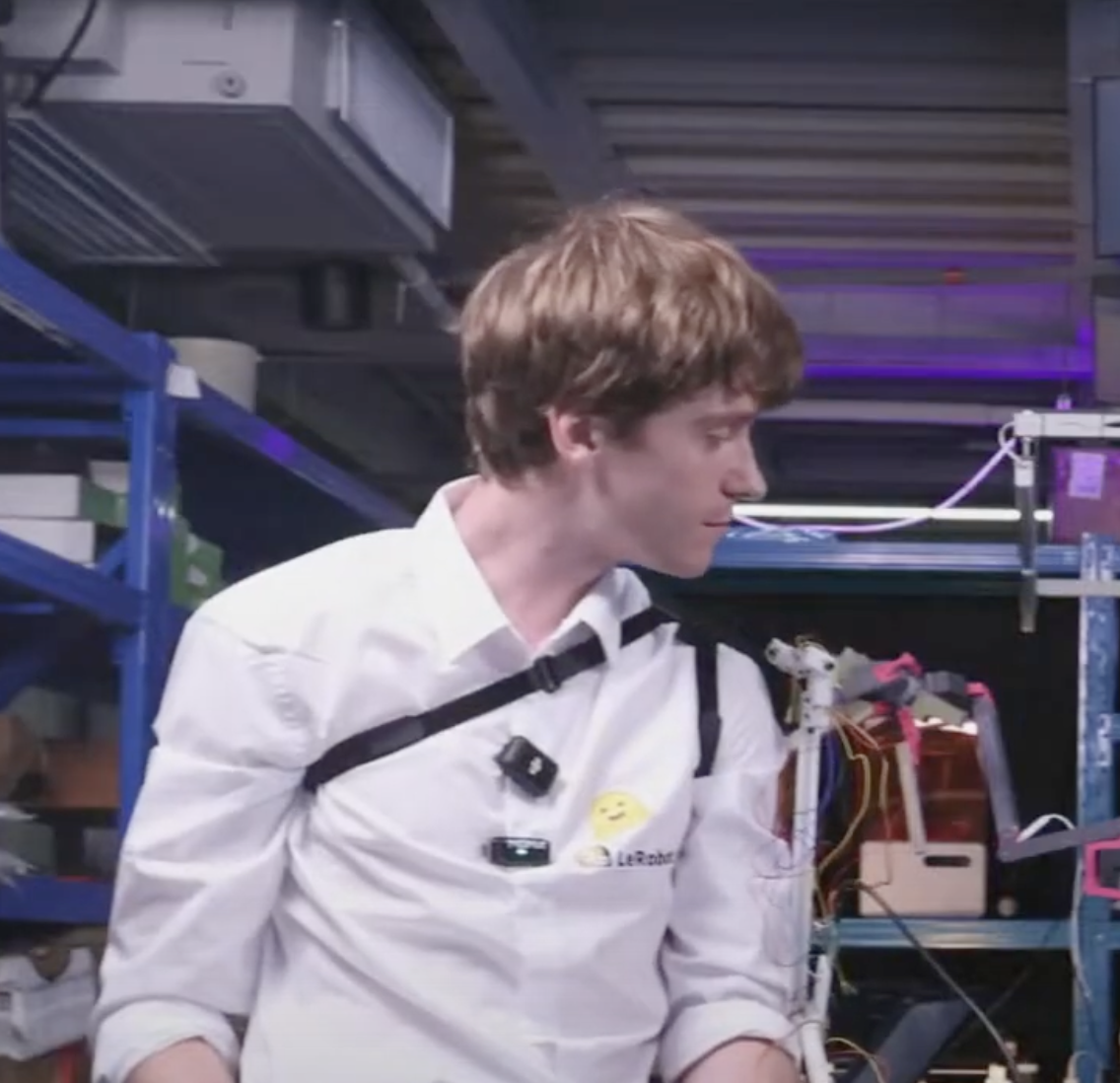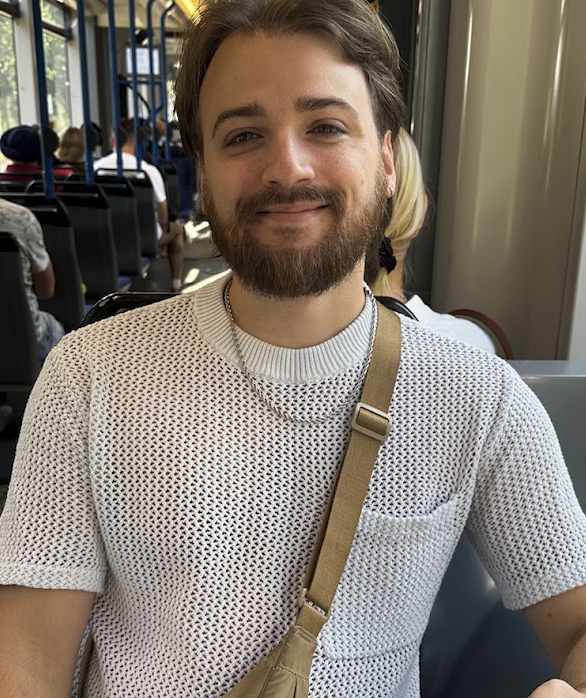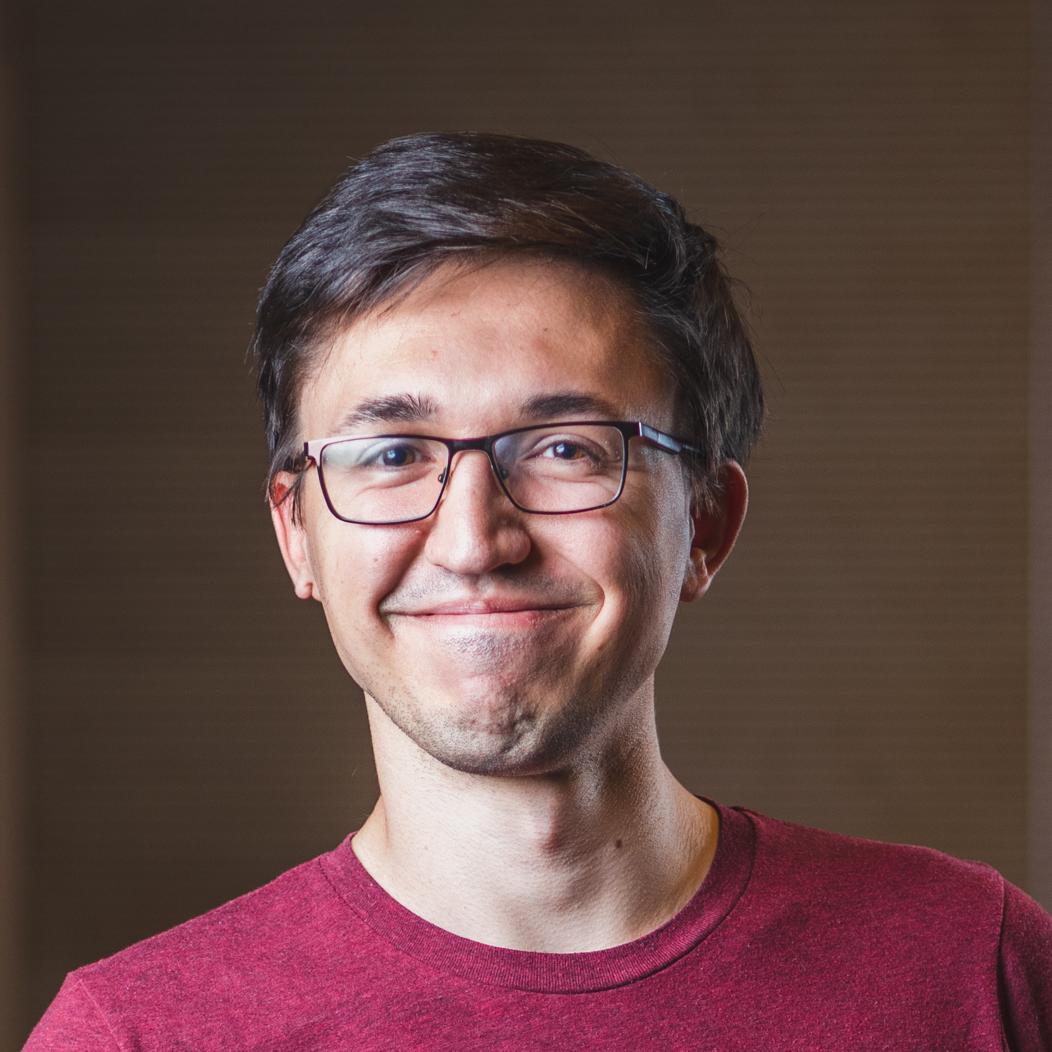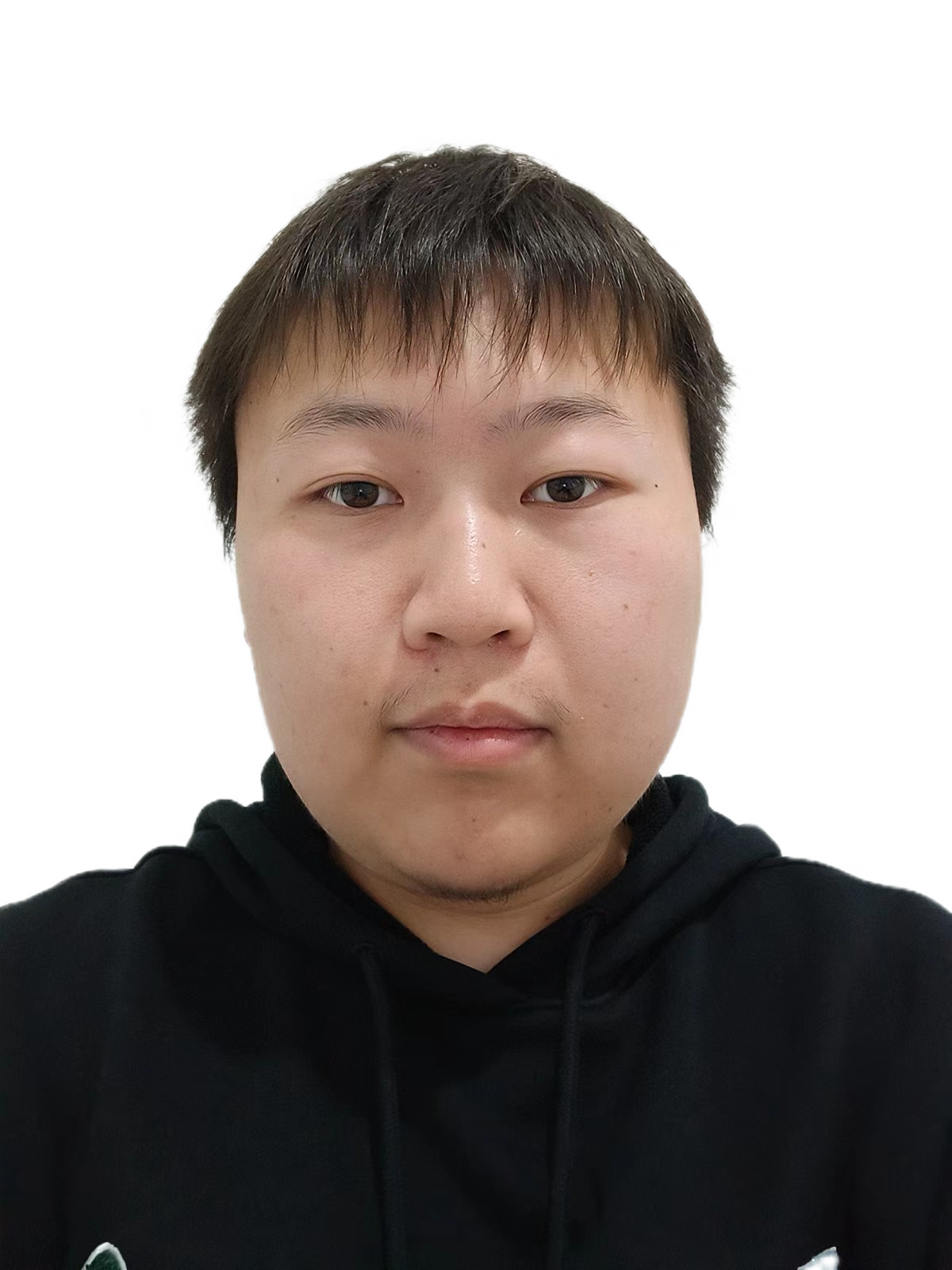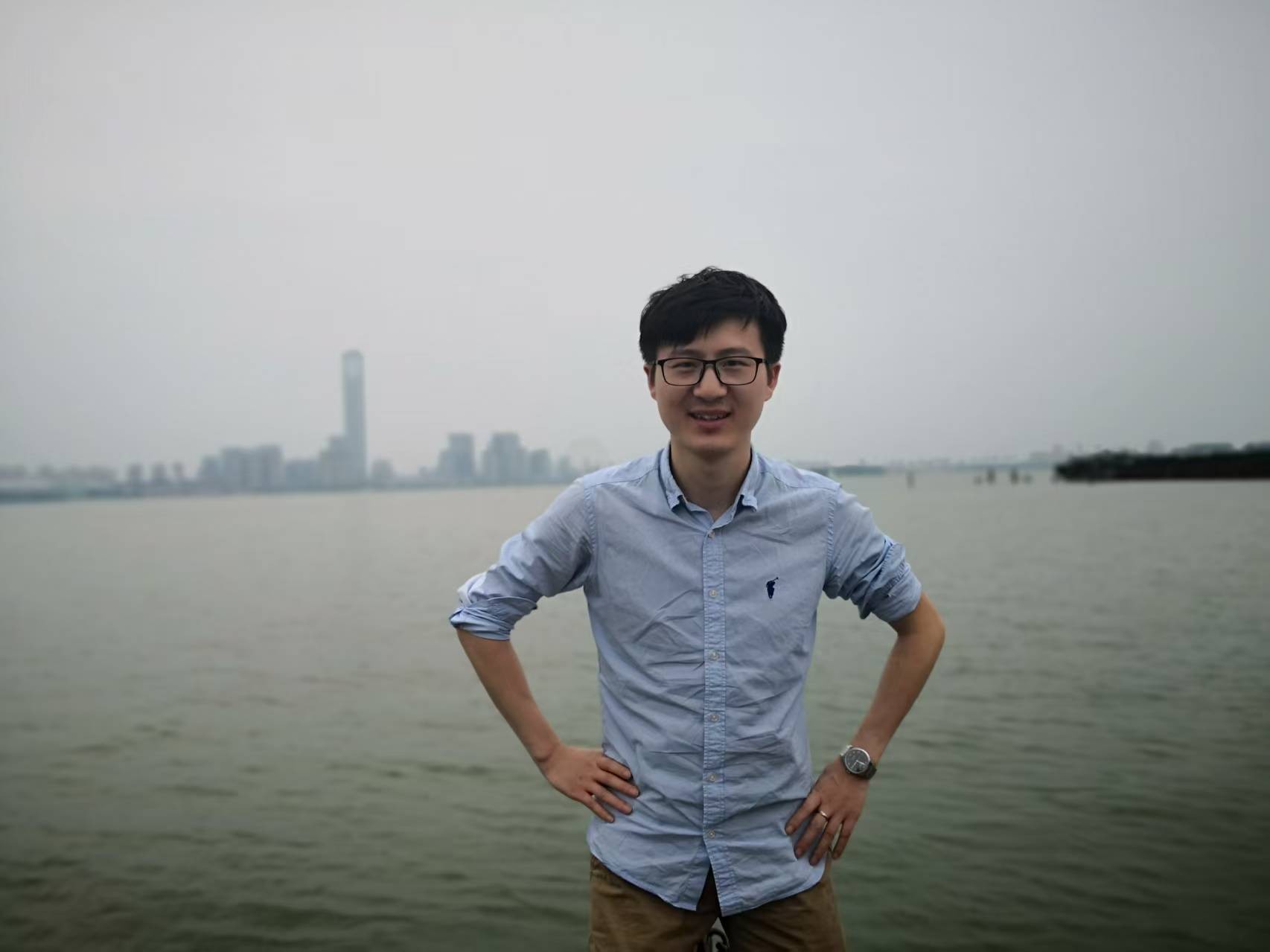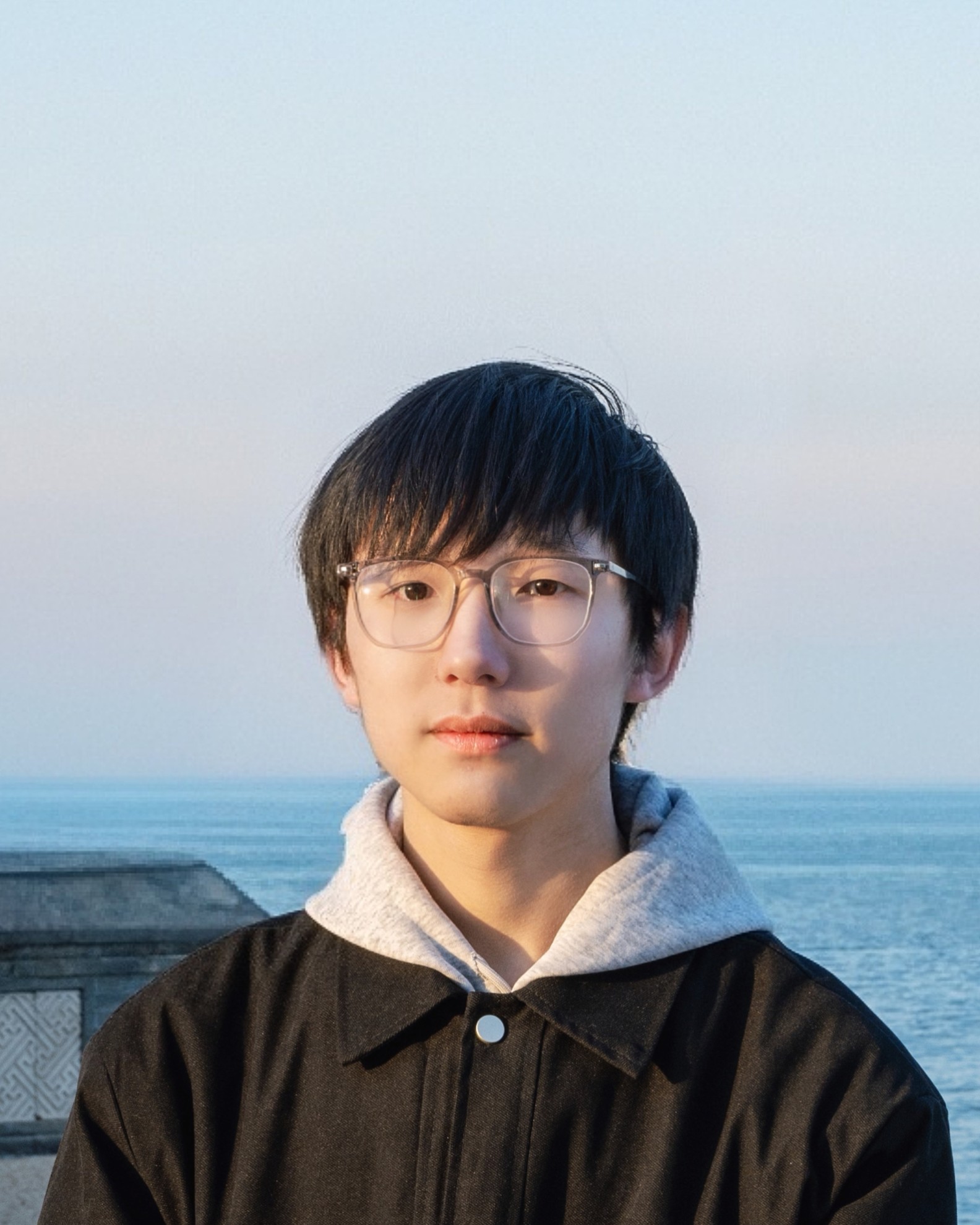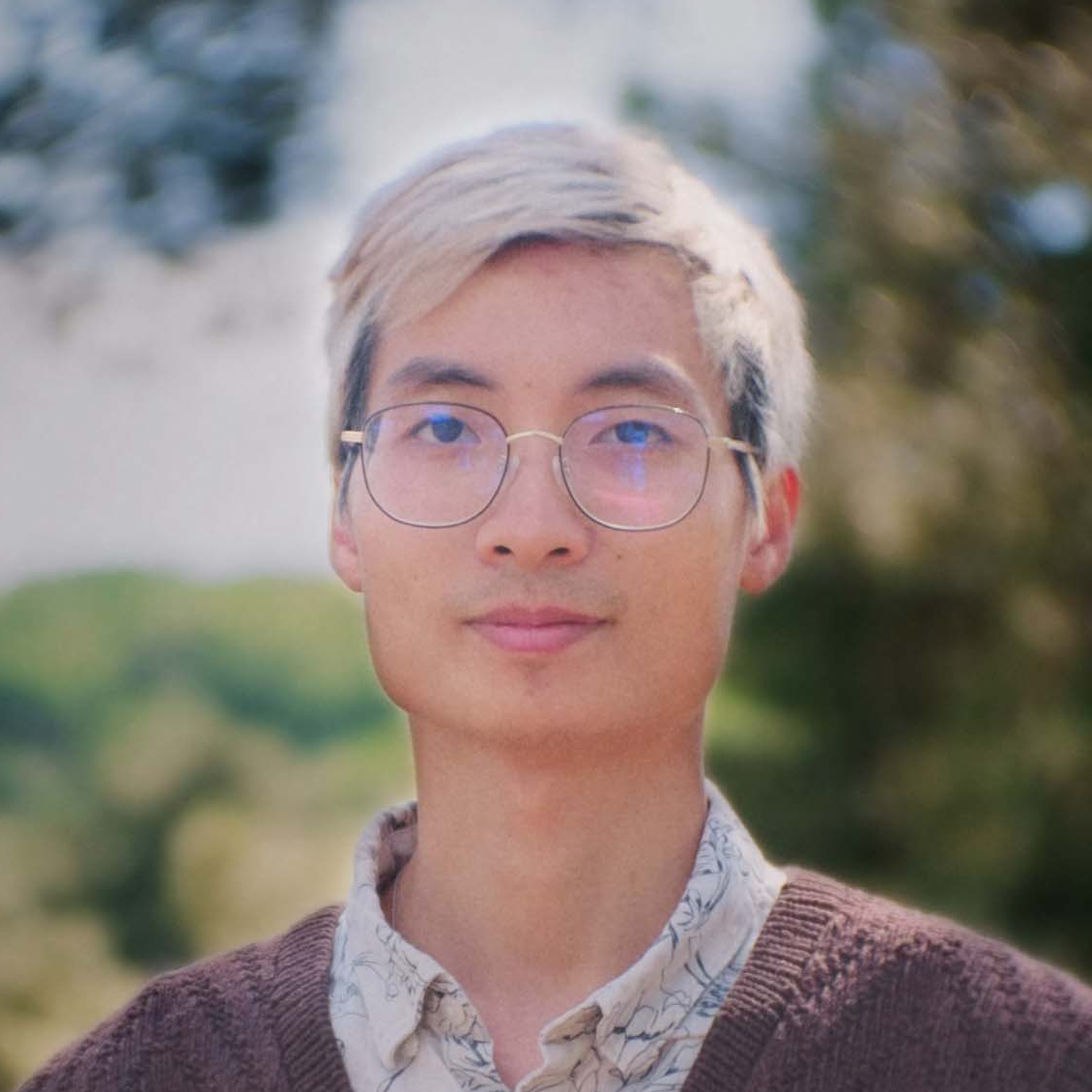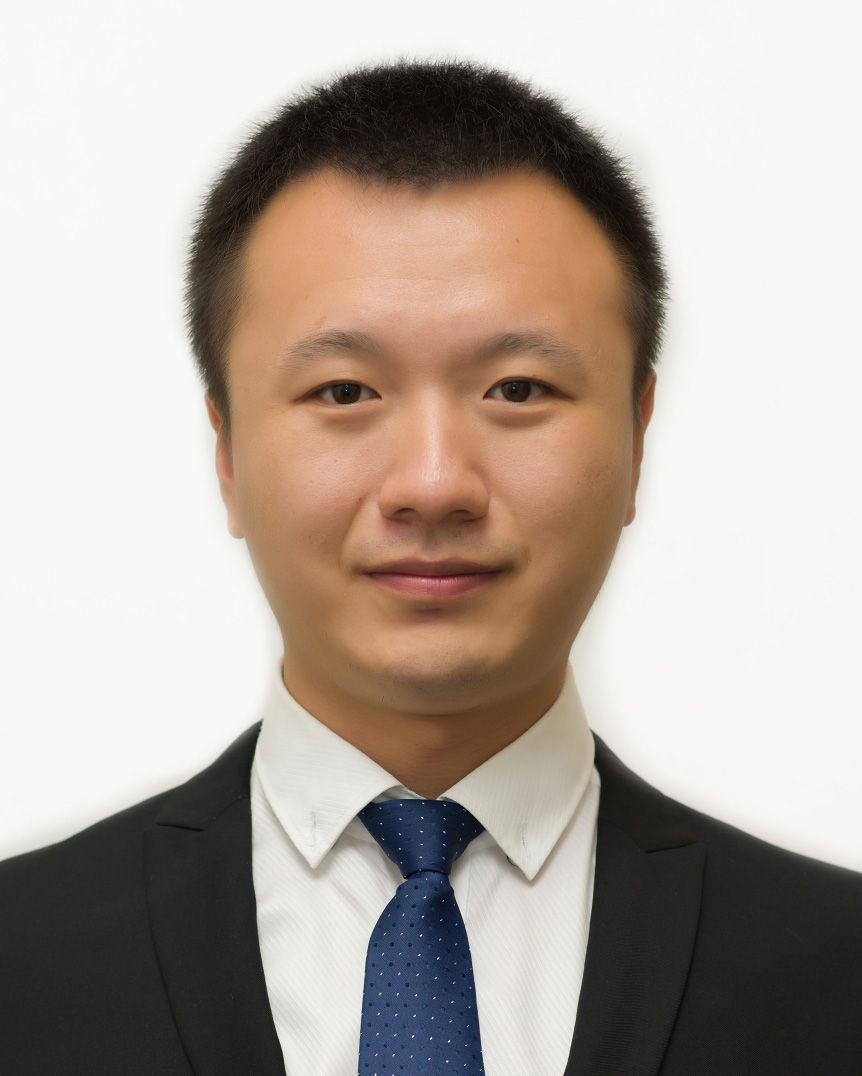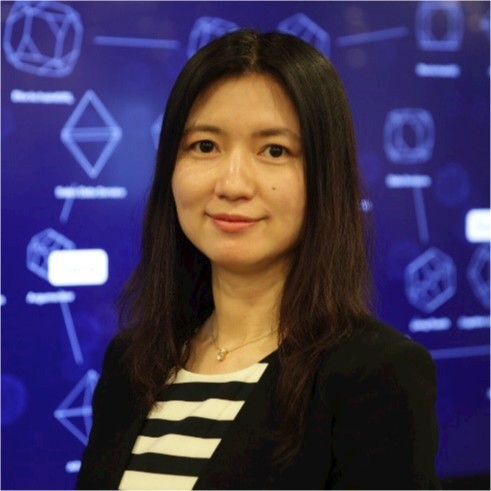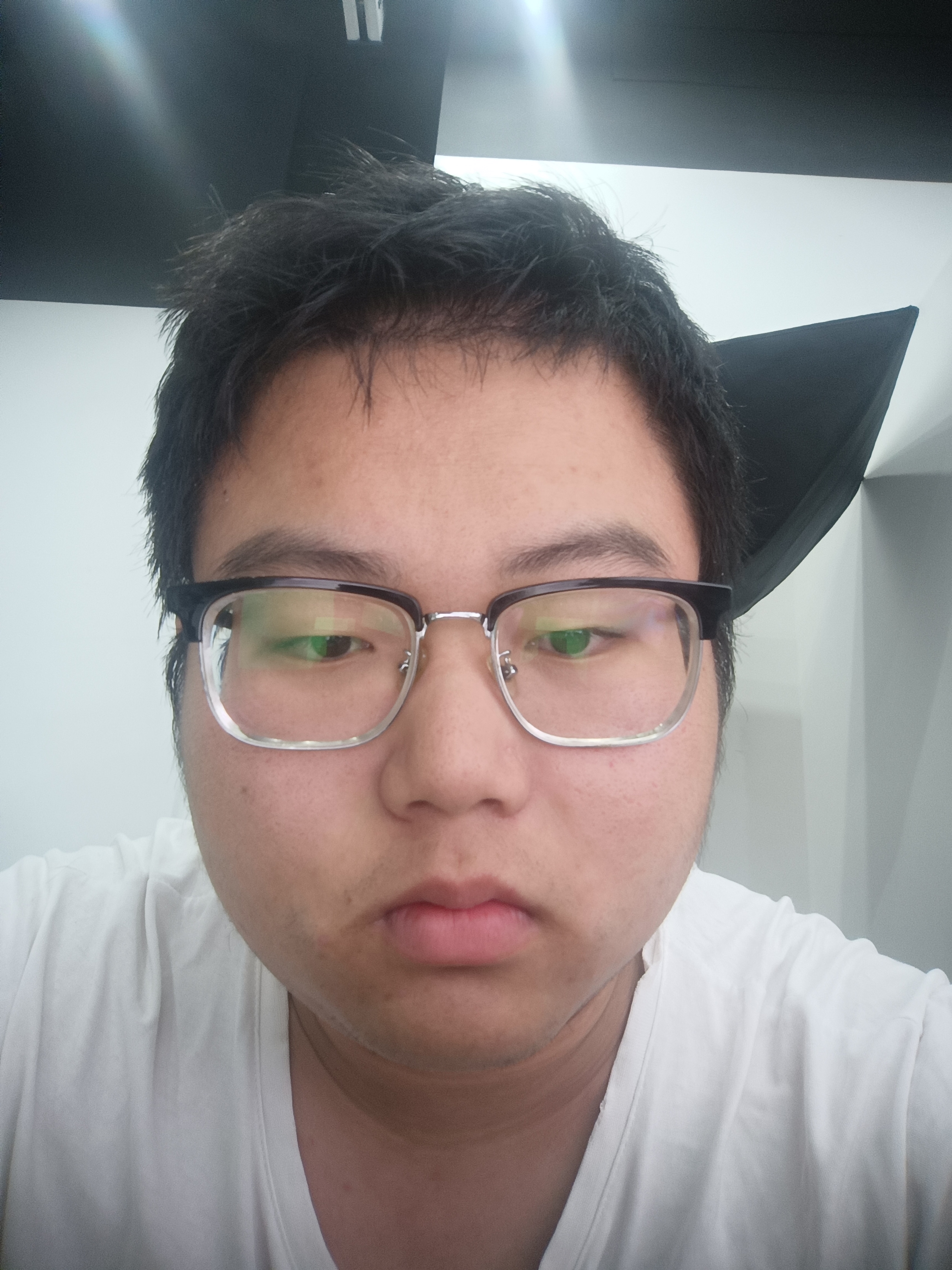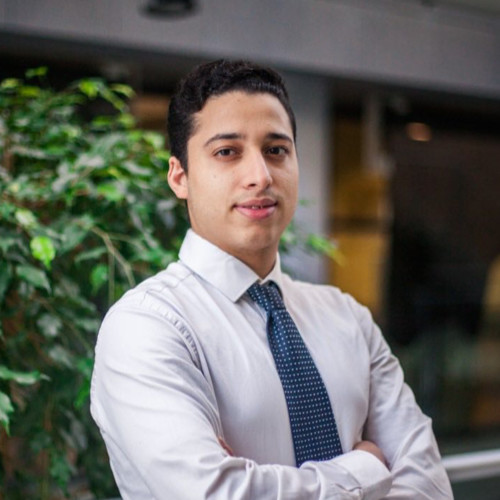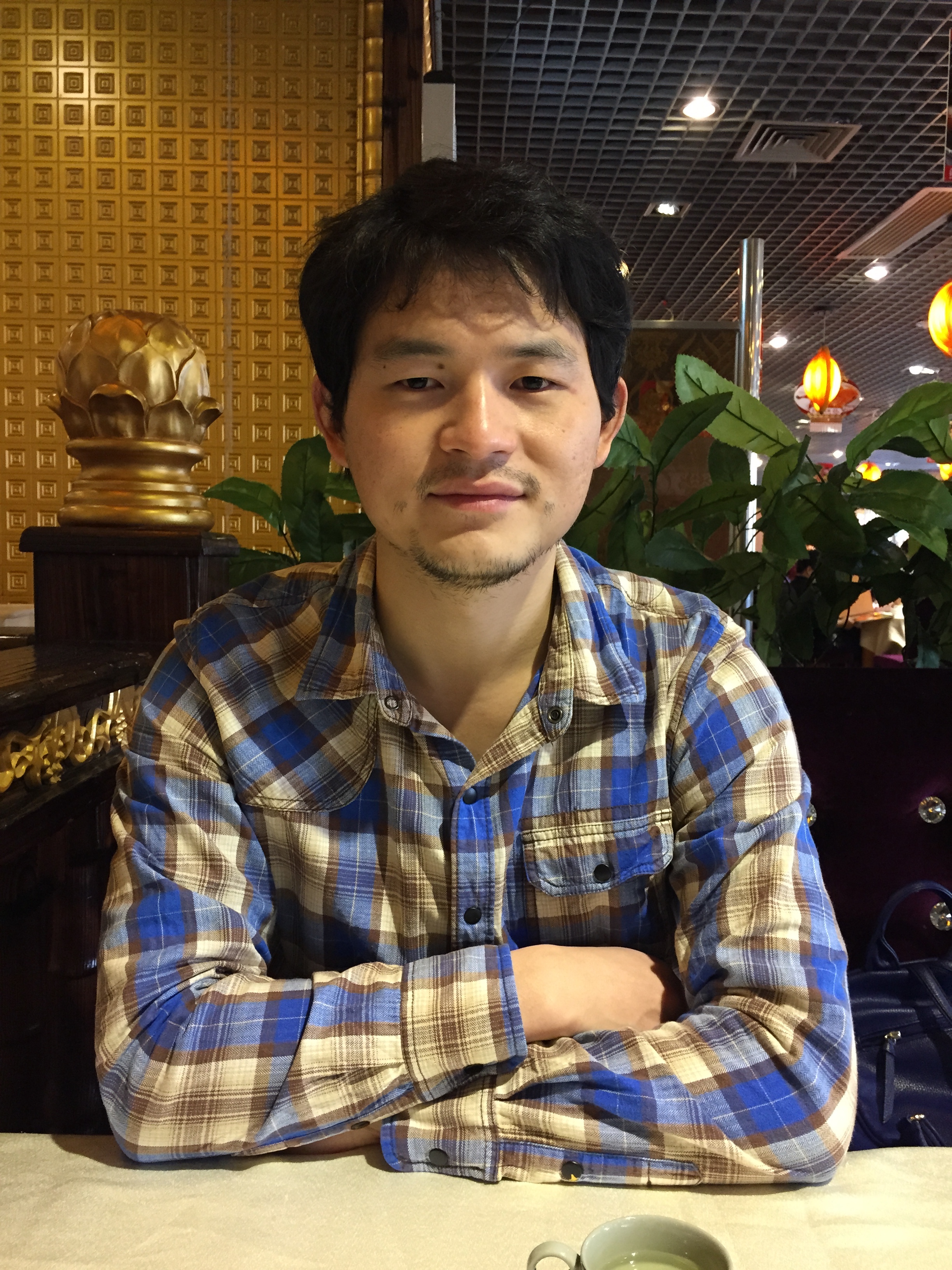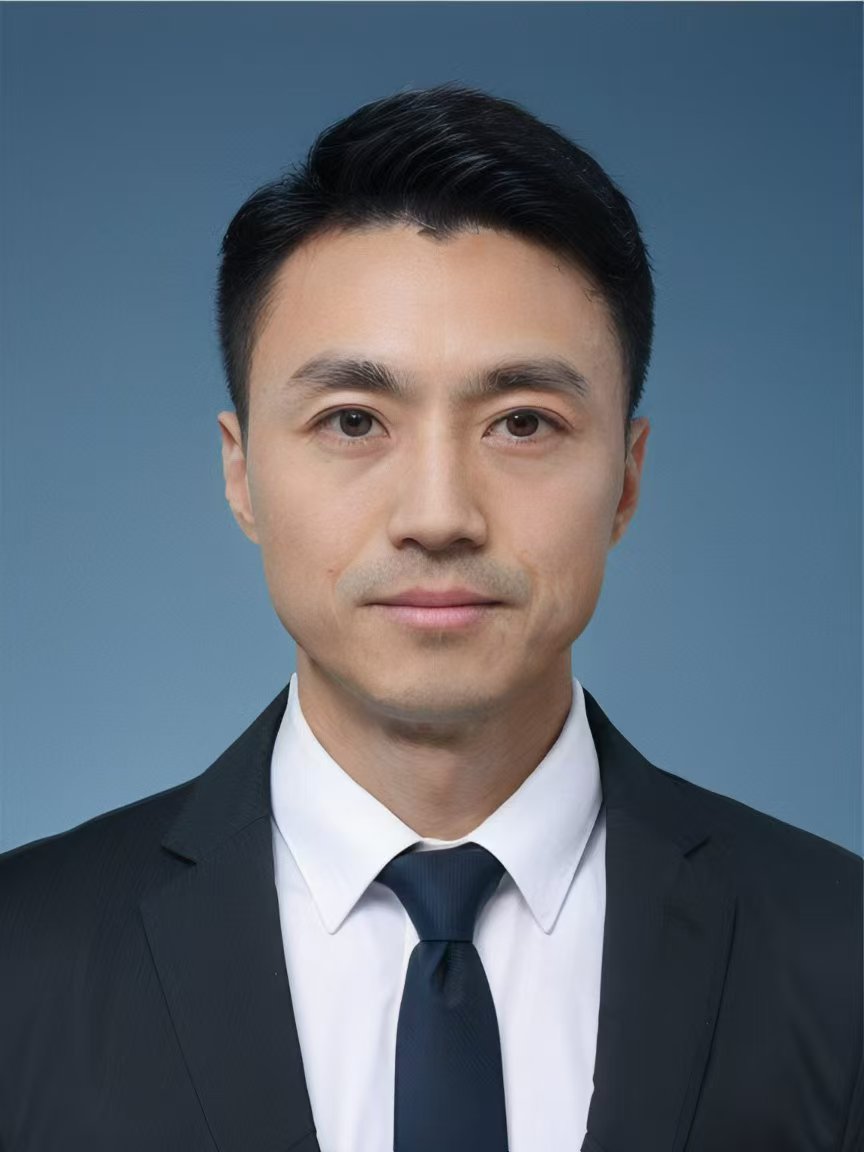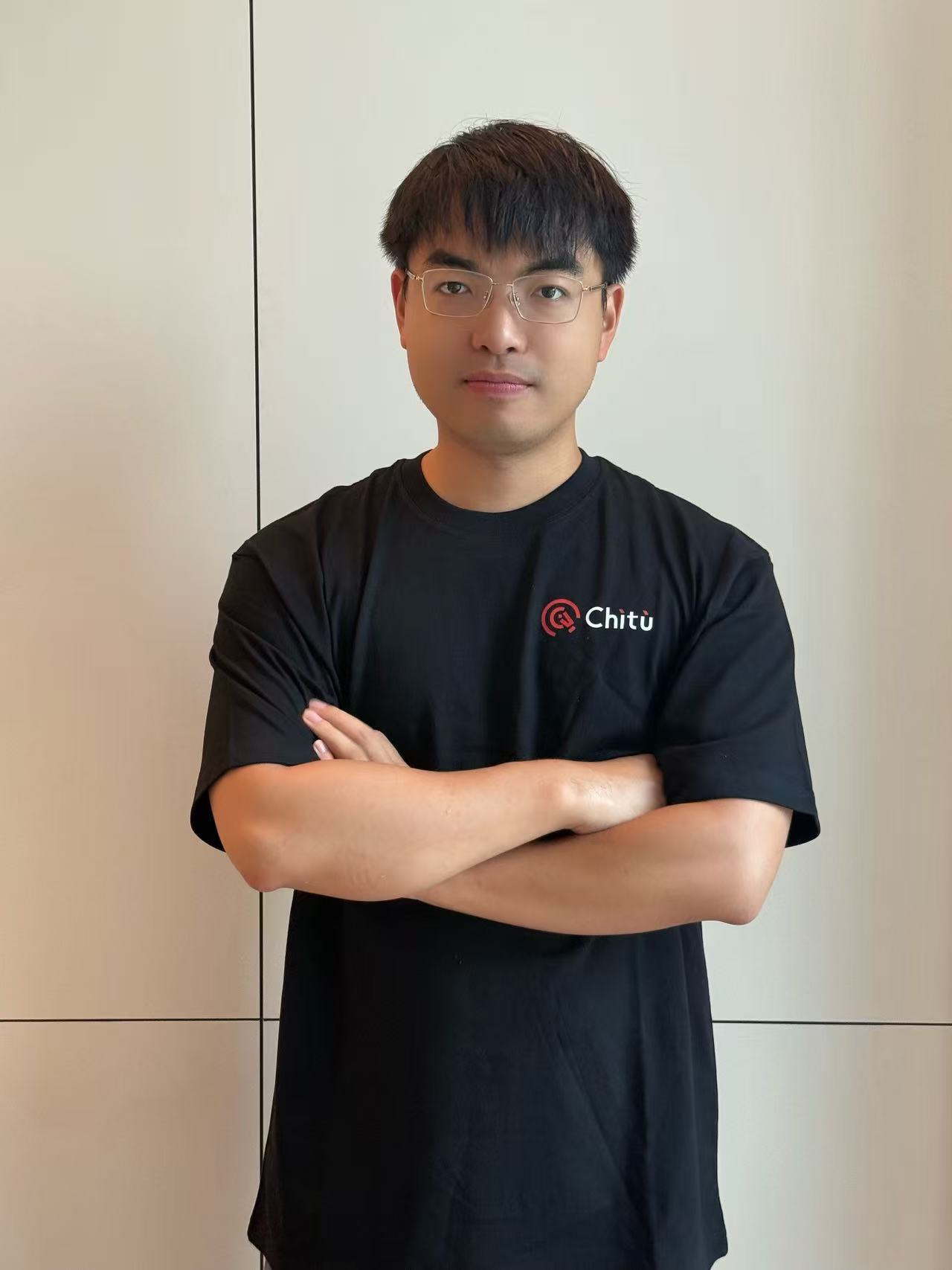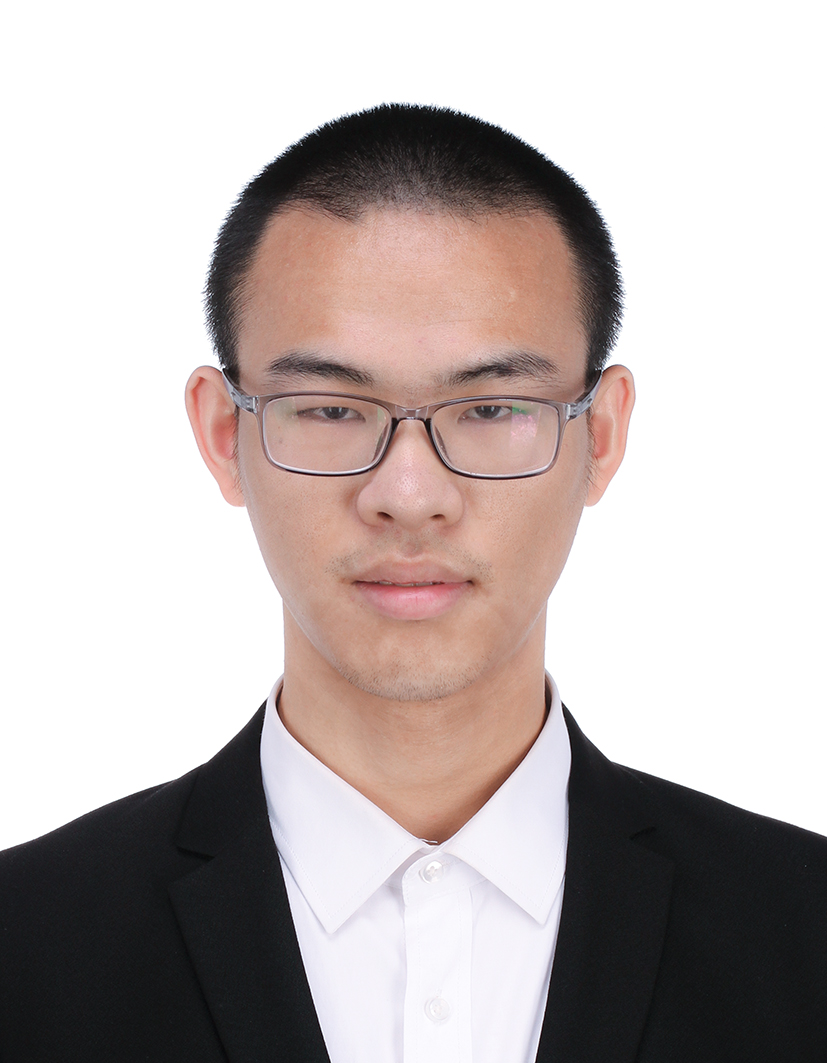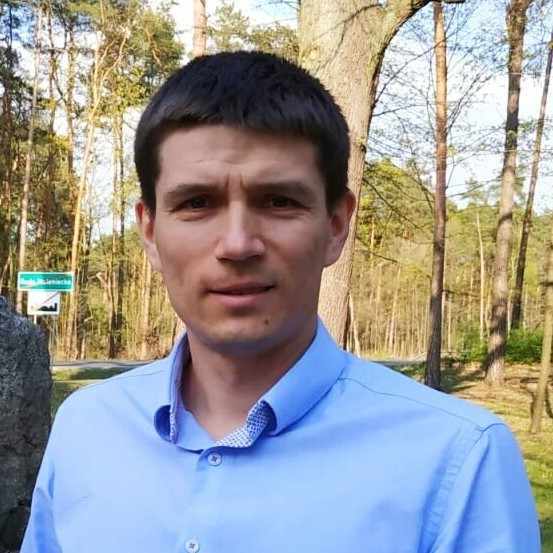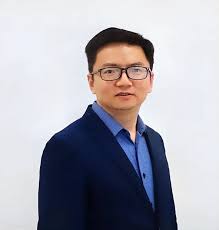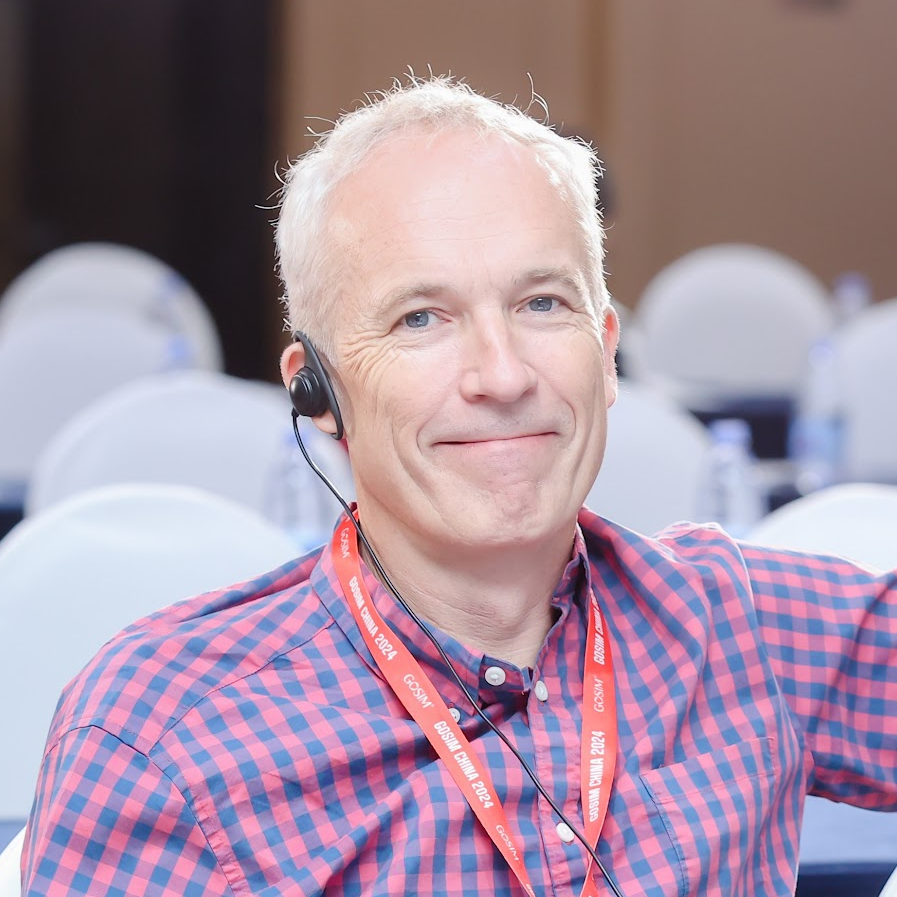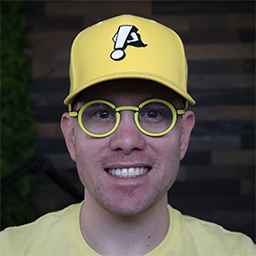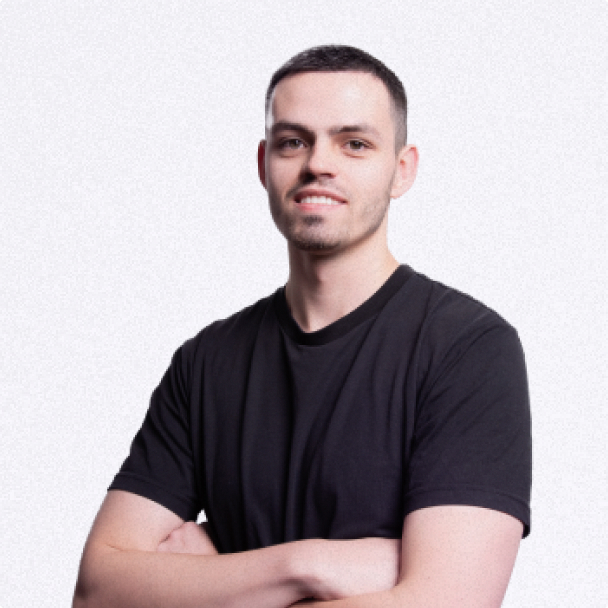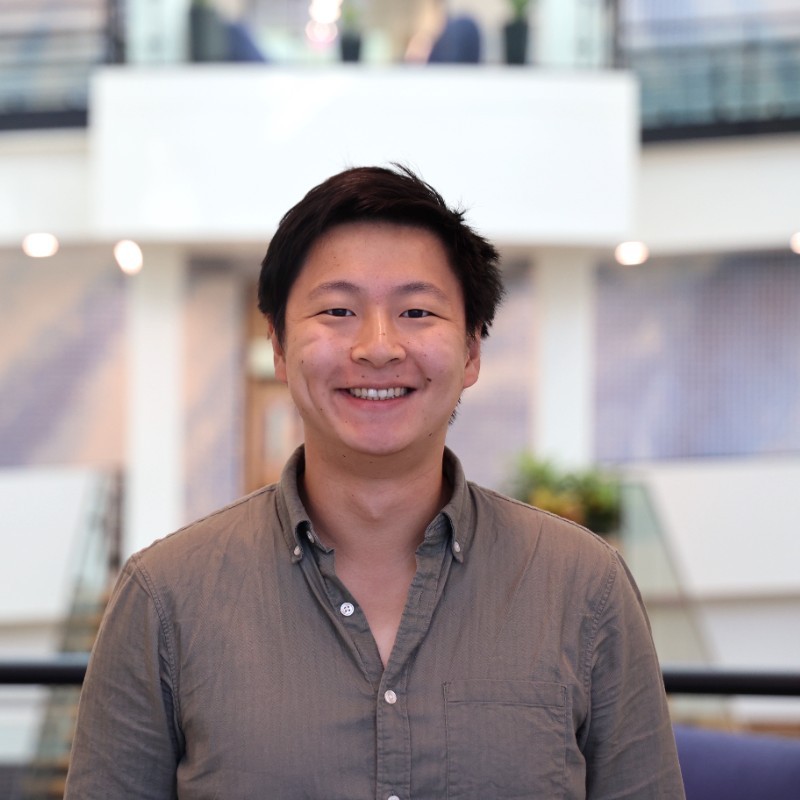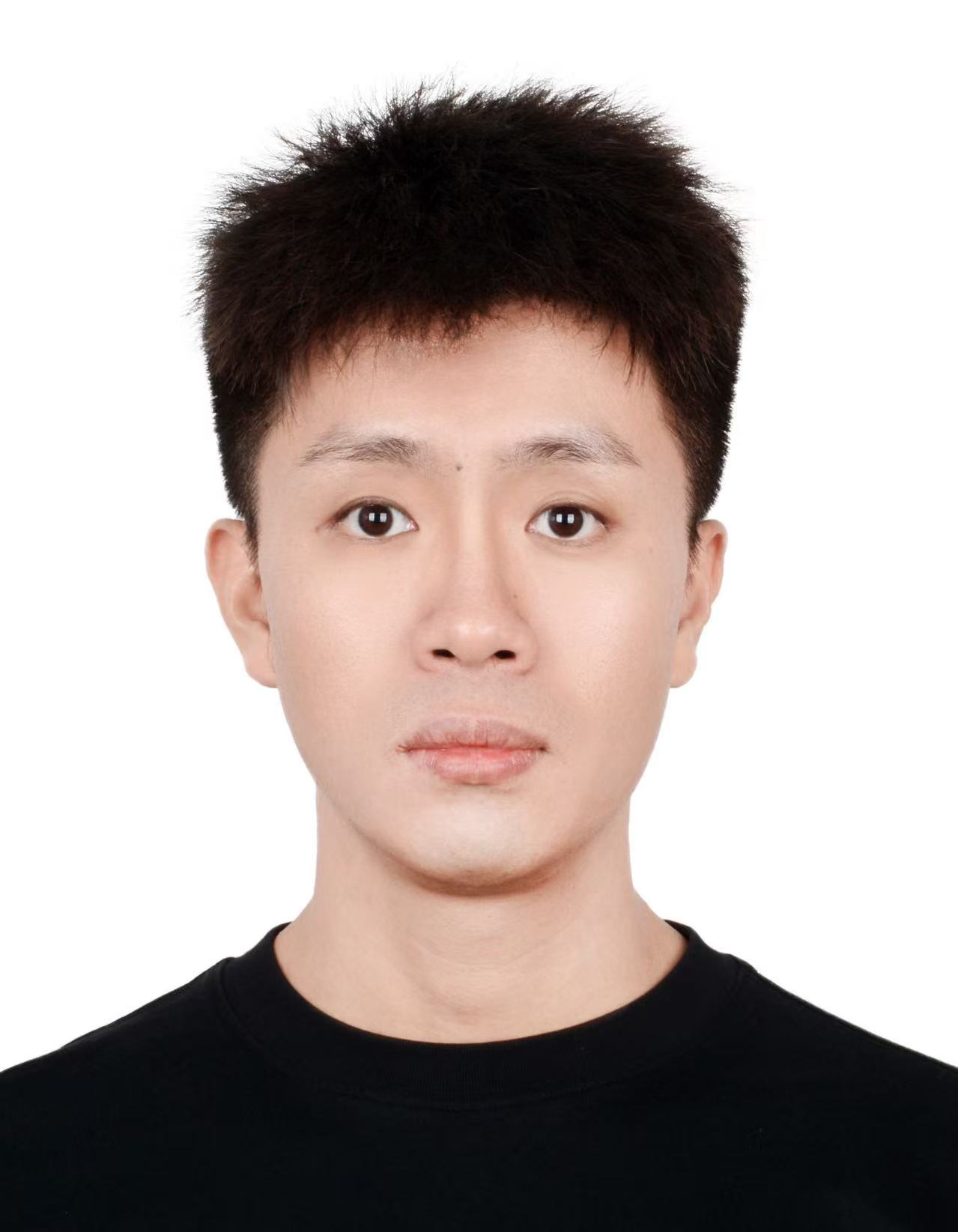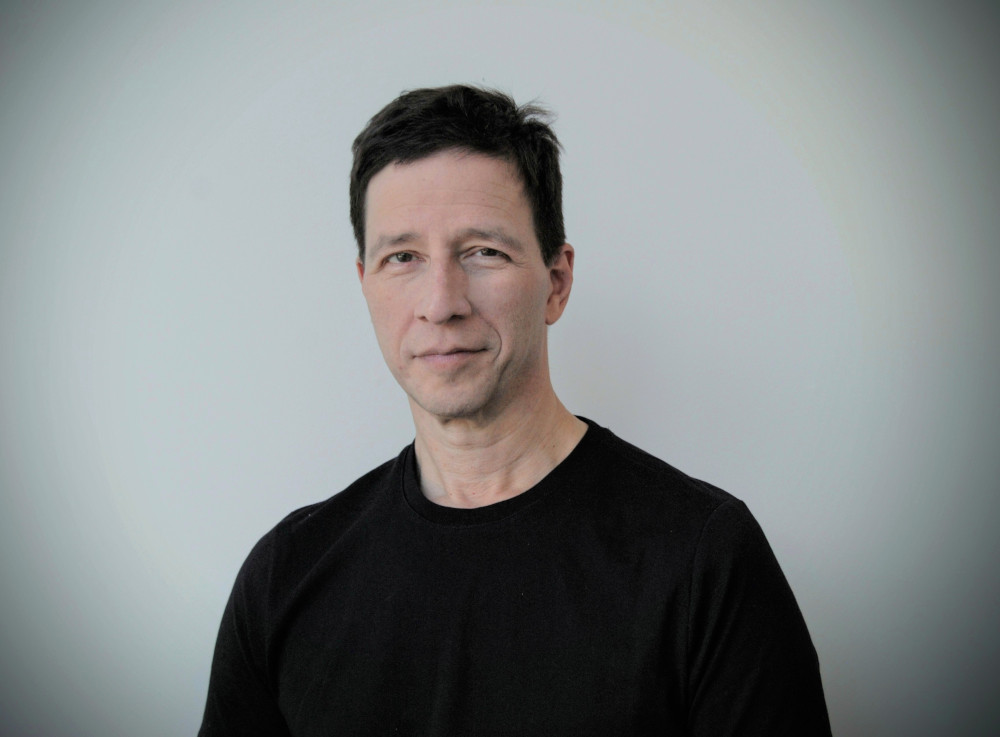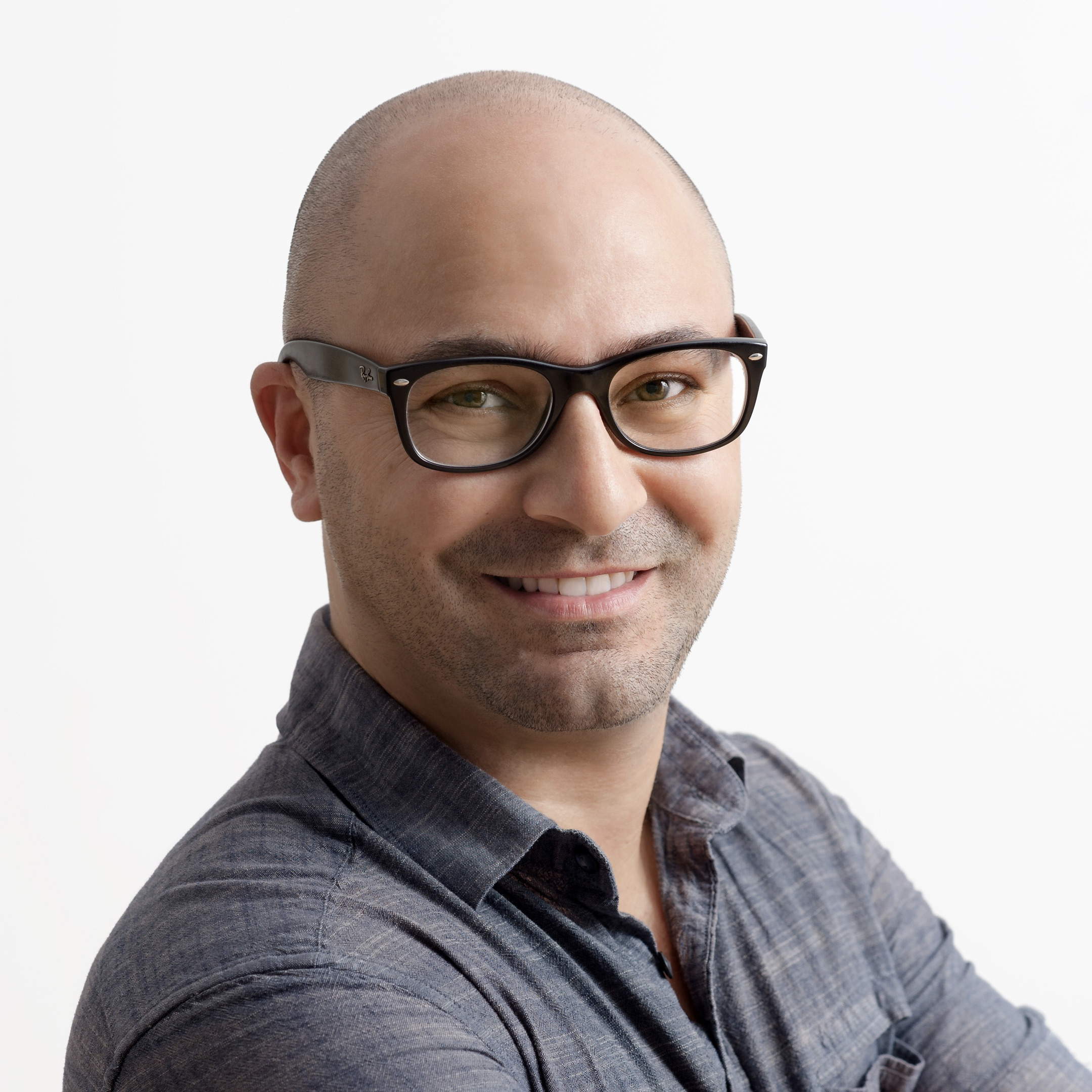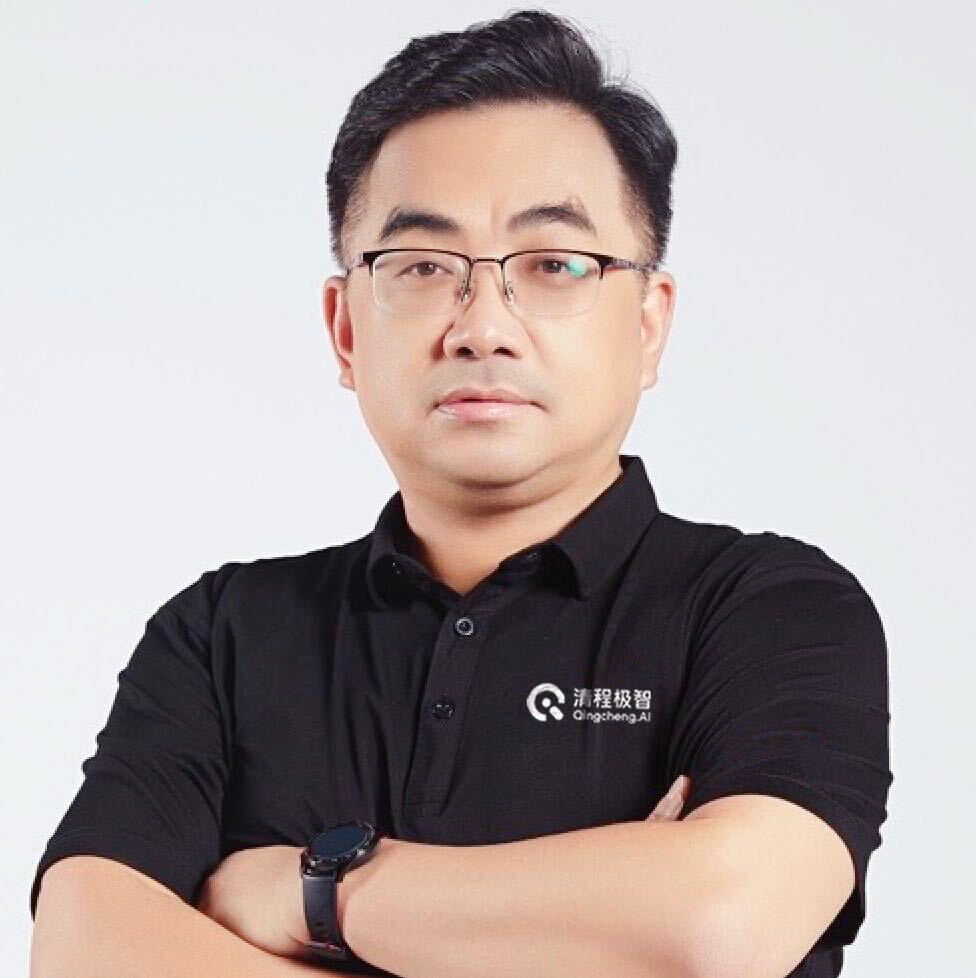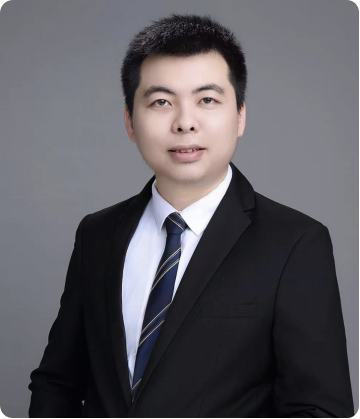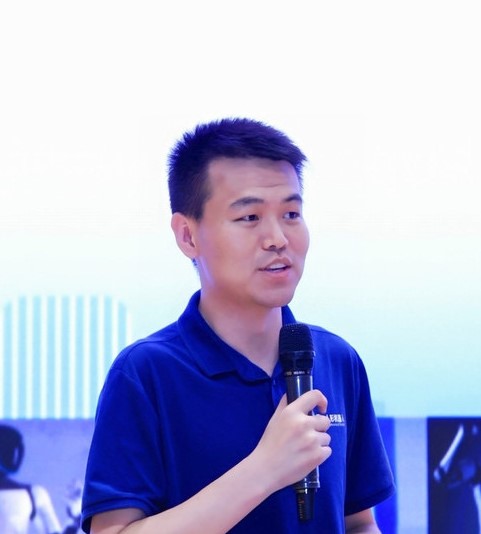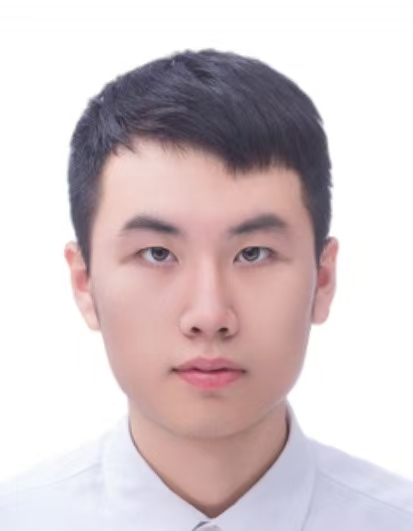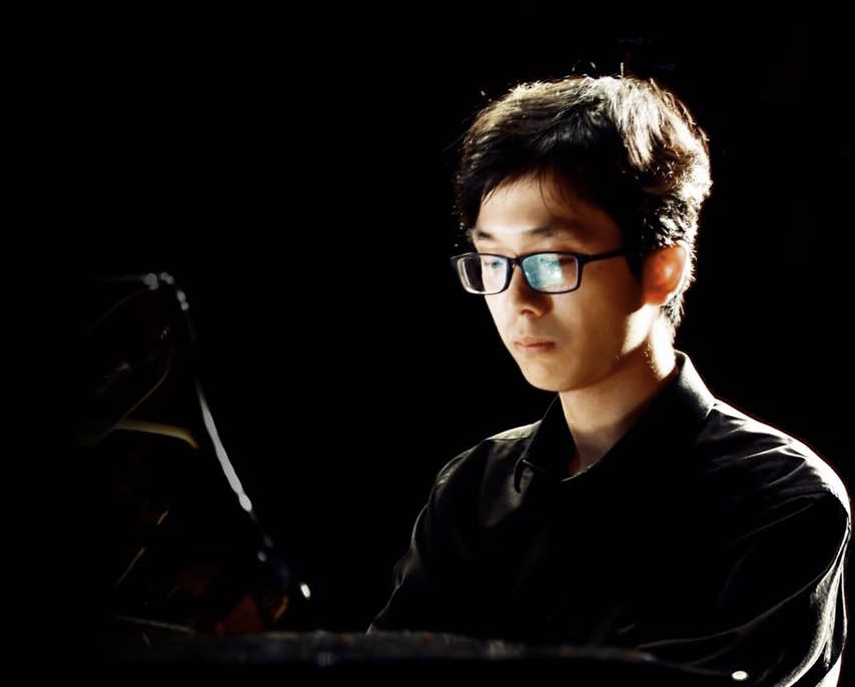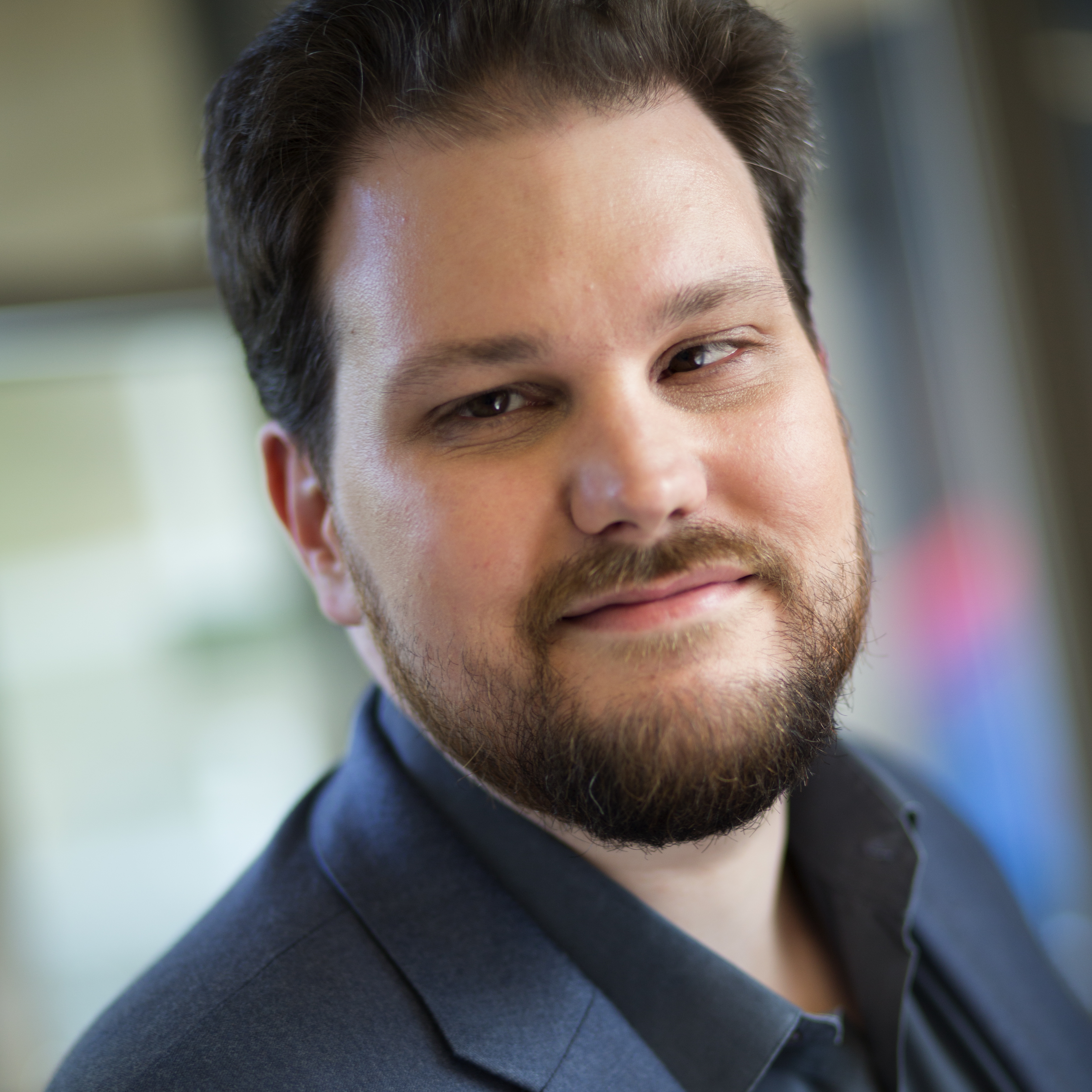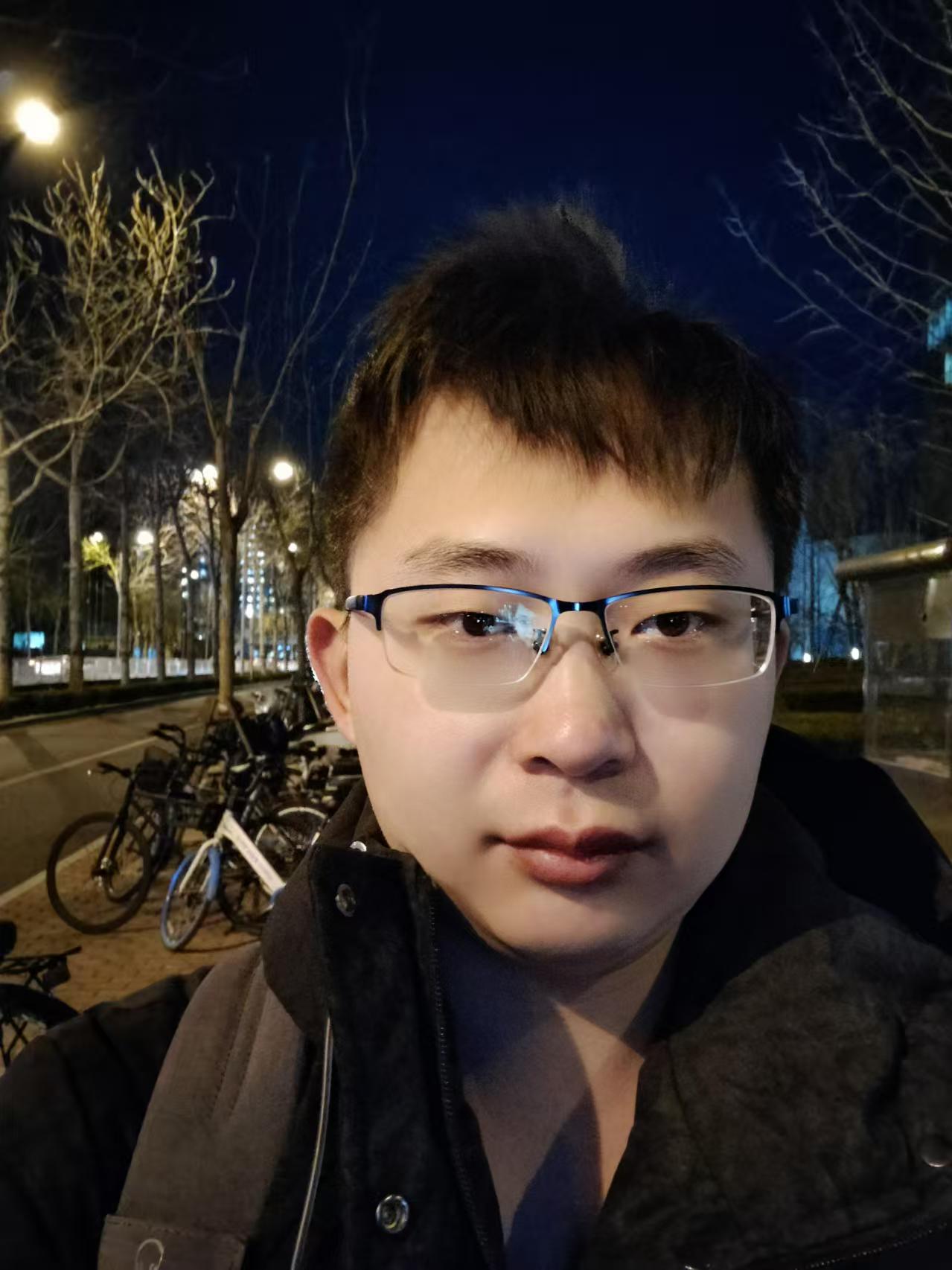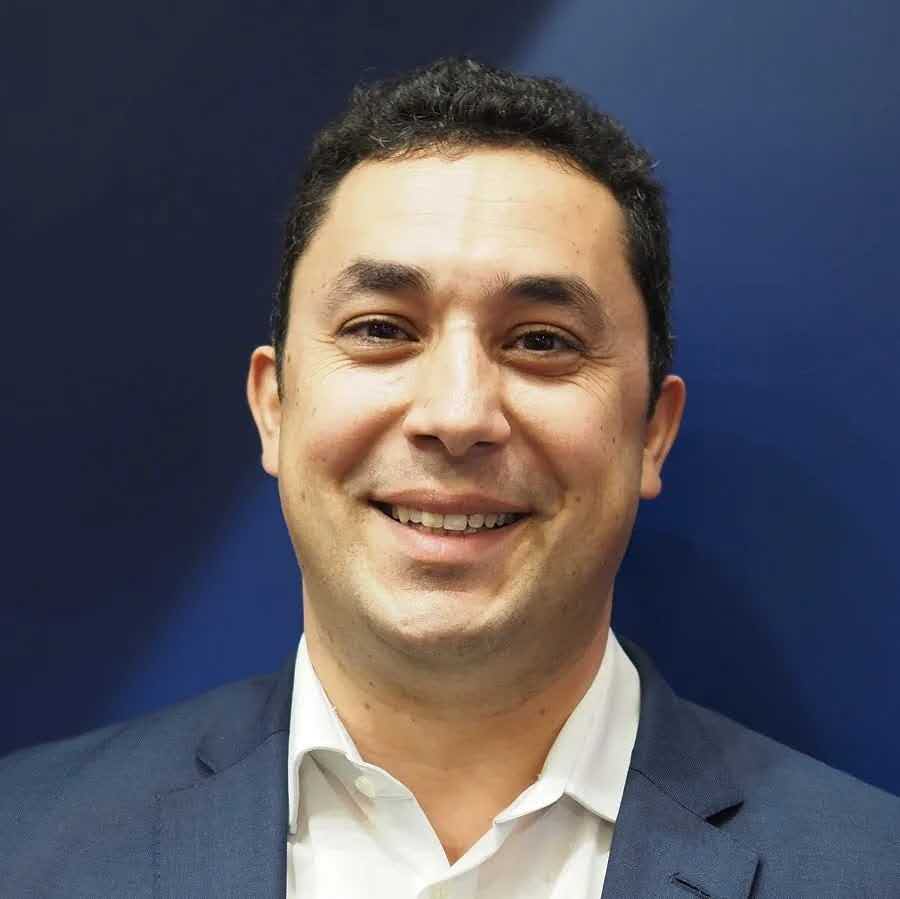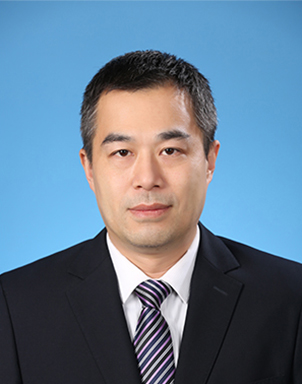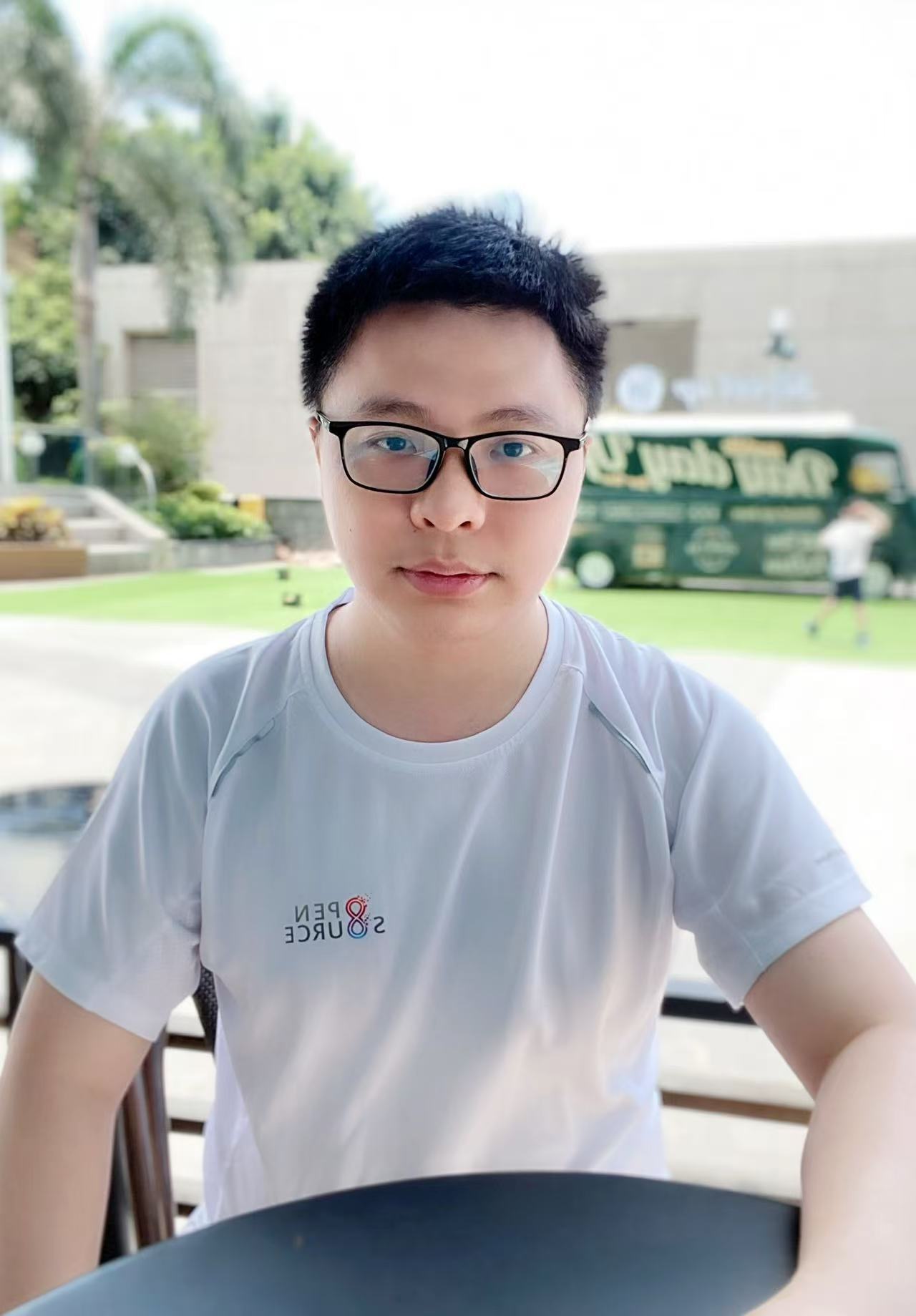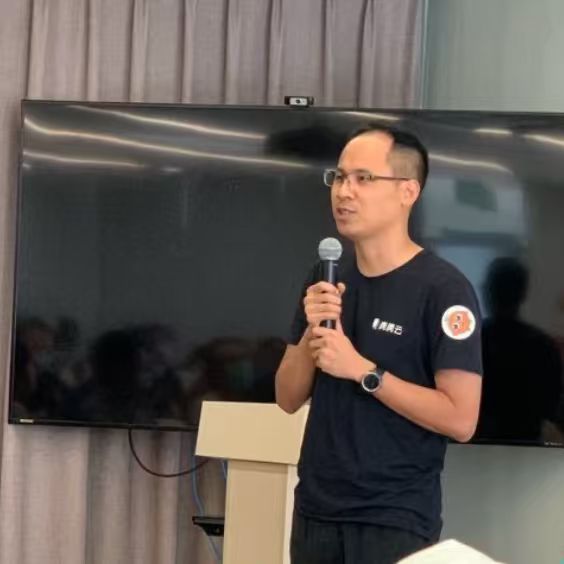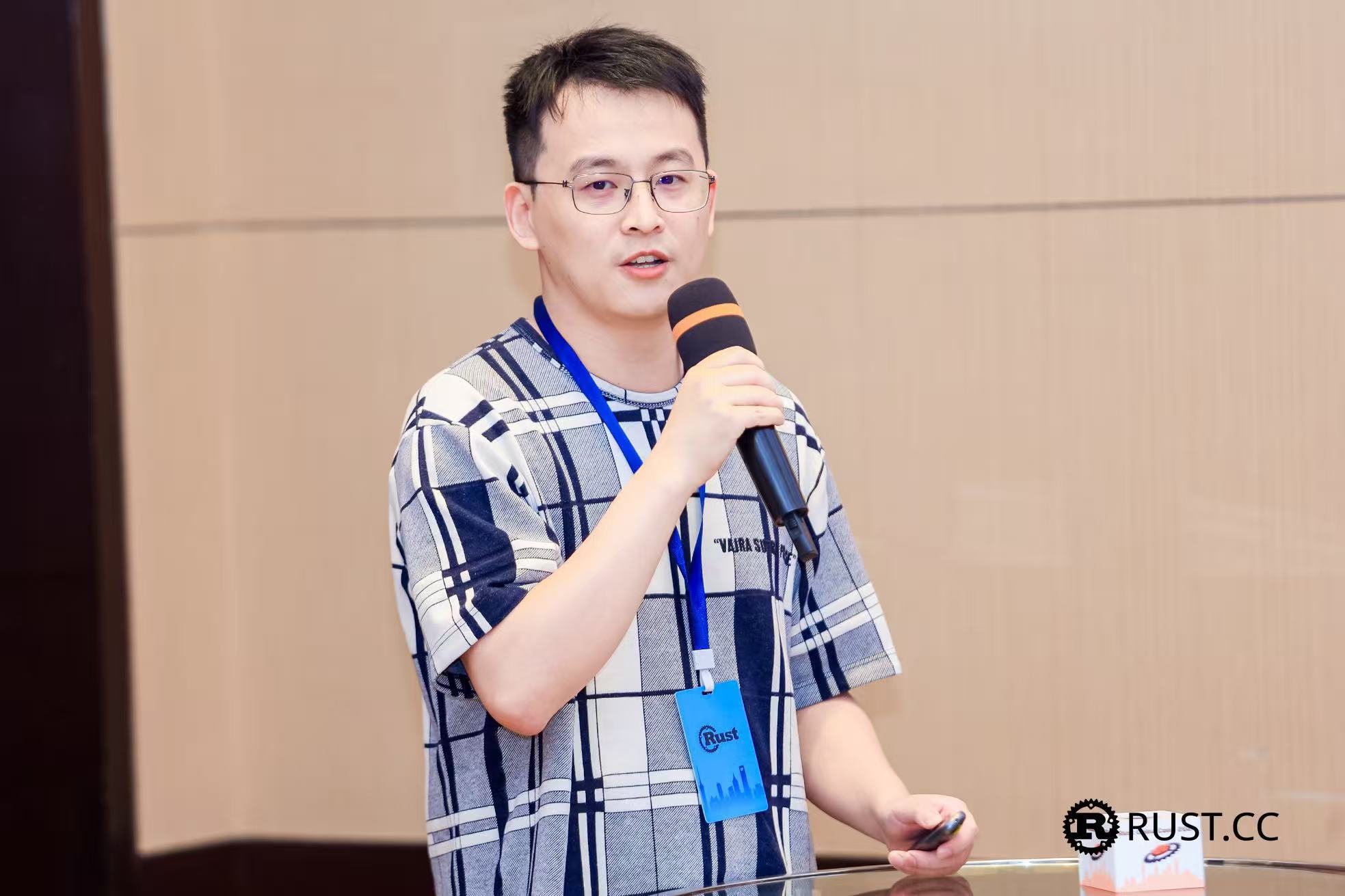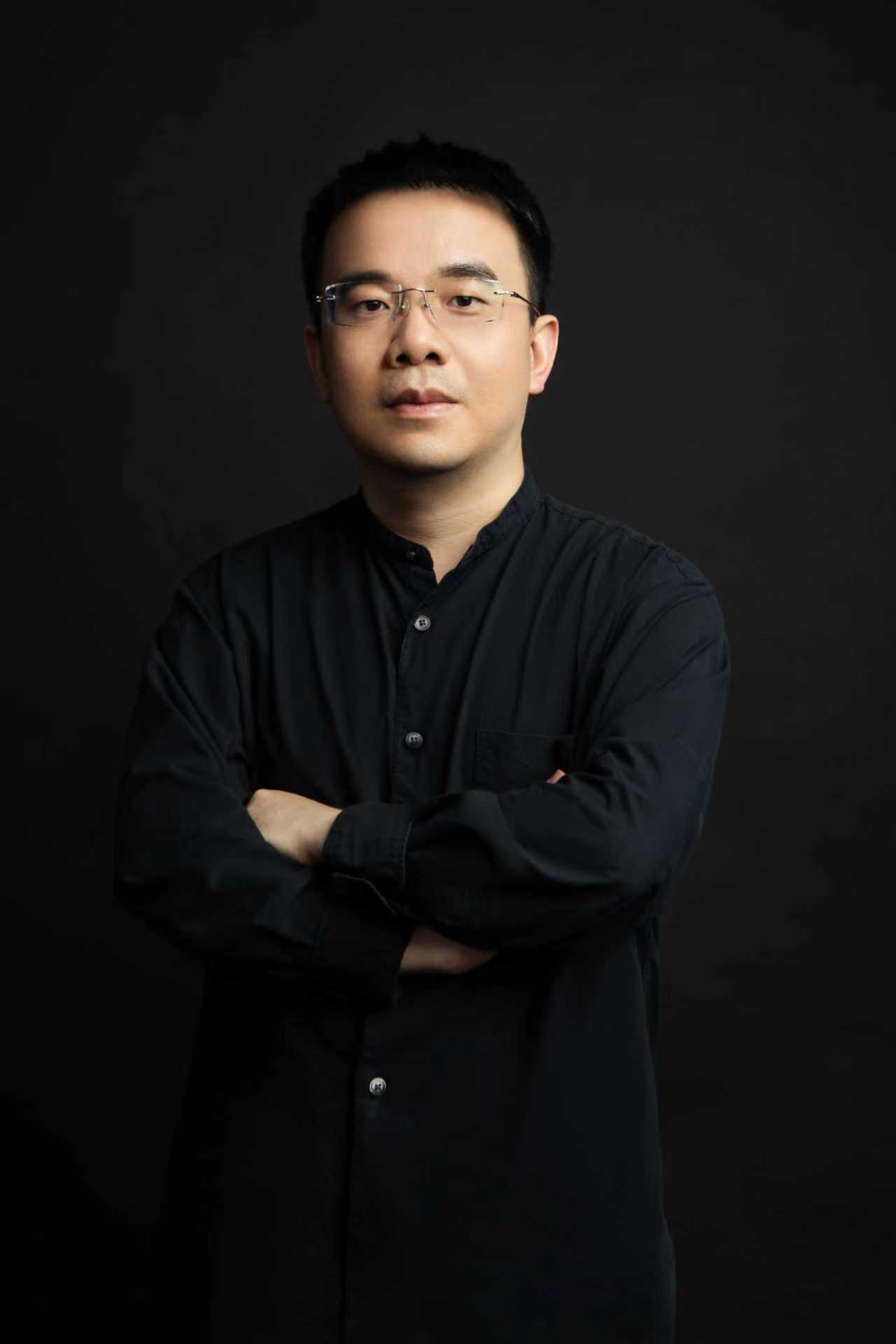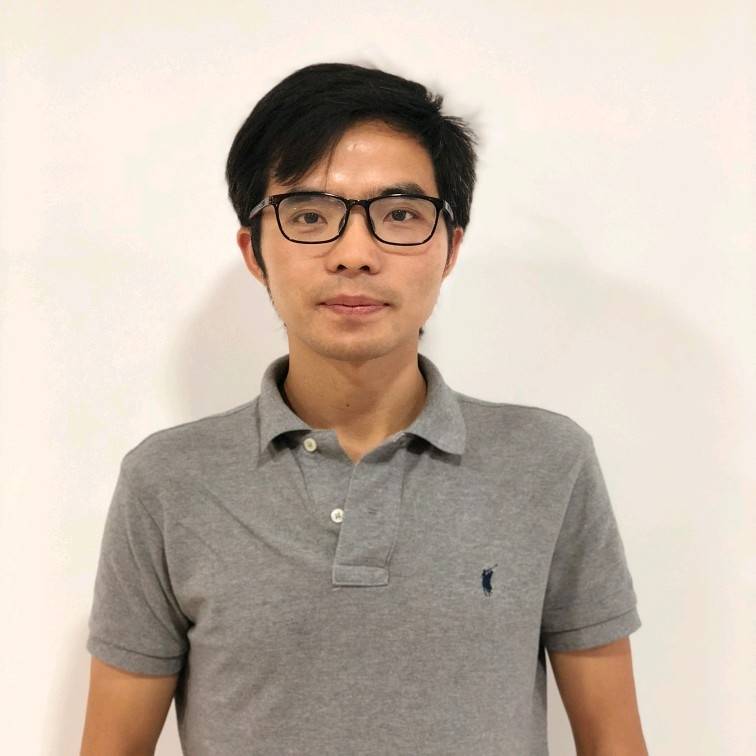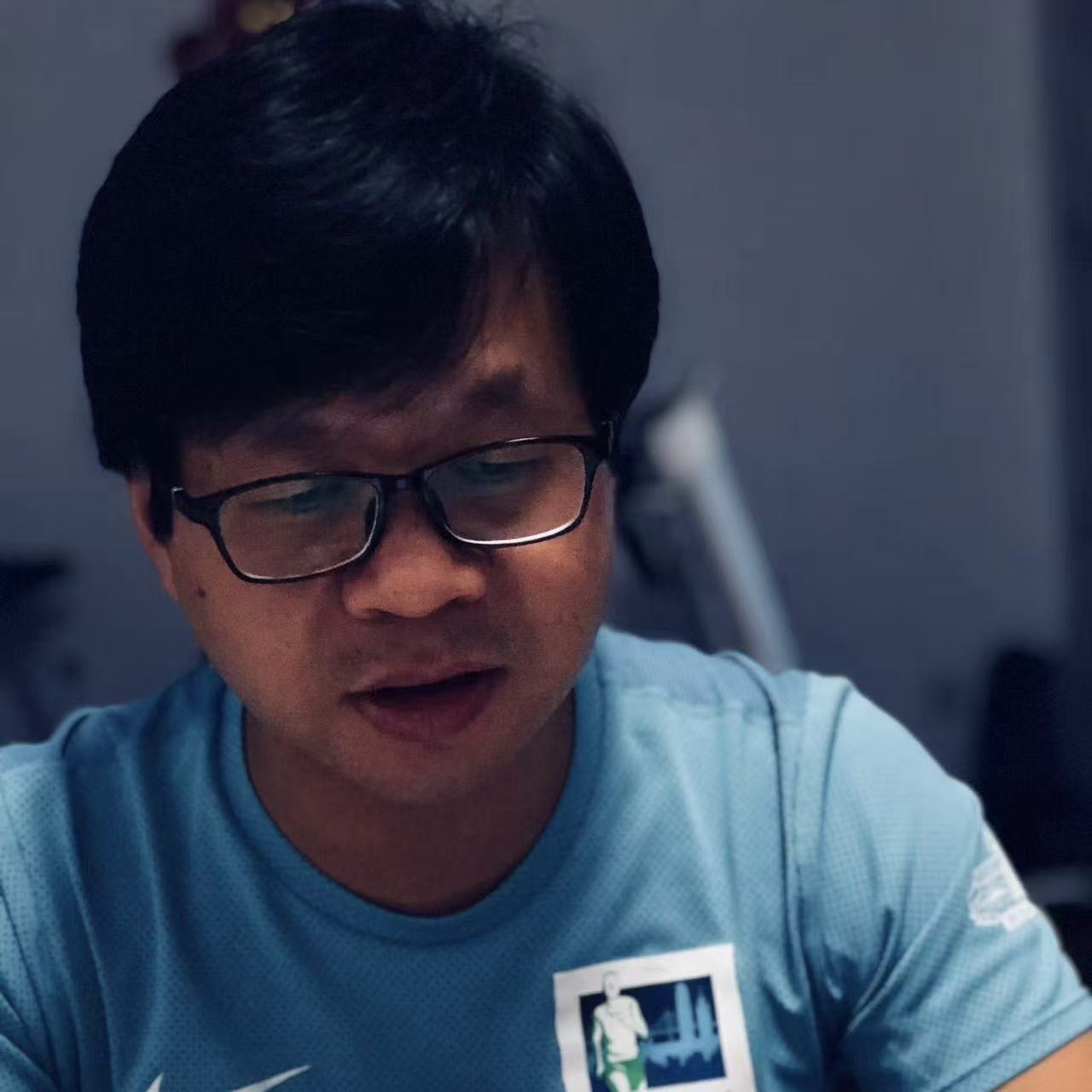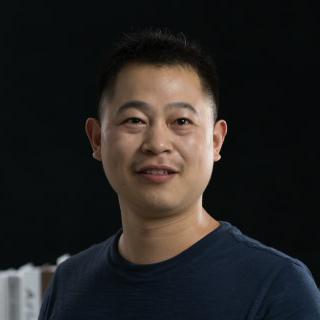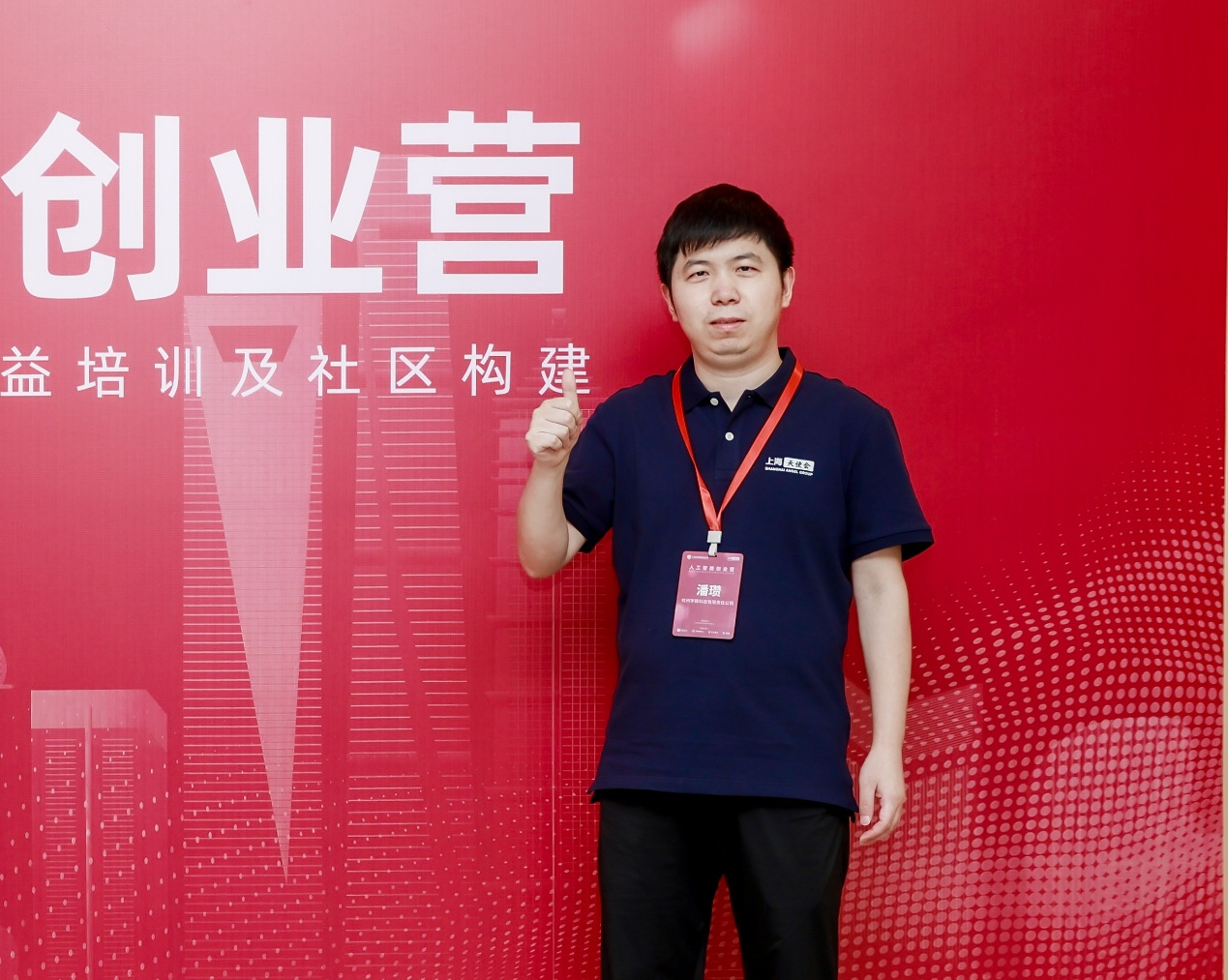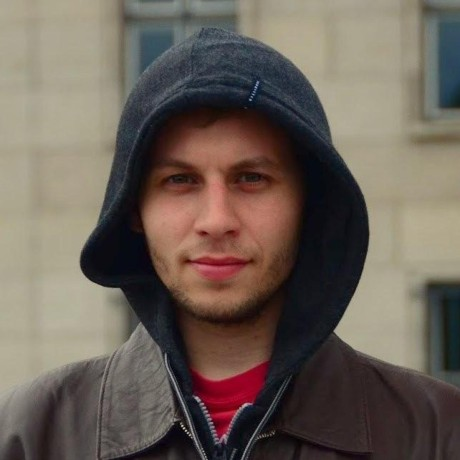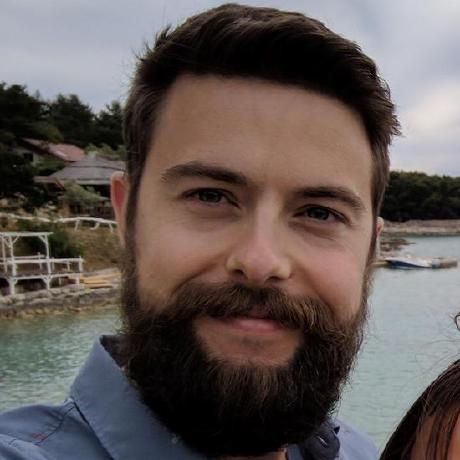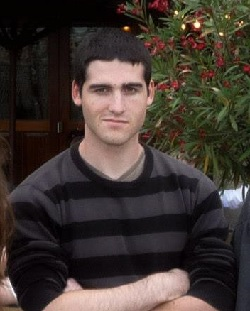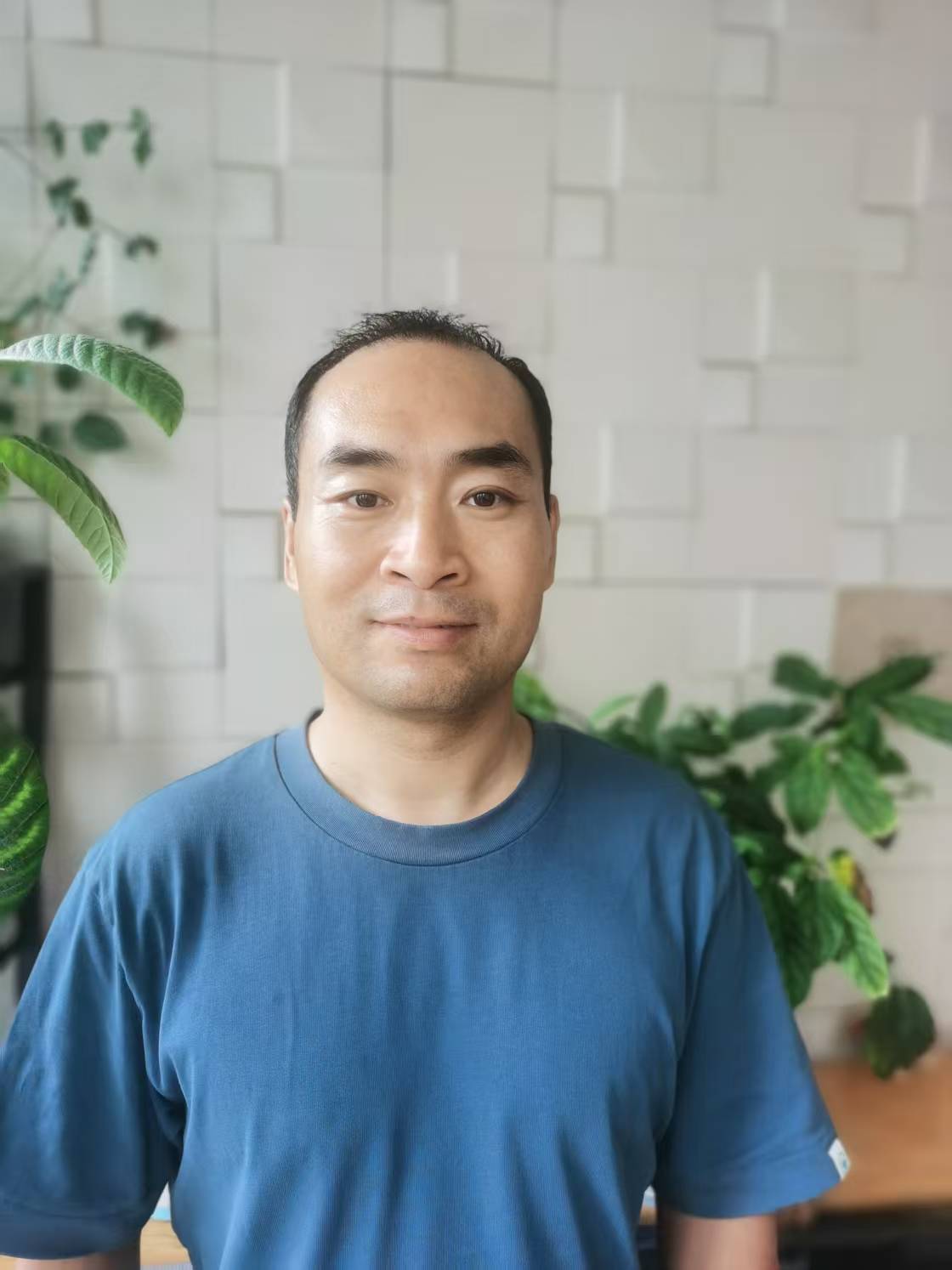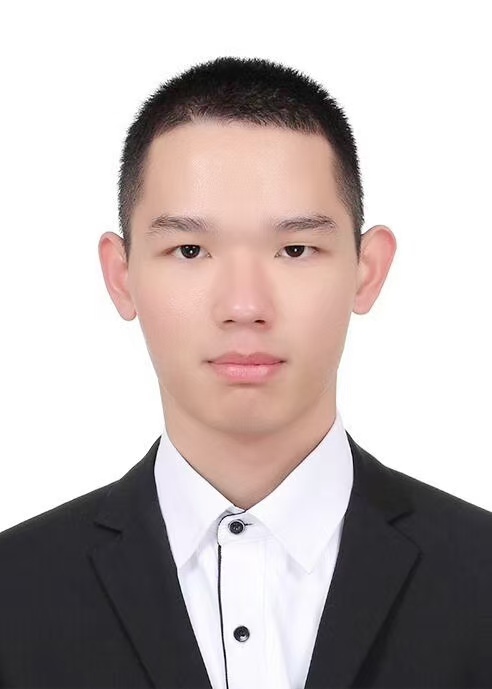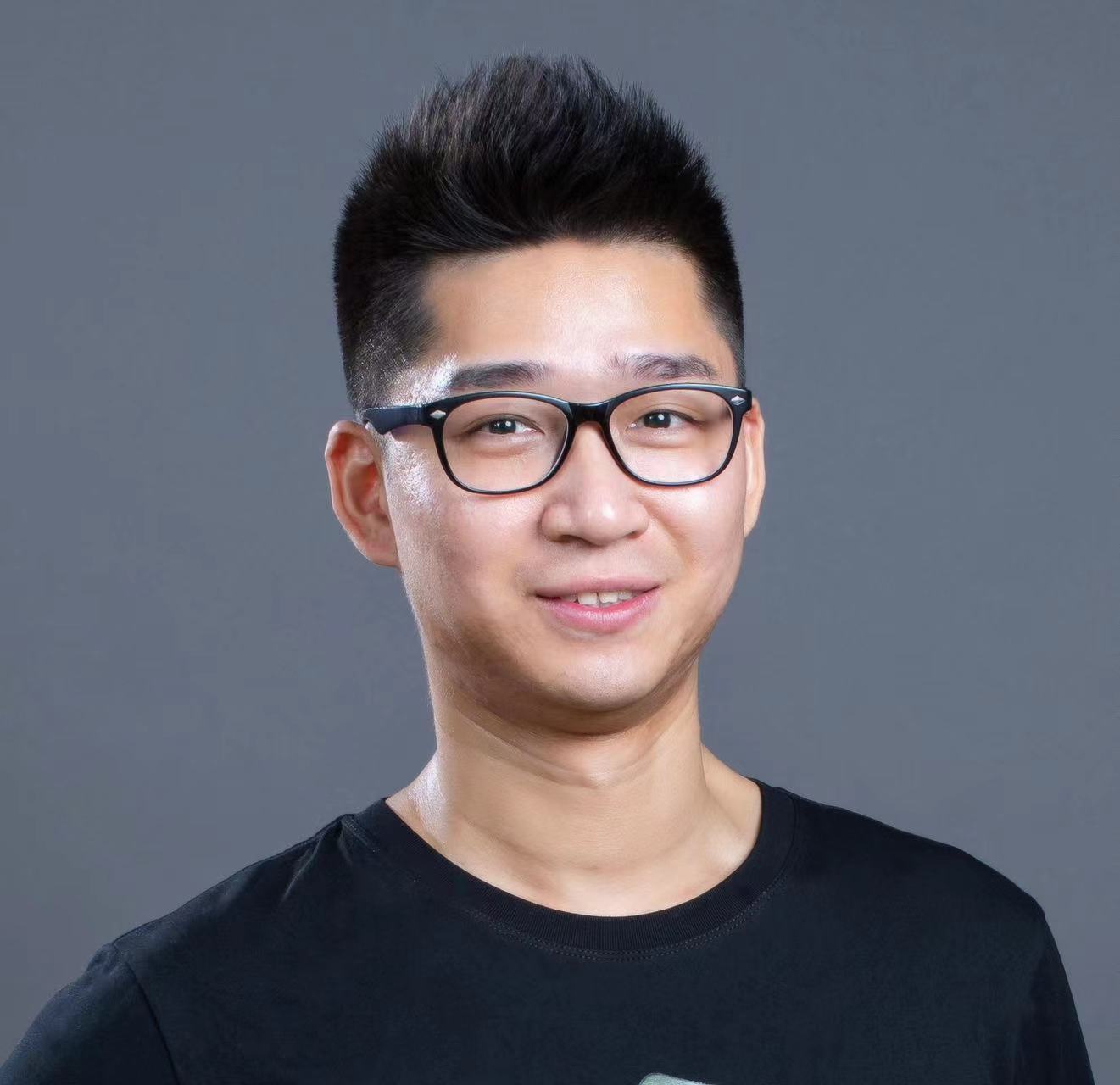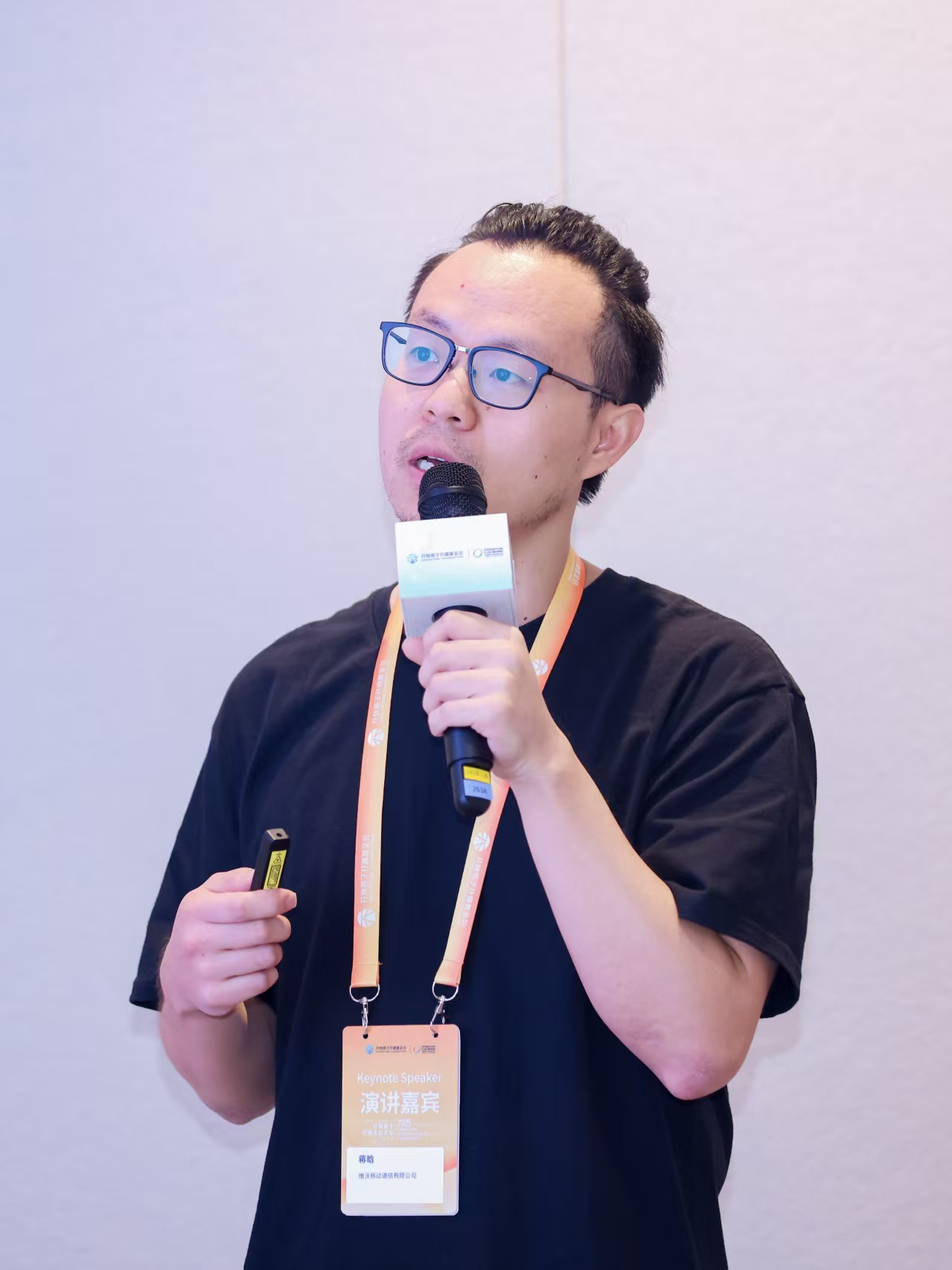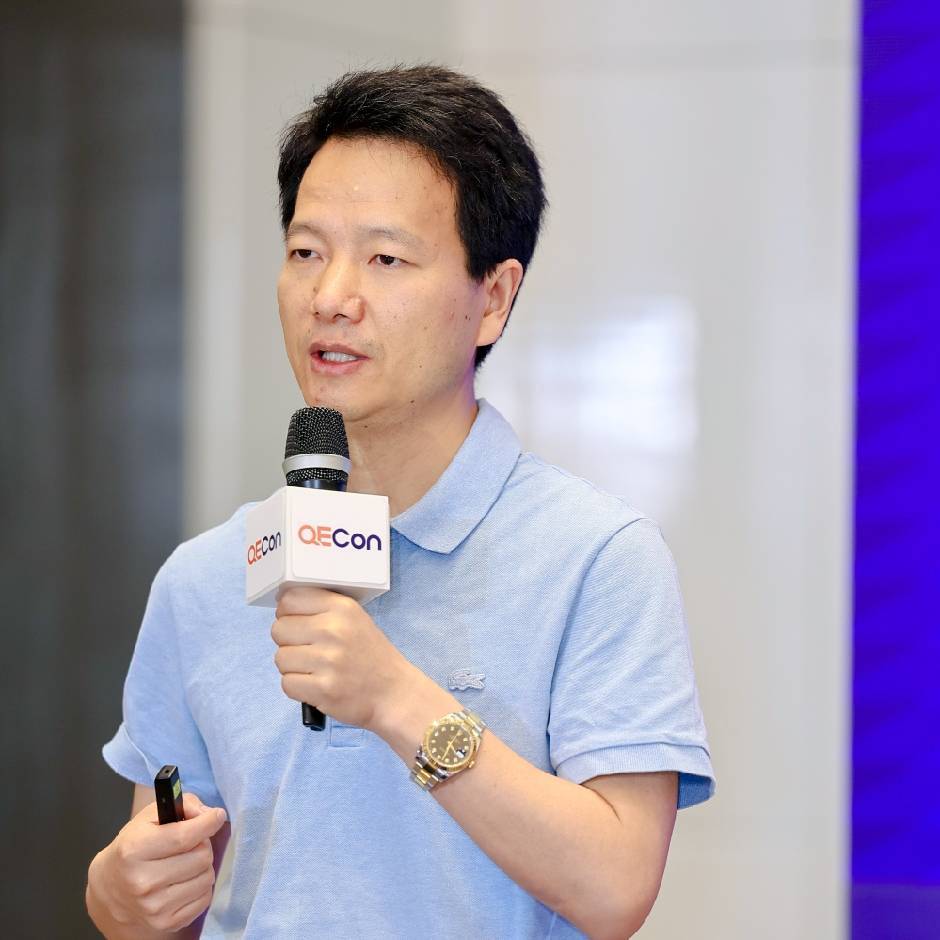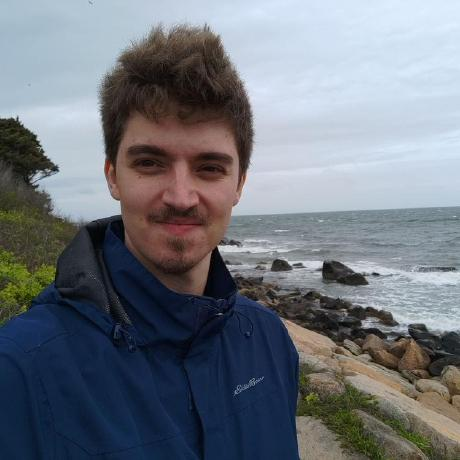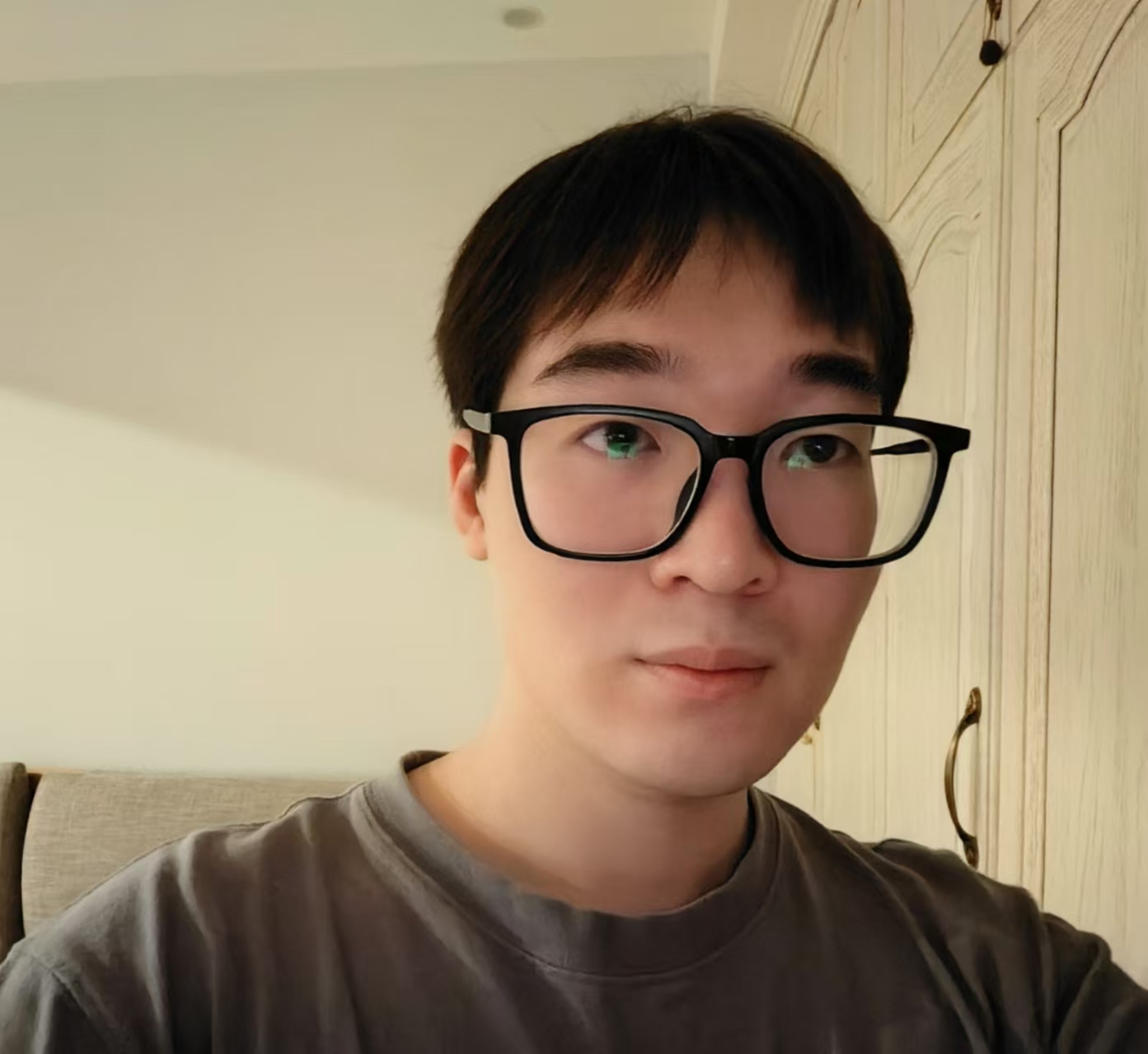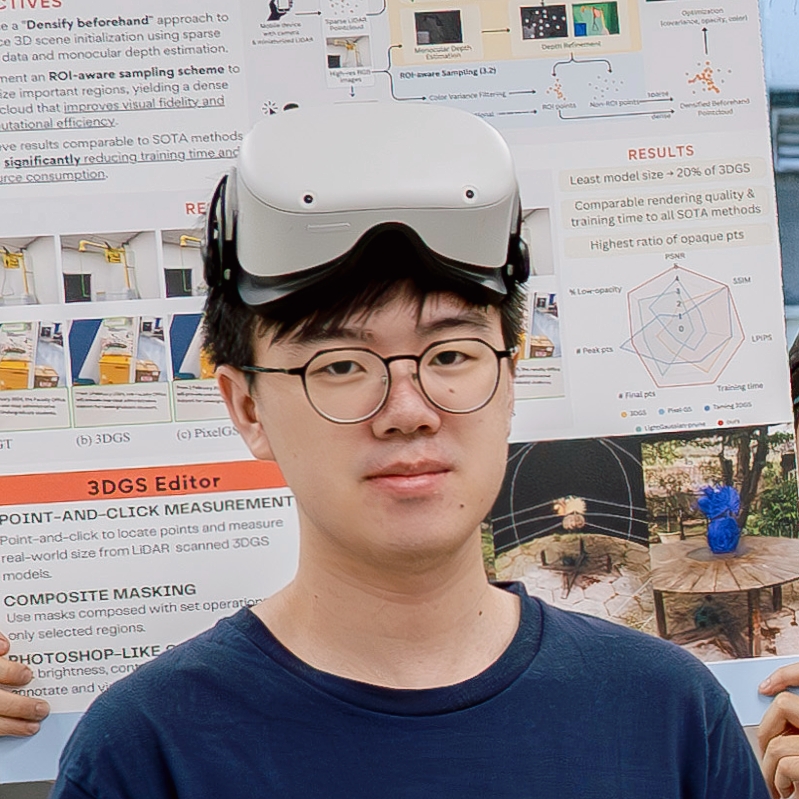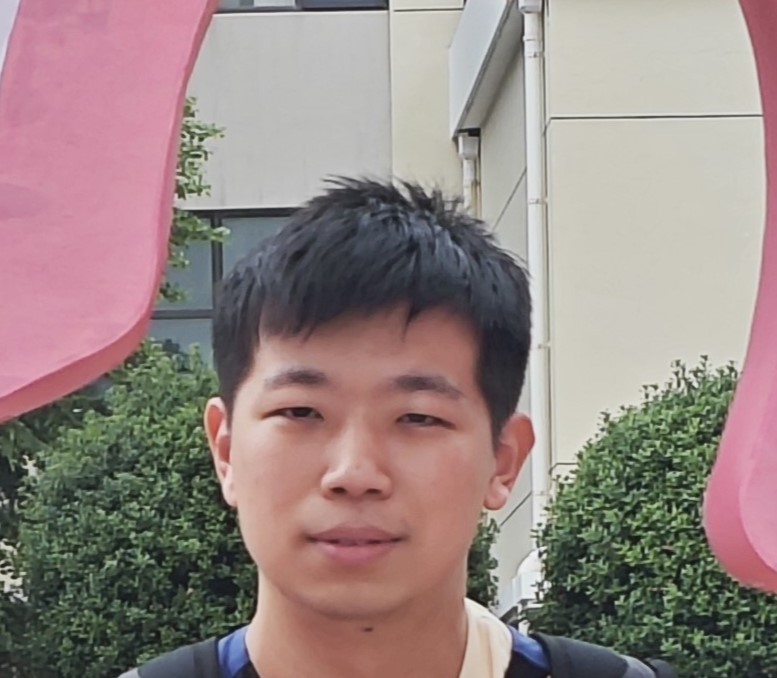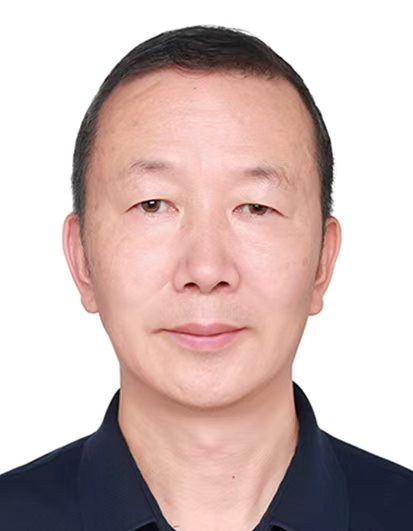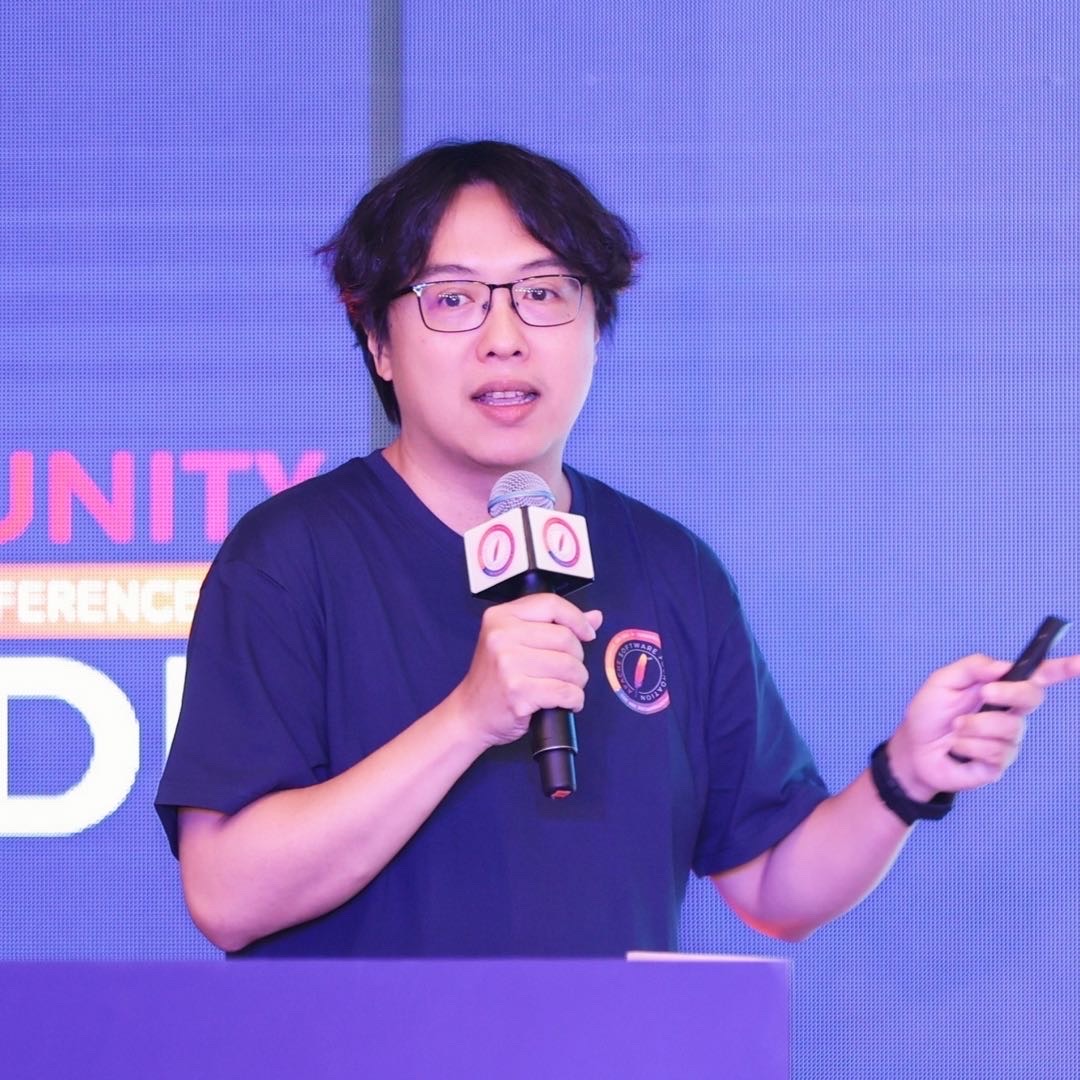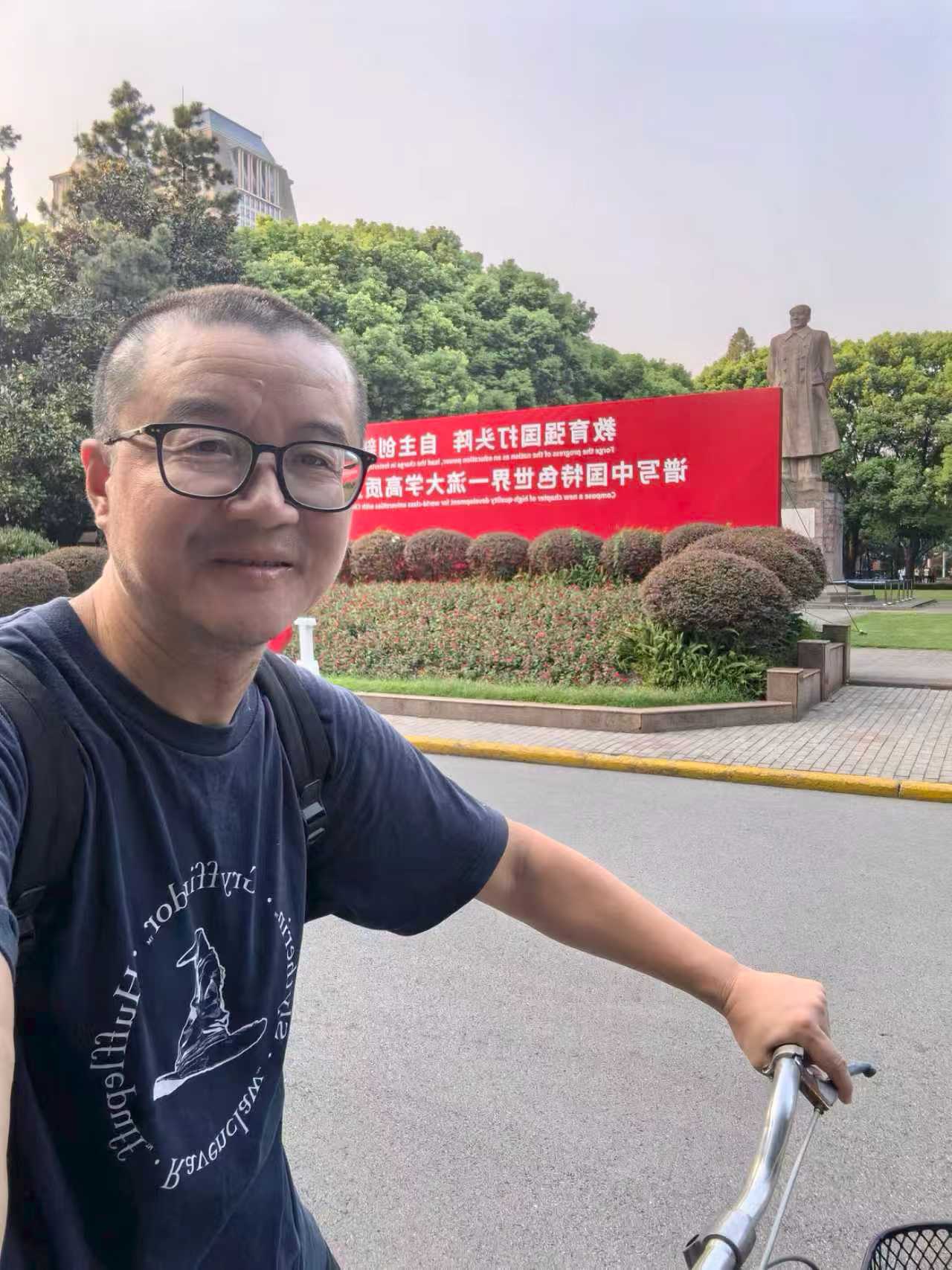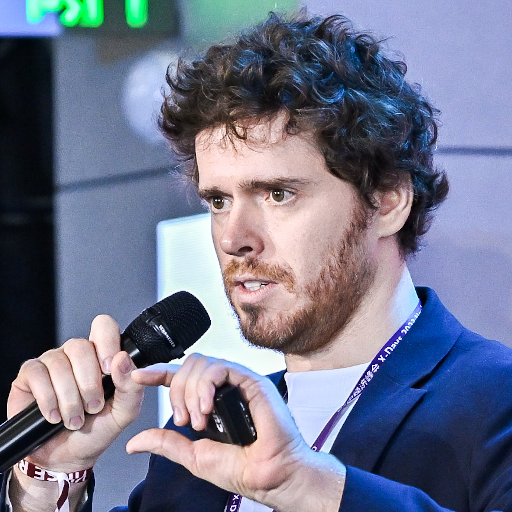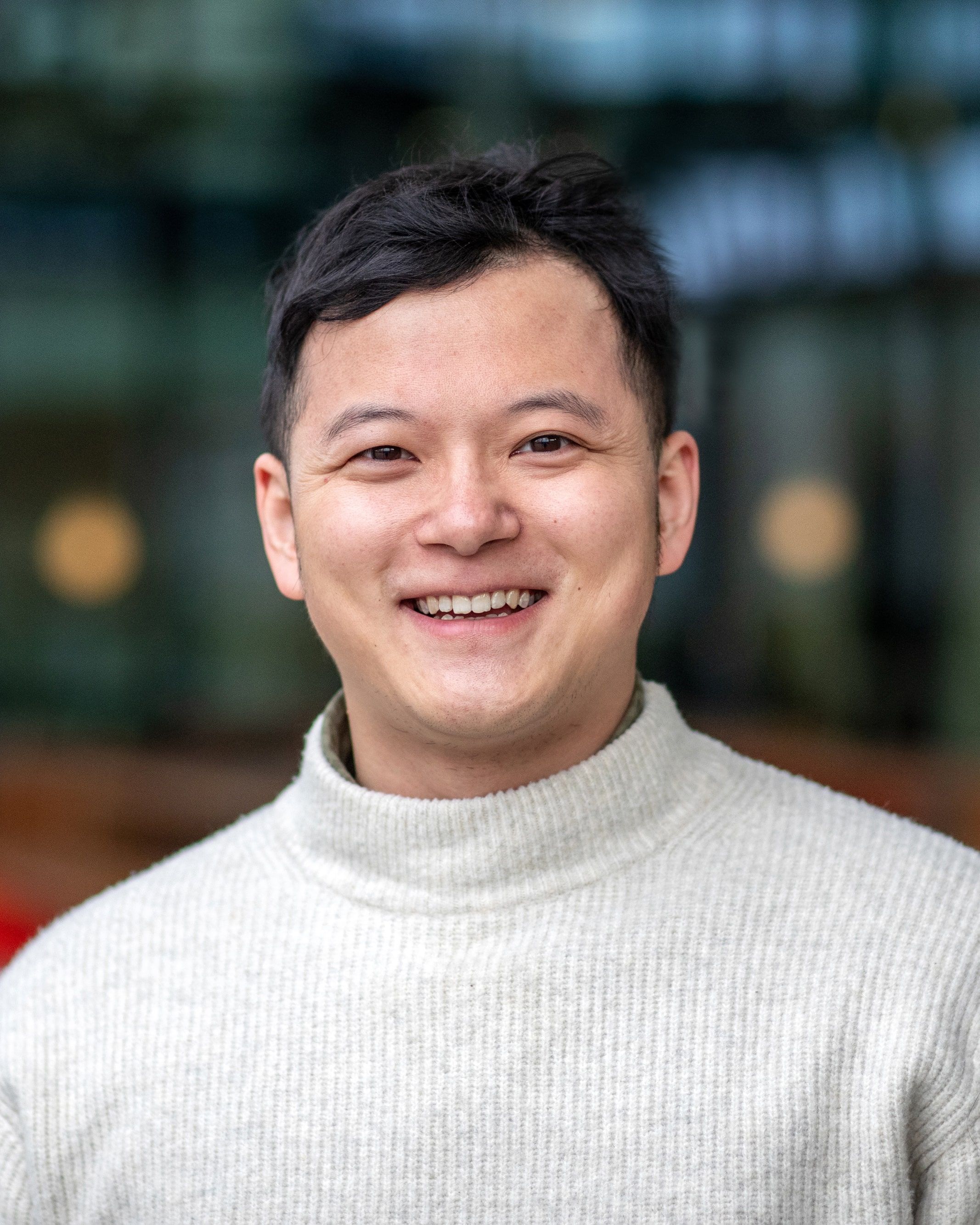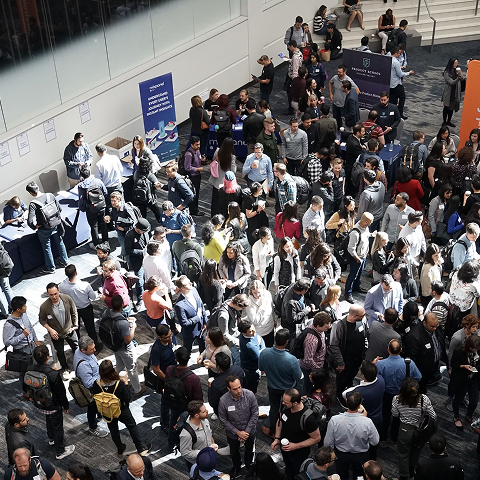September 13-14, 2025
Hangzhou, China
Featured Speakers
Join us at GOSIM Hangzhou 2025, China's premier open-source conference, where innovation, collaboration, and technological breakthroughs converge.
1500 +
Attendees
100 +
Speakers
2
Exhilarating days
Cutting-Edge Tracks, Workshops & Co-Located Events
5 Tracks
AI Models × Infra
Foundation models, edge inference, generative AI, tools for AI training and beyond.
Embodied AI
Apply AI in the real world, from humanoid robotics to autonomous systems.
Agentic Web
Decentralized applications, identity, privacy-enhanced technologies, and collaborative platforms.
Apps × Agents
Cross-platform and AI-assisted app dev, Rust GUI apps, WebAssembly, and super-app ecosystems.
AI Next
AI Enabled Use Cases, AI Devices, Human AI Interfaces, AI Platforms, and AI Governnances
14 Workshops
Cangjie Workshop
Hands-on with the Cangjie language model, from training techniques to real-world application deployment.
Dora Workshop
Develop and deploy robotics applications with the open-source Dora framework for autonomous systems.
SGLang Workshop
Master efficient and controllable large language model inference and interaction using SGLang.
Edge AI Workshop
Learn to optimize and deploy powerful AI models on resource-constrained edge devices for real-time inference.
Future Web Workshop
Explore the next generation of the web, focusing on decentralized identity, agentic AI, and privacy-first technologies.
CANN Workshop
Deep dive into Huawei's Compute Architecture for Neural Networks for high-performance AI solutions.
Flutter Meetup
Learn about Flutter and Nest: a toolkit for extending Flutter’s engine and framework without fracturing the ecosystem.
Chitu First Meetup
Join the first community meetup for the Chitu project to discuss its future and development.
AI for Education Workshop
Discover how AI is transforming education, from personalized learning to administrative tools.
RN Workshop
Leverage your React skills to build native iOS and Android applications with React Native.
Makepad Workshop
Learn how to build fast, cross-platform UIs step-by-step in Rust using Makepad and add AI capabilities with MolyKit.
Embedded Rust x AI Workshop
Explore the intersection of embedded systems and AI using the power and safety of Rust.
Solana for Rustaceans Workshop
Build high-performance, decentralized applications on the Solana blockchain using Rust.
Open Source Globalization Workshop
Explore strategies for globalizing open source projects and effectively reaching international markets.
3 Co-Located Events
Open for SDG Conference
Join leaders and innovators using open source technology to address the UN's Sustainable Development Goals.
AI Vision Forum
A premier forum for discussing the future of artificial intelligence, its ethical implications, and societal impact.
RustChinaConf & Rust Global China
The largest Rust developer conference in China, bringing together the global community to share insights.
Venue
Hangzhou Platinum Hanjue Hotel 杭州白金汉爵酒店
Hangzhou, China - Where Innovation Meets History
Experience GOSIM Hangzhou 2025 in a city renowned for its historical legacy and vibrant technological future. Hangzhou, a historical gem and modern tech hub, offers the perfect backdrop for inspiration, networking, and breakthrough innovations.
Featuring Projects
🤗 Transformers: State-of-the-art Machine Learning for Pytorch, TensorFlow, and JAX.
transformers
Tensors and Dynamic neural networks in Python with strong GPU acceleration
pytorch
Open Source Computer Vision Library
opencv
LLM inference in C/C++
llama.cpp
A high-throughput and memory-efficient inference and serving engine for LLMs
vllm
The Servo Browser Engine
servo
Build multimodal AI applications with cloud-native stack. Framework for building and deploying AI services that communicate via gRPC, HTTP and WebSockets.
jina
Graphs for Everyone
neo4j
React UI + elegant infrastructure for AI Copilots, in-app AI agents, AI chatbots, and AI-powered Textareas.
CopilotKit
🤗 LeRobot: Making AI for Robotics more accessible with end-to-end learning.
LeRobot
Open Source Differentiable Computer Vision Library for PyTorch.
kornia
SGLang is a fast serving framework for large language models and vision language models.
sglang
Kubernetes Native Edge Computing Framework (project under CNCF)
kubeedge
A state-of-the-art open-source visual language model (VLM) from the team behind ChatGLM.
CogVLM
MindSpore is a new open source deep learning training/inference framework that could be used for mobile, edge and cloud scenarios.
mindspore
2D and 3D physics engines focusing on performance, parallelization, and stability.
rapier
A cloud-native batch system and scheduler for high-performance computing, project under CNCF.
Volcano
🚀 Accelerate training and inference of 🤗 Transformers and 🤗 Diffusers with easy-to-use hardware optimization tools.
optimum
A zero-code platform for auto-generating agents, supporting powerful agent control, data processing, and MCP tools.
Nexent
zenoh unifies data in motion, data in-use, data at rest and computations. It carefully blends traditional pub/sub with geo-distributed storages, queries and computations.
zenoh
The openEuler community edition source code.
openeuler
An open-source, distributed operating system for the future of smart devices in all scenarios.
OpenHarmony
DORA (Dataflow-Oriented Robotic Architecture) is middleware designed to streamline and simplify the creation of AI-based robotic applications.
dora
OpenLoong is an open-source control framework for humanoid robots.
openloong
A Layer 1 EVM-compatible smart contract platform focused on sustainability and the 5th industrial revolution.
5ireChain
ROS packages and drivers for integrating and controlling Unitree's quadruped robots.
Unitree ROS
A repository of sample code and tutorials for ModelArts, Huawei's one-stop AI development and management platform.
ModelArts-Lab
OpenGPT-X is a project to train and open source large-scale German language models.
OpenGPT-X
A Python library for the Data Science Definition Language, enabling interoperability between data spaces.
DSDL
A universal resolver for Decentralized Identifiers (DIDs).
universal-resolver
Bielik 7B is a Polish language model based on Mistral 7B.
Bielik-7B
Open source dual-arm humanoid robot chassis project.
MickRobot
An MLOps framework for continuous learning.
retrain-pipelines
The world's first open-source communication protocol designed for intelligent agents.
Agent Network Protocol
A highly-optimized framework for large language model inference on a single GPU.
KTransformers
CANN (Compute Architecture for Neural Networks) is a heterogeneous computing architecture for AI scenarios.
CANN
A framework that makes it easier and more productive to develop microservices with Spring Cloud in the Huawei Cloud ecosystem.
Spring Cloud Huawei
OpenSeek aims to unite the global open source community to drive collaborative innovation in algorithms, data and systems to develop next-generation models that surpass DeepSeek.
OpenSeek
Mooncake is a tool for backing up and restoring Cosmos SDK application state.
mooncake
Moxin is a family of fully open-source and reproducible LLMs
Moxin-LLM
A Benchmark for Chinese Song Comprehension and Generation.
SongEval
A suite of inference accelerators designed for the Ascend NPU platform, offering native support and an expanding feature set.
Omni-Infer
🤗 Transformers: State-of-the-art Machine Learning for Pytorch, TensorFlow, and JAX.
transformers
Tensors and Dynamic neural networks in Python with strong GPU acceleration
pytorch
Open Source Computer Vision Library
opencv
LLM inference in C/C++
llama.cpp
A high-throughput and memory-efficient inference and serving engine for LLMs
vllm
The Servo Browser Engine
servo
Build multimodal AI applications with cloud-native stack. Framework for building and deploying AI services that communicate via gRPC, HTTP and WebSockets.
jina
Graphs for Everyone
neo4j
React UI + elegant infrastructure for AI Copilots, in-app AI agents, AI chatbots, and AI-powered Textareas.
CopilotKit
🤗 LeRobot: Making AI for Robotics more accessible with end-to-end learning.
LeRobot
Open Source Differentiable Computer Vision Library for PyTorch.
kornia
SGLang is a fast serving framework for large language models and vision language models.
sglang
Kubernetes Native Edge Computing Framework (project under CNCF)
kubeedge
A state-of-the-art open-source visual language model (VLM) from the team behind ChatGLM.
CogVLM
MindSpore is a new open source deep learning training/inference framework that could be used for mobile, edge and cloud scenarios.
mindspore
2D and 3D physics engines focusing on performance, parallelization, and stability.
rapier
A cloud-native batch system and scheduler for high-performance computing, project under CNCF.
Volcano
🚀 Accelerate training and inference of 🤗 Transformers and 🤗 Diffusers with easy-to-use hardware optimization tools.
optimum
A zero-code platform for auto-generating agents, supporting powerful agent control, data processing, and MCP tools.
Nexent
zenoh unifies data in motion, data in-use, data at rest and computations. It carefully blends traditional pub/sub with geo-distributed storages, queries and computations.
zenoh
The openEuler community edition source code.
openeuler
An open-source, distributed operating system for the future of smart devices in all scenarios.
OpenHarmony
DORA (Dataflow-Oriented Robotic Architecture) is middleware designed to streamline and simplify the creation of AI-based robotic applications.
dora
OpenLoong is an open-source control framework for humanoid robots.
openloong
A Layer 1 EVM-compatible smart contract platform focused on sustainability and the 5th industrial revolution.
5ireChain
ROS packages and drivers for integrating and controlling Unitree's quadruped robots.
Unitree ROS
A repository of sample code and tutorials for ModelArts, Huawei's one-stop AI development and management platform.
ModelArts-Lab
OpenGPT-X is a project to train and open source large-scale German language models.
OpenGPT-X
A Python library for the Data Science Definition Language, enabling interoperability between data spaces.
DSDL
A universal resolver for Decentralized Identifiers (DIDs).
universal-resolver
Bielik 7B is a Polish language model based on Mistral 7B.
Bielik-7B
Open source dual-arm humanoid robot chassis project.
MickRobot
An MLOps framework for continuous learning.
retrain-pipelines
The world's first open-source communication protocol designed for intelligent agents.
Agent Network Protocol
A highly-optimized framework for large language model inference on a single GPU.
KTransformers
CANN (Compute Architecture for Neural Networks) is a heterogeneous computing architecture for AI scenarios.
CANN
A framework that makes it easier and more productive to develop microservices with Spring Cloud in the Huawei Cloud ecosystem.
Spring Cloud Huawei
OpenSeek aims to unite the global open source community to drive collaborative innovation in algorithms, data and systems to develop next-generation models that surpass DeepSeek.
OpenSeek
Mooncake is a tool for backing up and restoring Cosmos SDK application state.
mooncake
Moxin is a family of fully open-source and reproducible LLMs
Moxin-LLM
A Benchmark for Chinese Song Comprehension and Generation.
SongEval
A suite of inference accelerators designed for the Ascend NPU platform, offering native support and an expanding feature set.
Omni-Infer
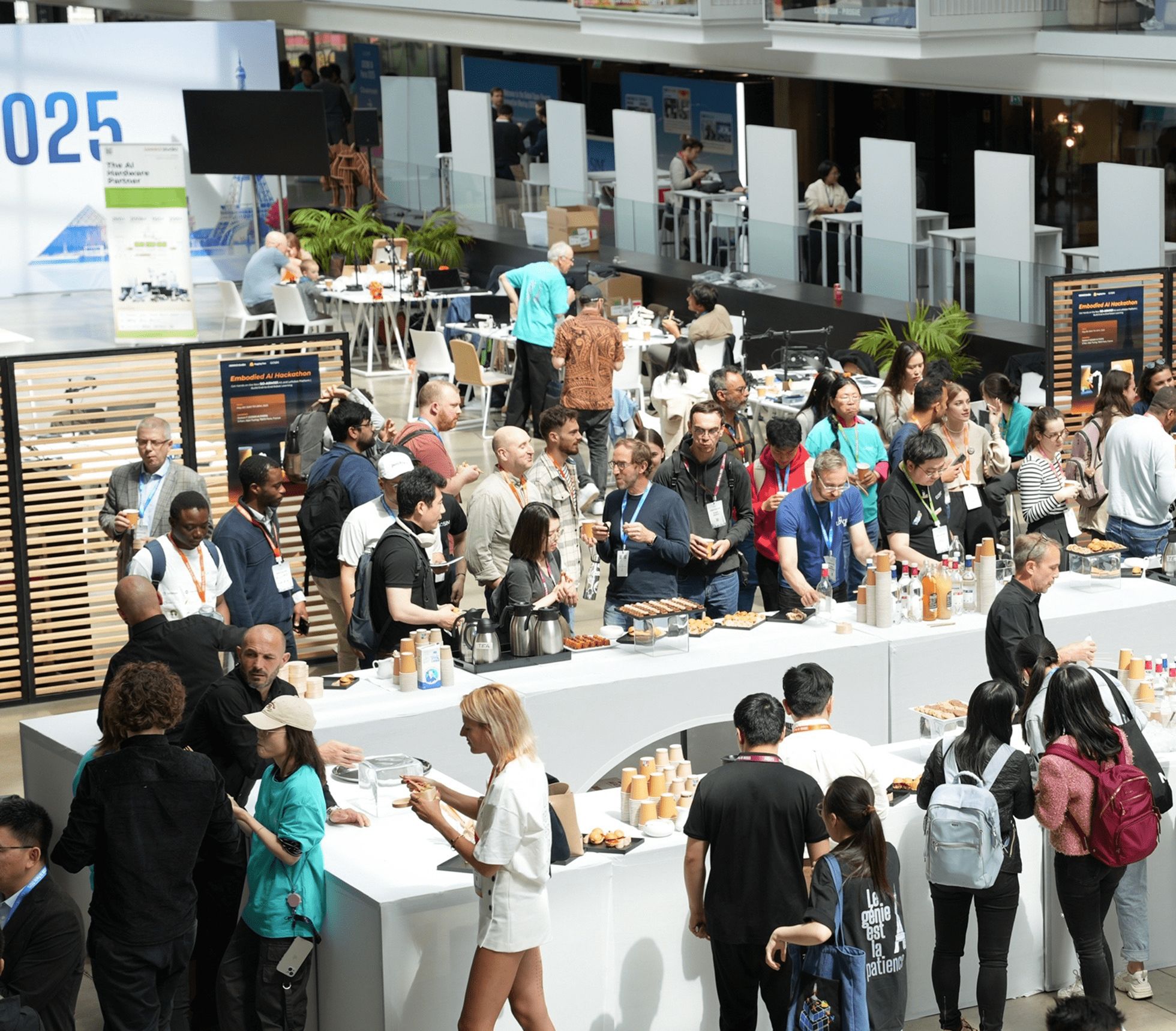
Call for Proposals - 8/18 Due
We’re looking for bold ideas and fresh voices to shape the future. If you have insights on cutting-edge technology, emerging trends, or transformative practices, we want to hear from you. Submit a proposal to speak and join a lineup of innovators, thought leaders, and changemakers pushing the boundaries of what’s next.
May 18, 2025
Proposal applications open
August 18, 2025
Proposal applications close
September 13, 2025
GOSIM Hangzhou kicks off!
September 14, 2025
GOSIM Hangzhou concludes
Co-located Events
GOSIM Hangzhou 2025 is enriched by a set of co-located events that bring fresh perspectives and hands-on innovation. From RustGlobal & RustChinaConf to forums on AI, sustainability, and next-generation agents, these gatherings create space for deep learning, collaboration, and breakthrough ideas. Together, they extend the impact of the summit and connect global communities driving the future of technology.
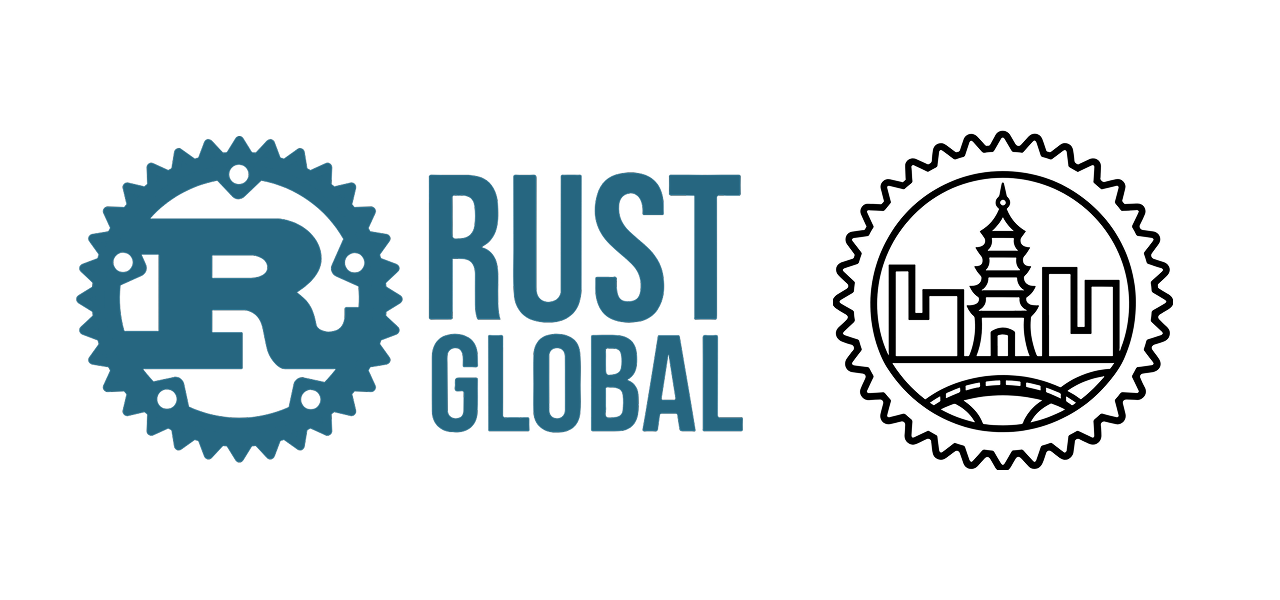
RustGlobal & RustChinaConf
RustGlobal is the first Rust Foundation–hosted gathering, dedicated to showcasing the use of Rust in global leadership, innovation, and technology settings worldwide.
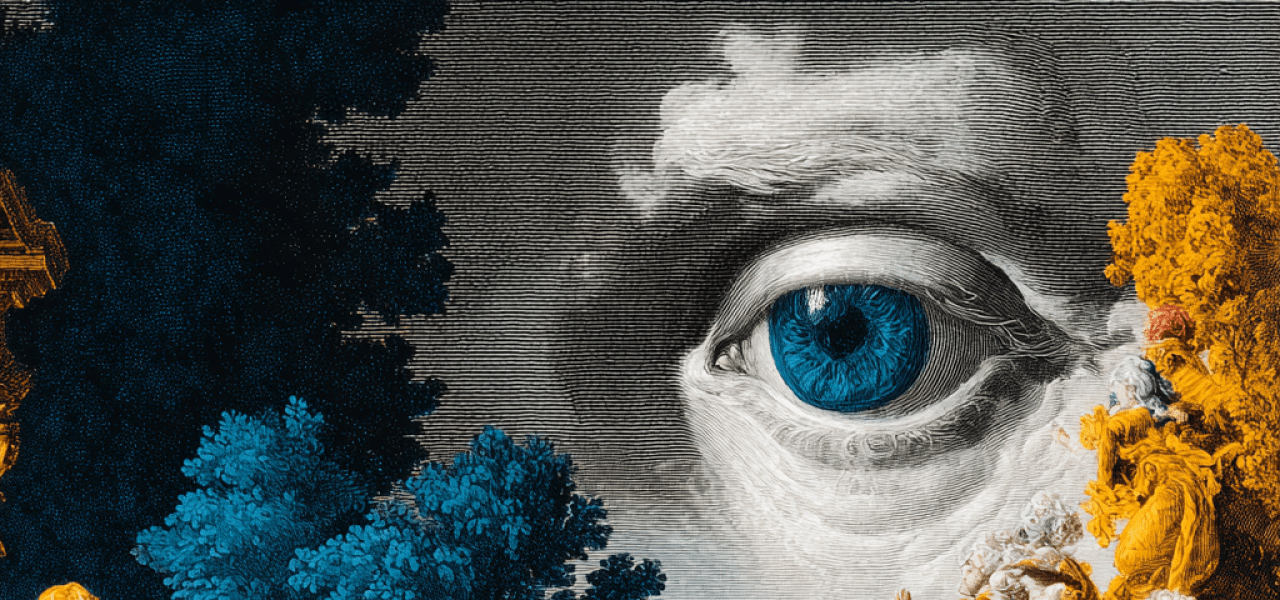
AI Vision Forum
An exclusive forum for global thinkers and practitioners to explore a symbiotic future for AI and humanity, ensuring technological progress is guided by core human values.

Open for SDG Conference
A global conference uniting experts in open source, AI, and policy to accelerate the UN Sustainable Development Goals (SDGs) through open collaboration and technology.
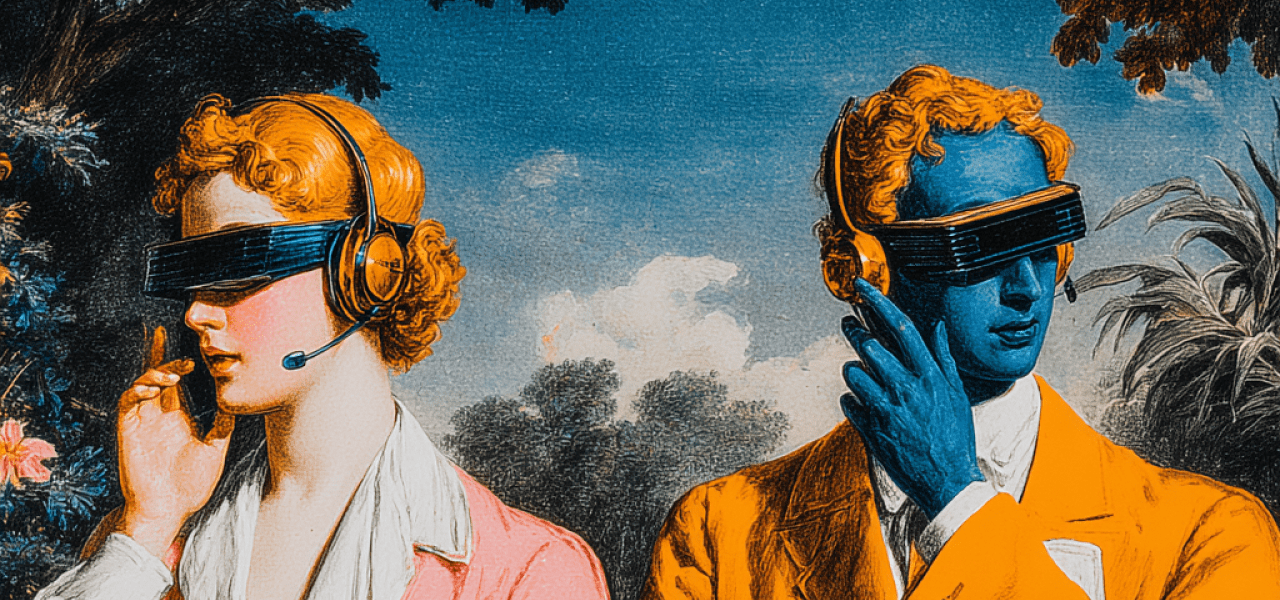
Super Agent Campathon
A developer 'Campathon' that combines a training camp with a hackathon, challenging participants to build personalized and emotionally intelligent 'Super Agents' for next-generation interaction.

Code Alert Hackathon
An AI hackathon inspired by the classic strategy game "Red Alert." Competitors will harness natural language to command AI agents through a series of online challenges, culminating in intense live final battles.
Sponsorship Opportunities
Reach thousands of people in your target audience by becoming a supporting organization at GOSIM Hangzhou 2025.
*Previous GOSIM conference sponsors shown for illustration purposes only.
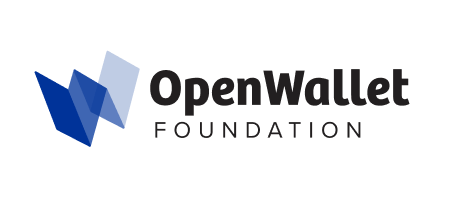

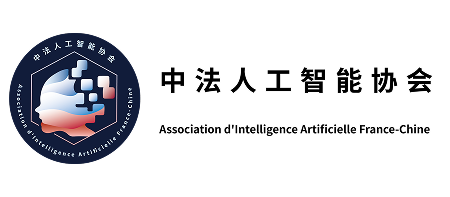

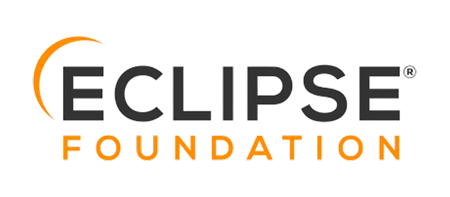

GOSIM AI for Human Spotlight
Towards a Symbiotic Future of Ethical and Creative AI: What if AI wasn't just built to serve, but to co-create with us? AI for Human Spotlight is an international showcase for projects that explore how generative AI can foster empathy, shared creativity, and ethical coexistence.
Previous Events
Grab your GOSIM Hangzhou ticket
Hangzhou, China
September 13-14, 2025
Secure your spot today at GOSIM Hangzhou 2025. Collaborate with innovators, engage with industry pioneers, and be part of shaping the future of open-source technology.
